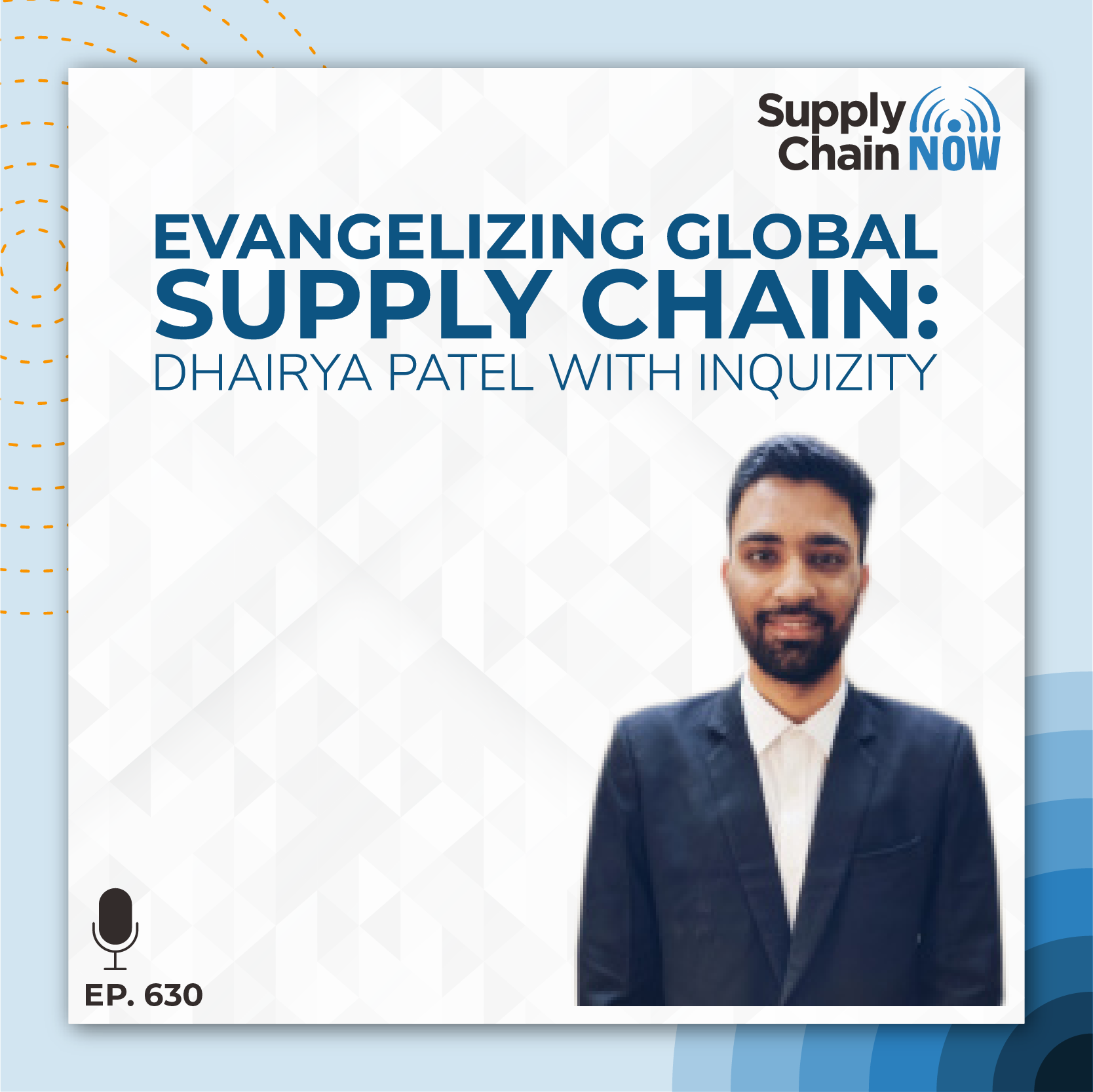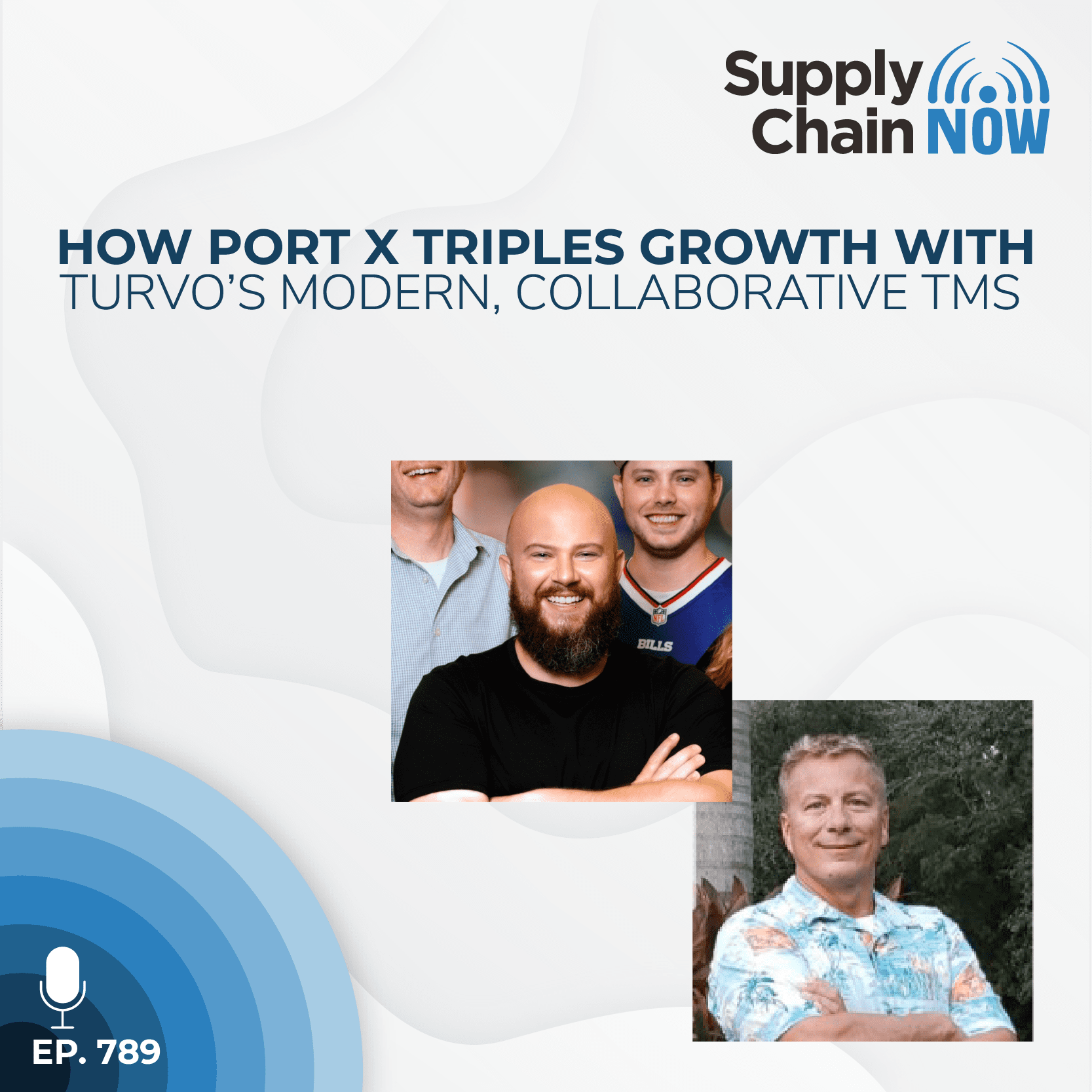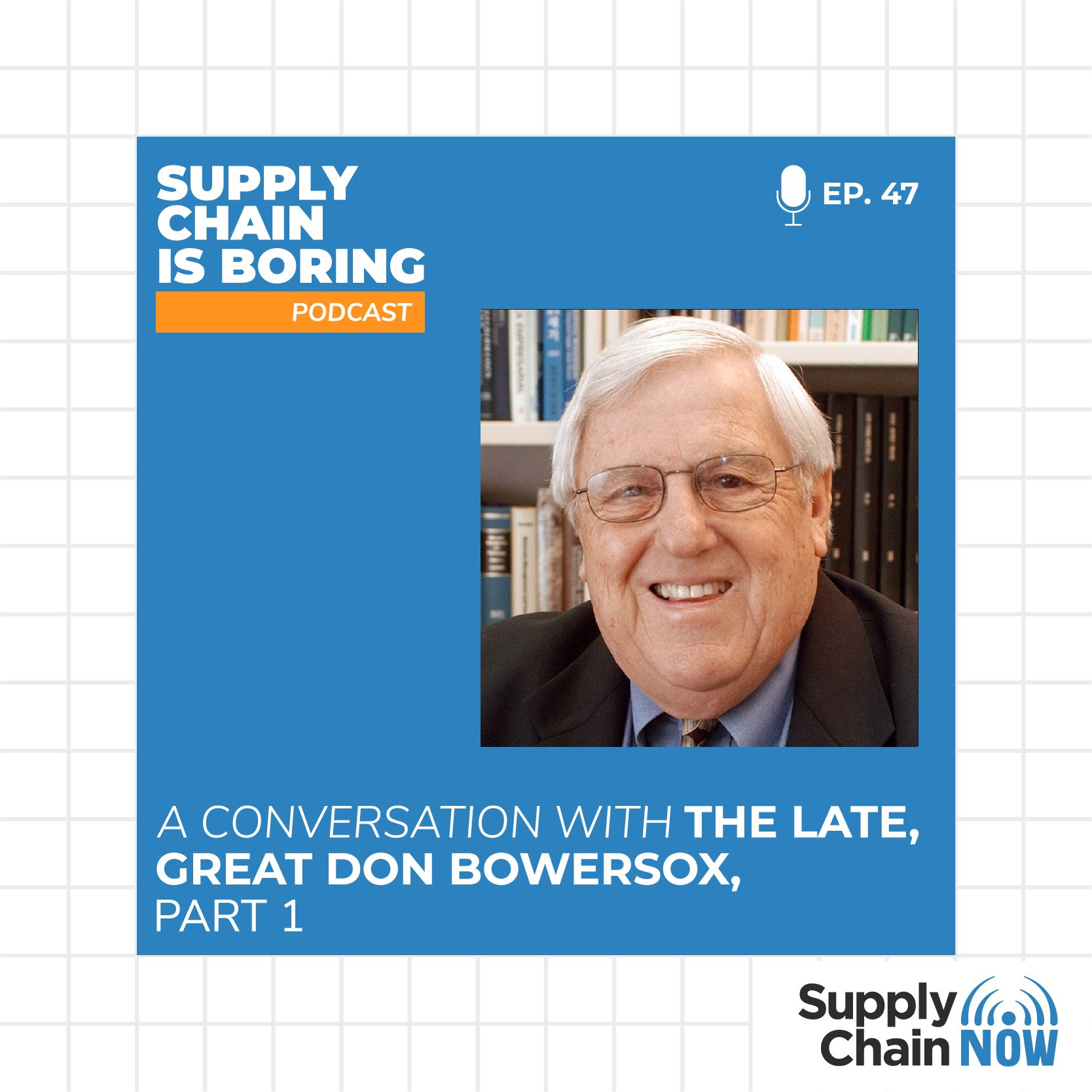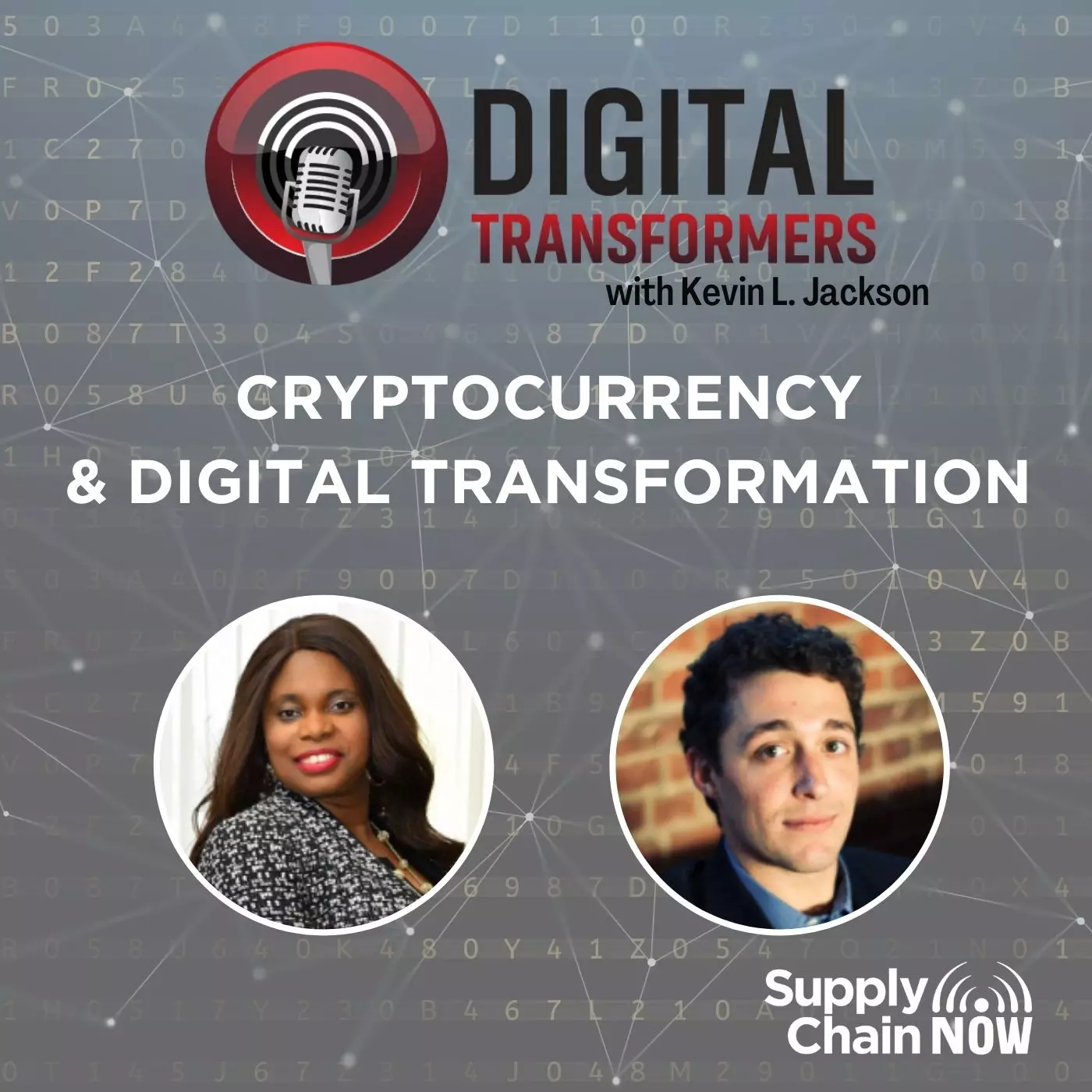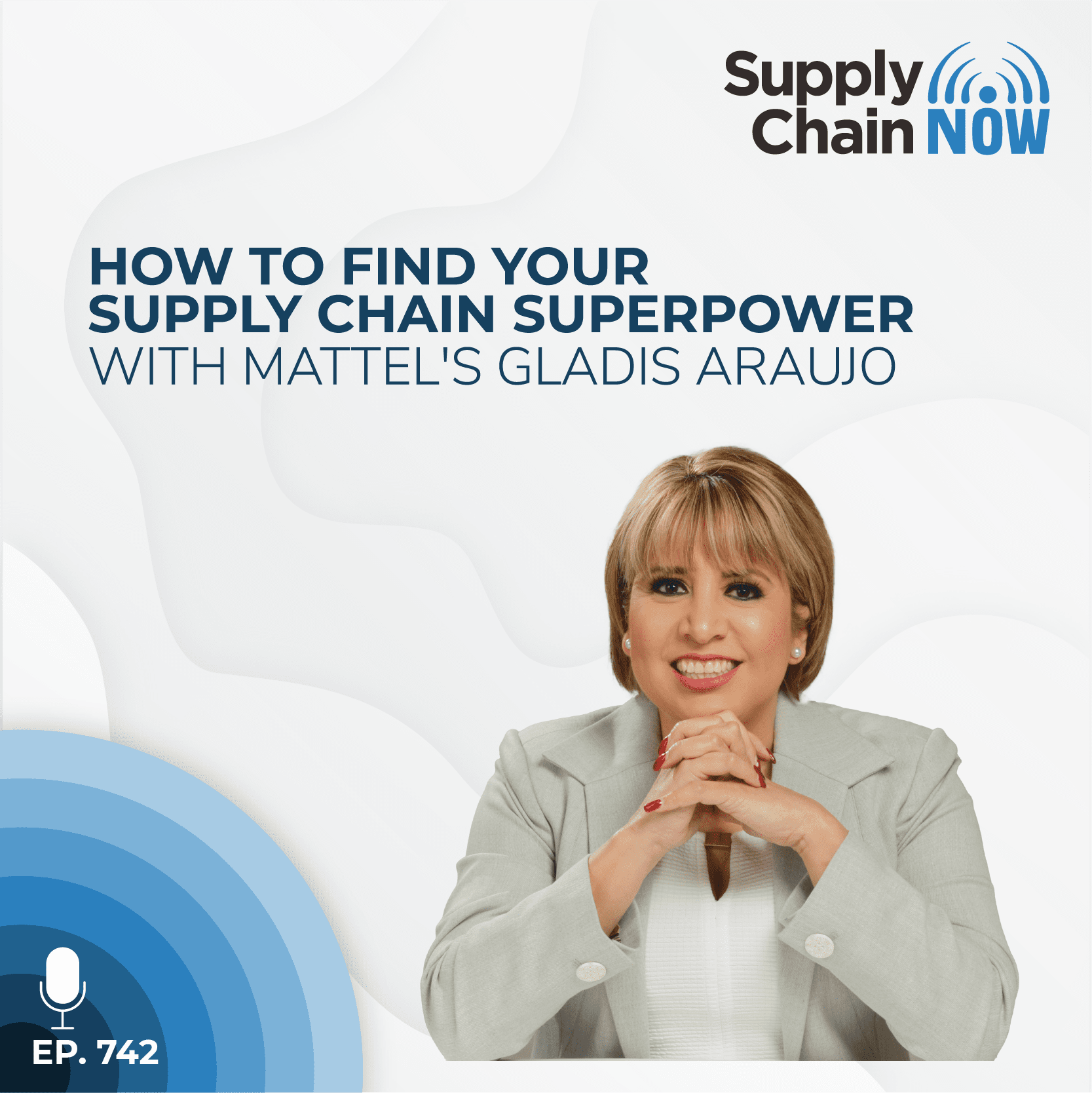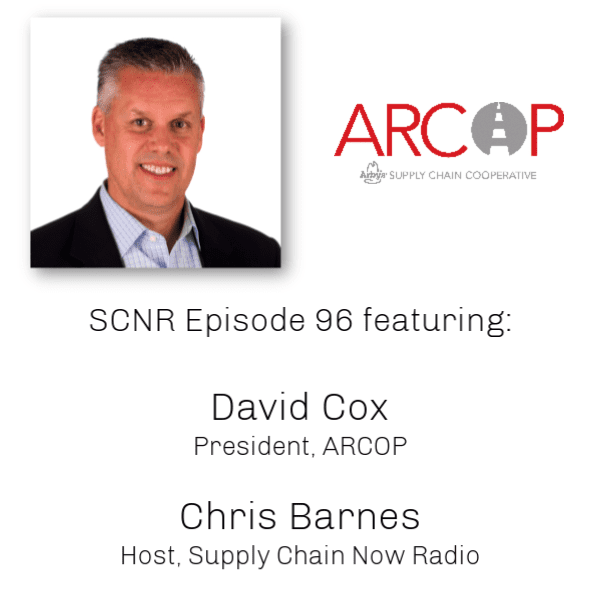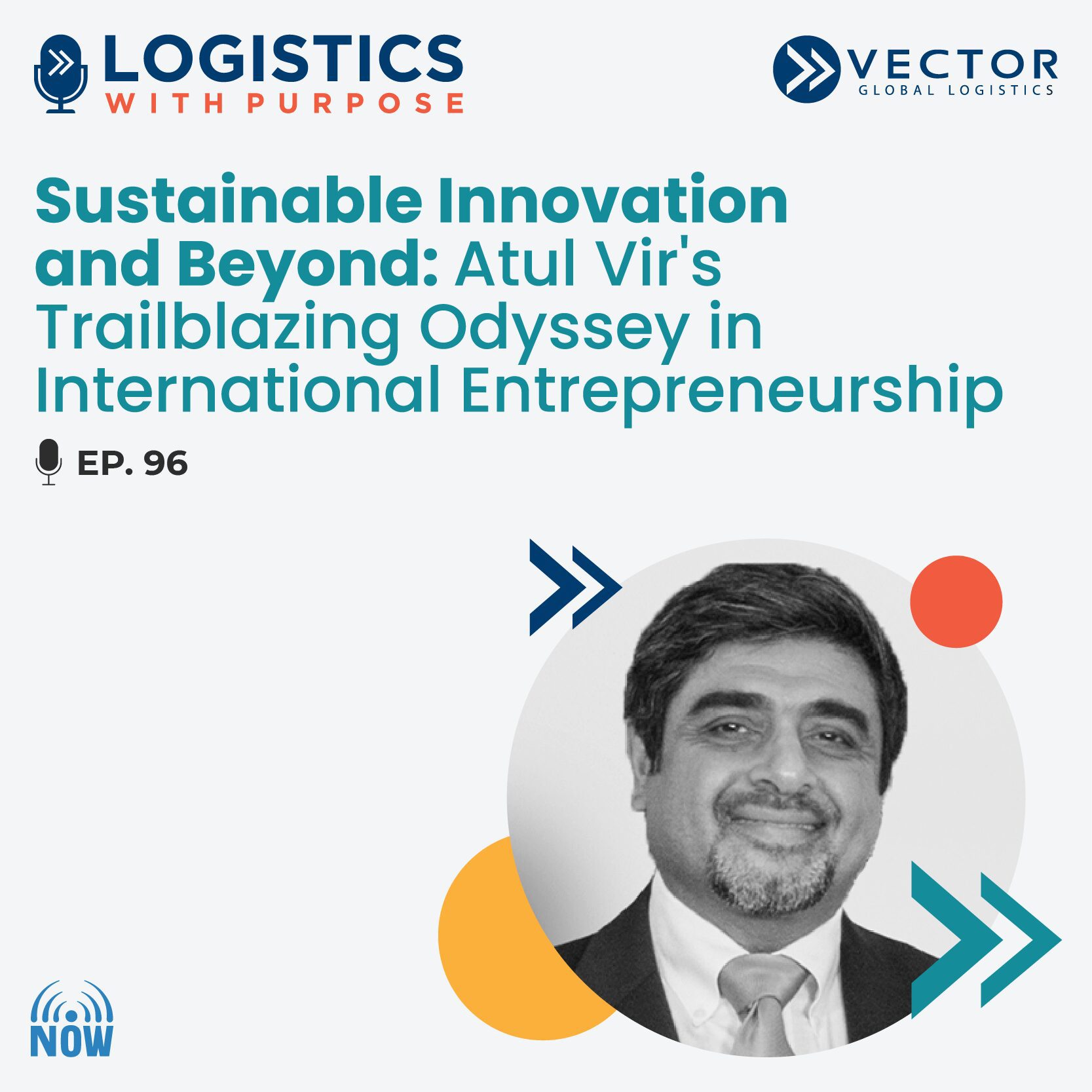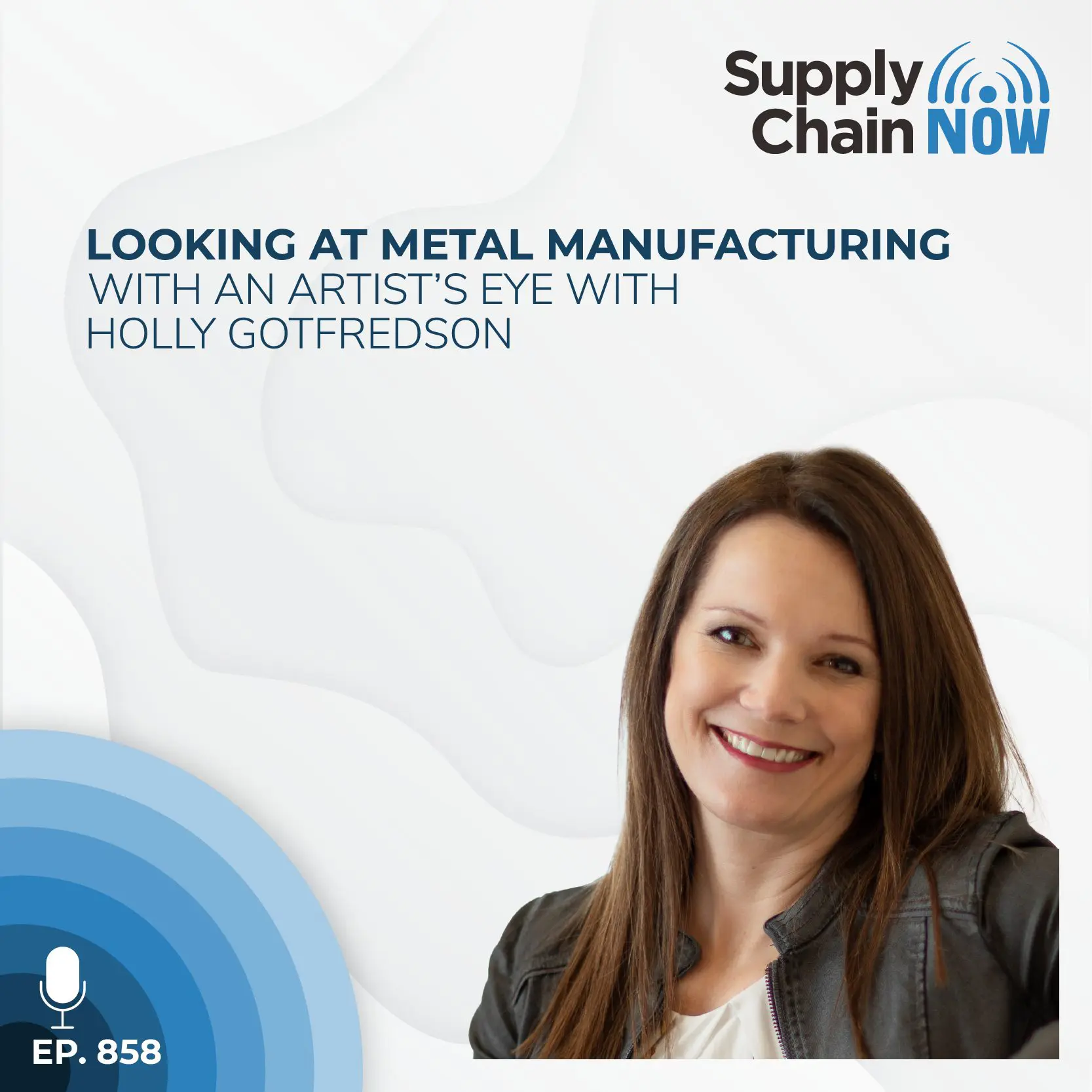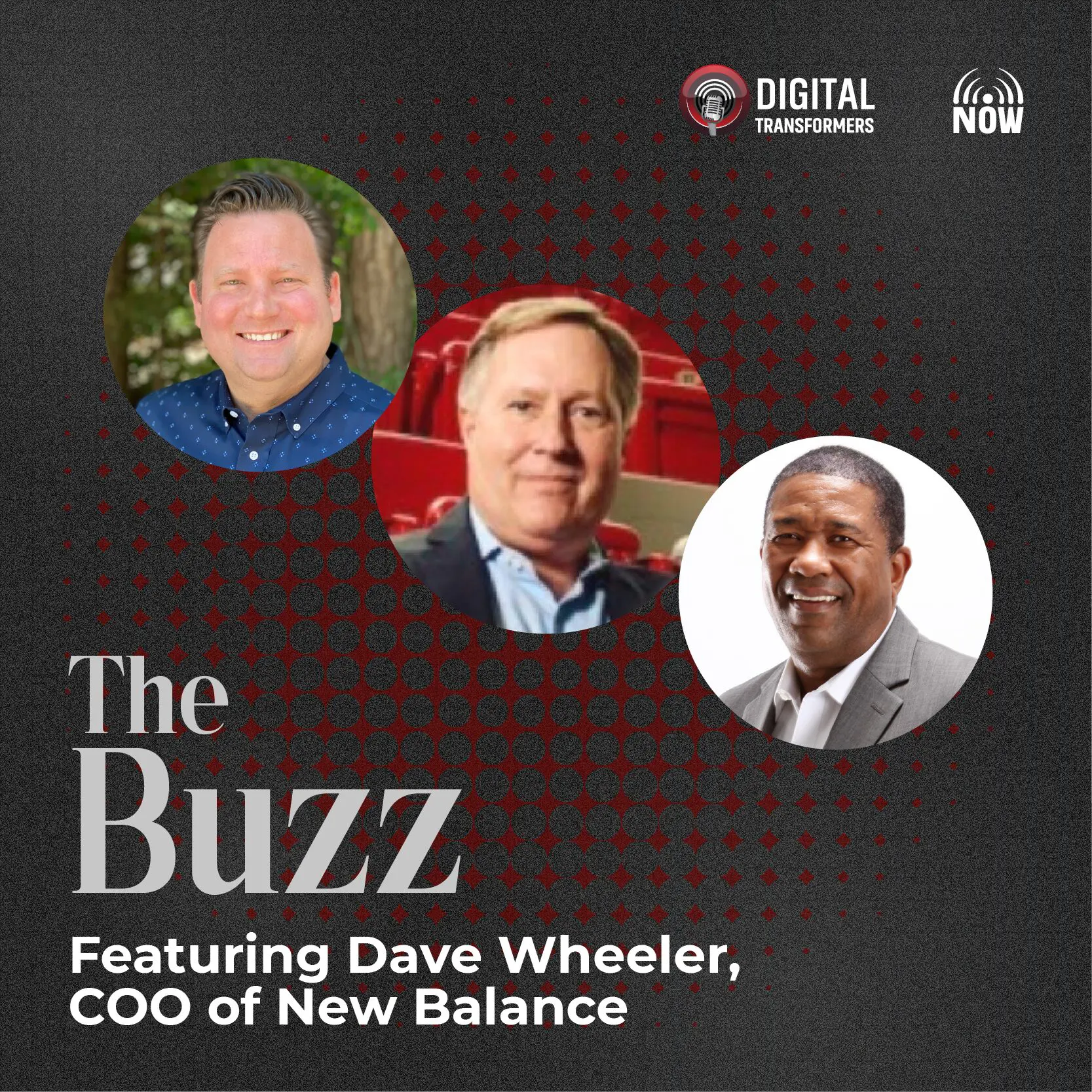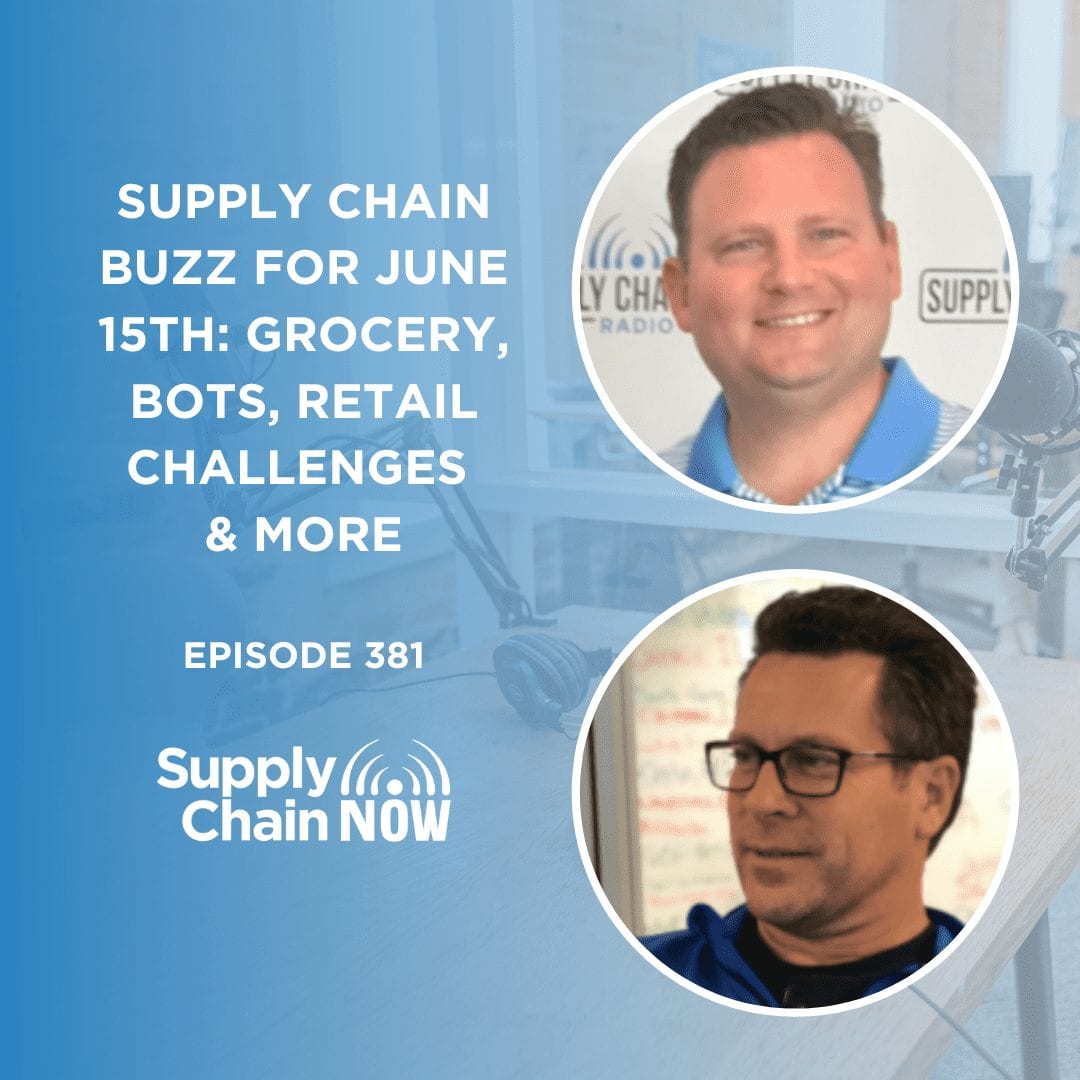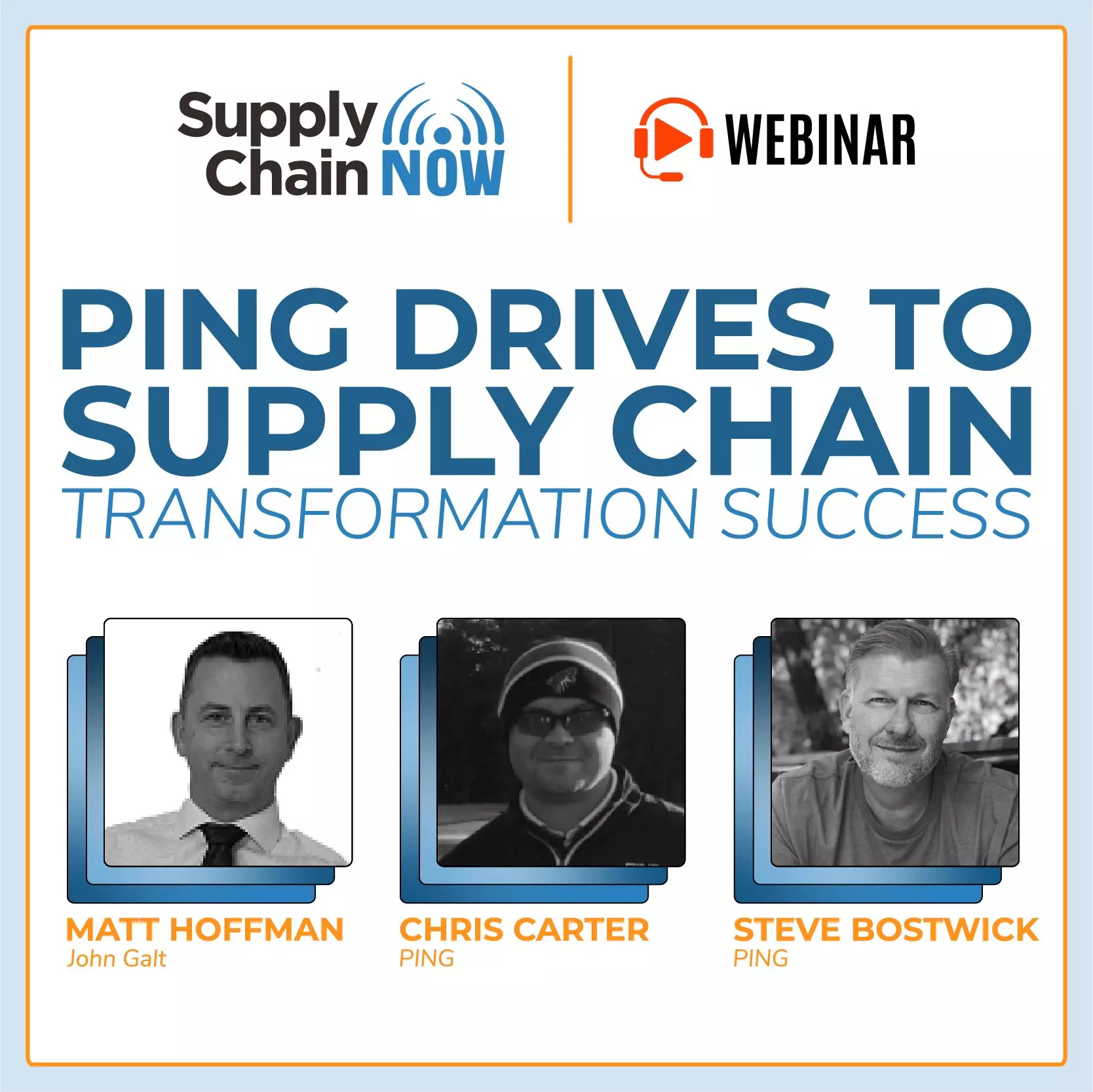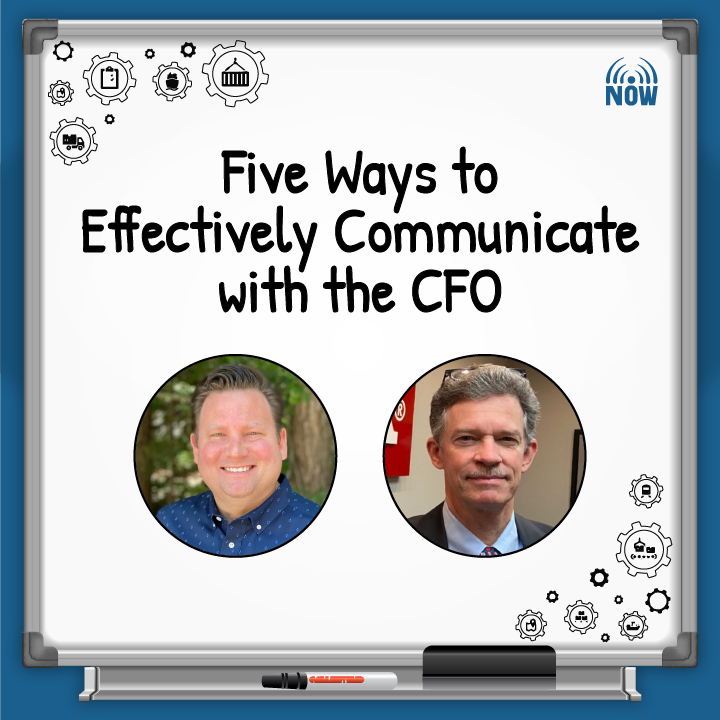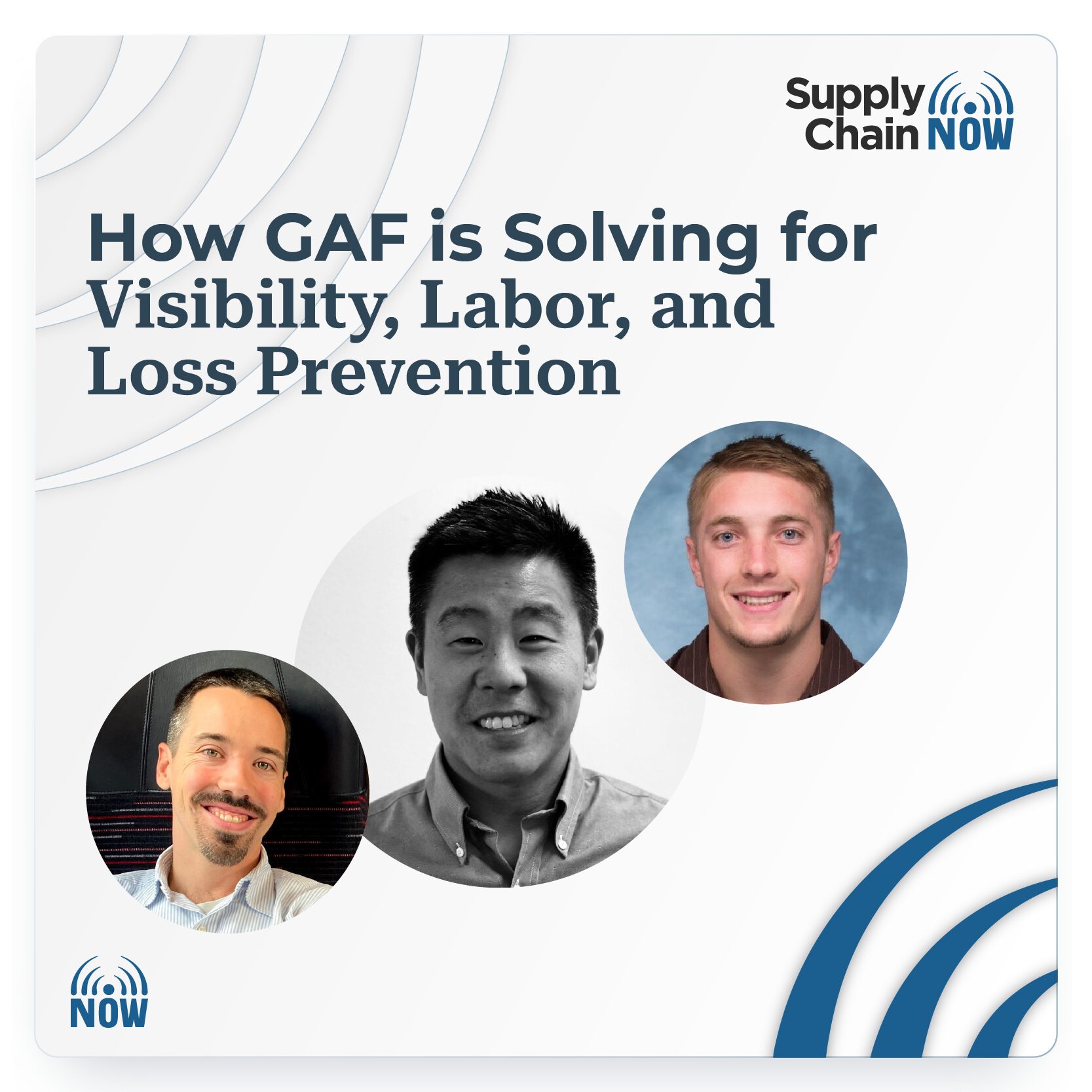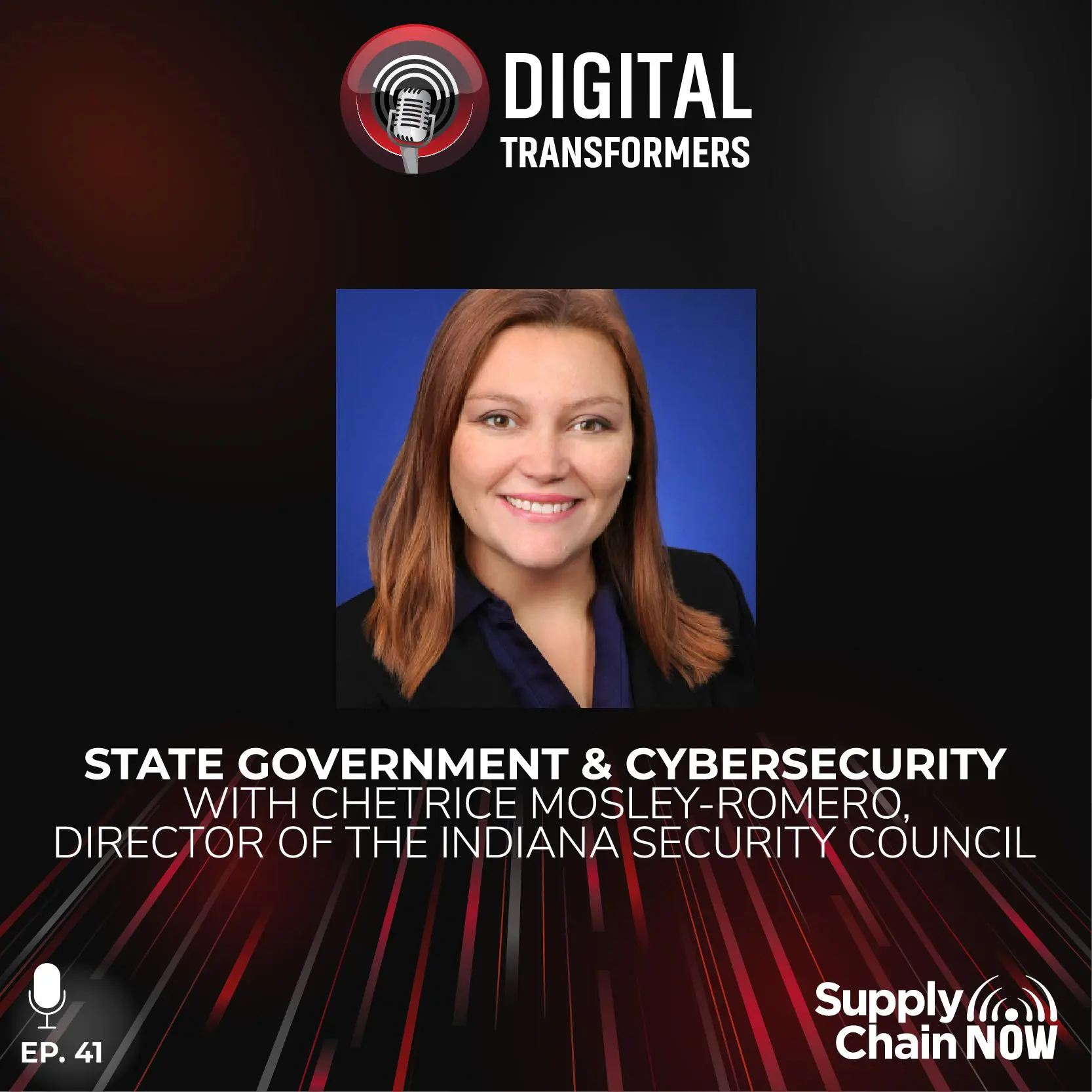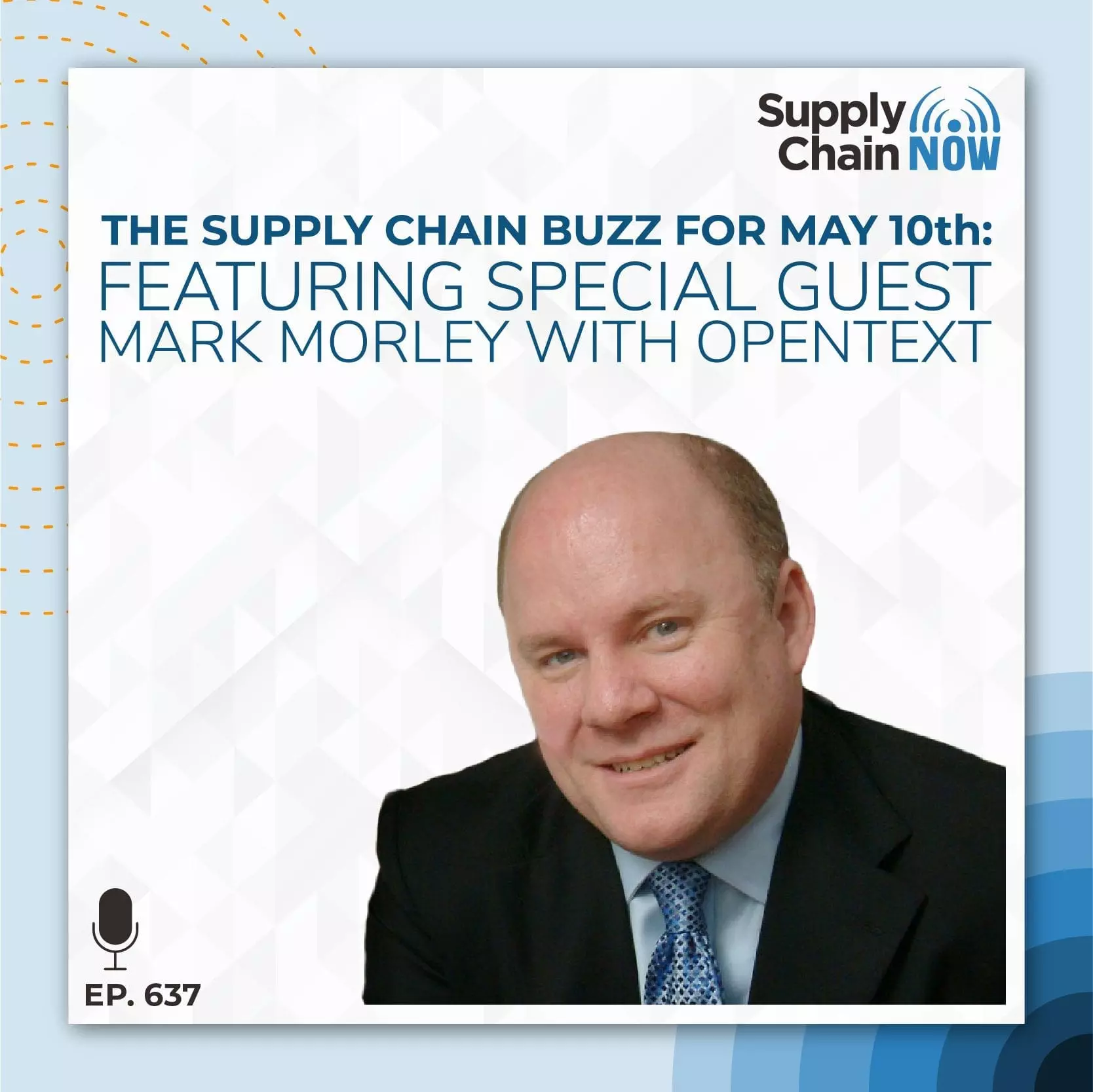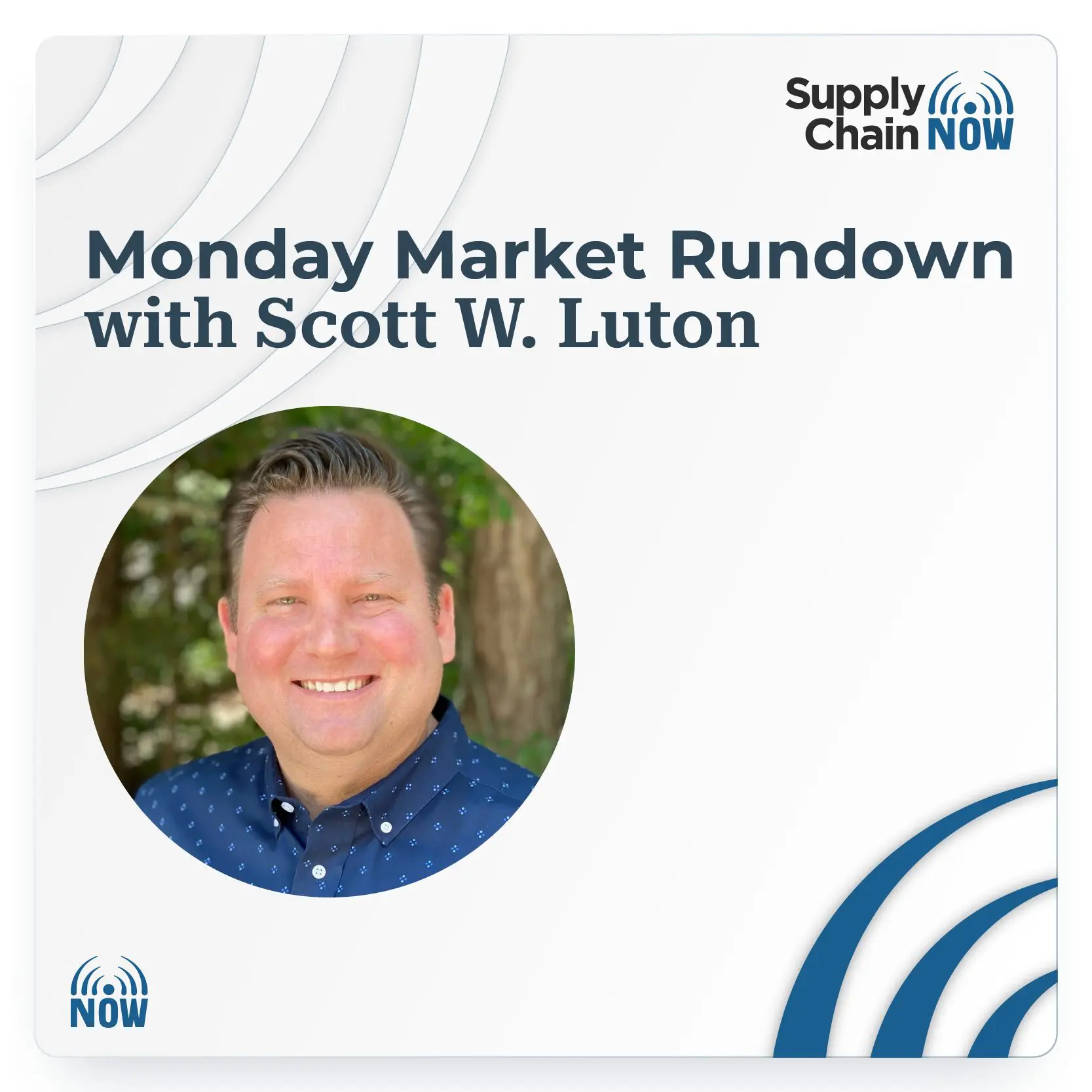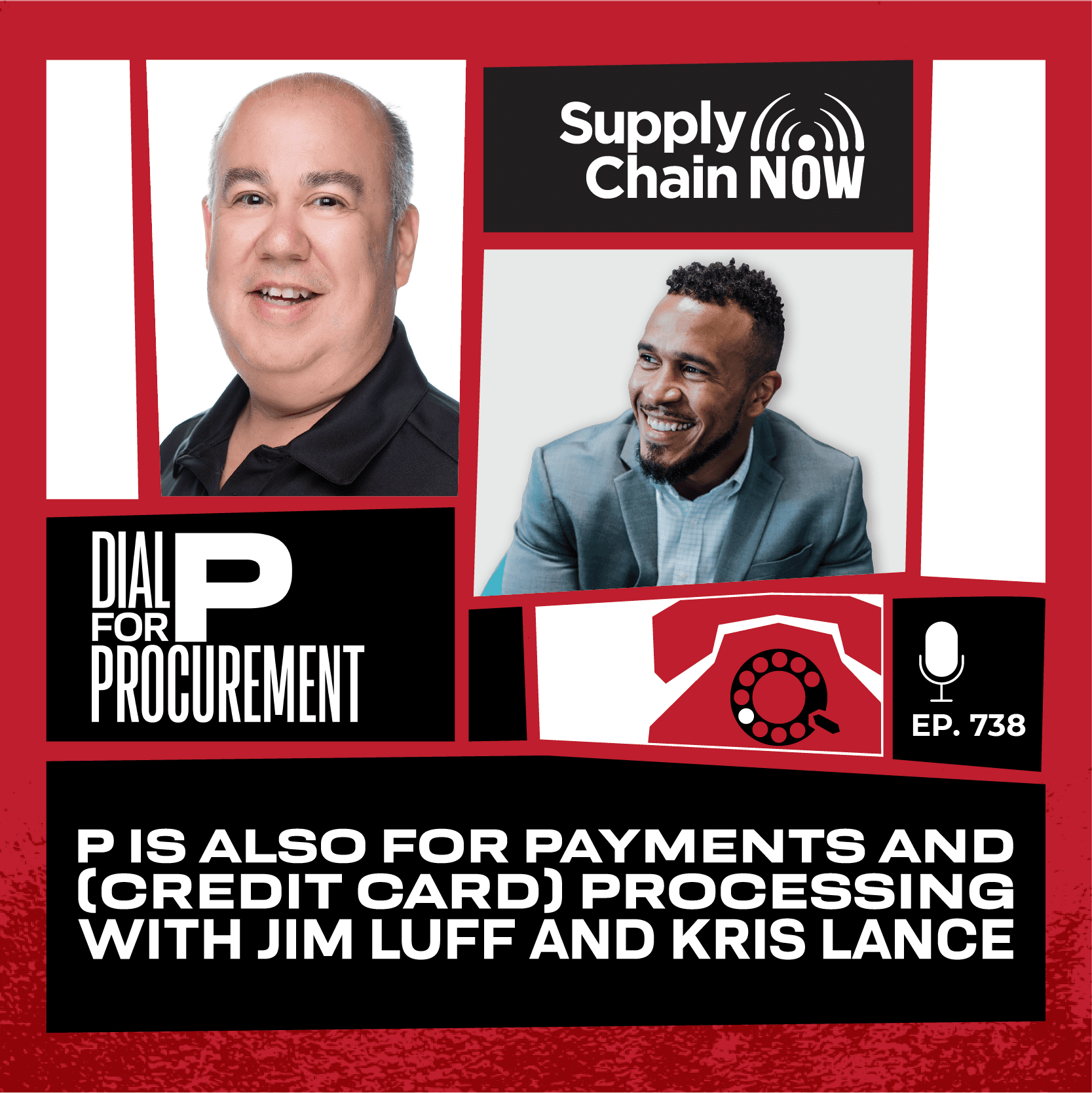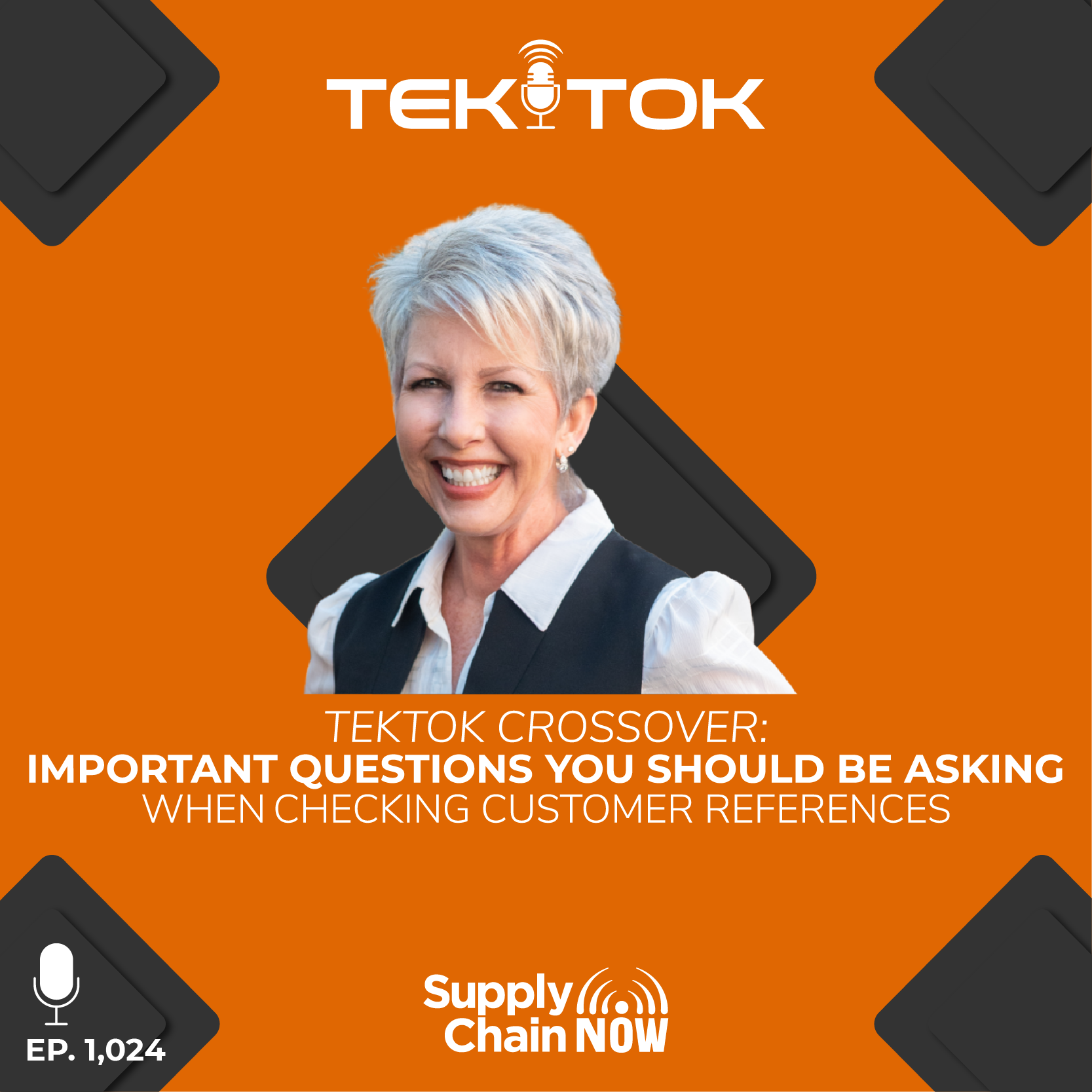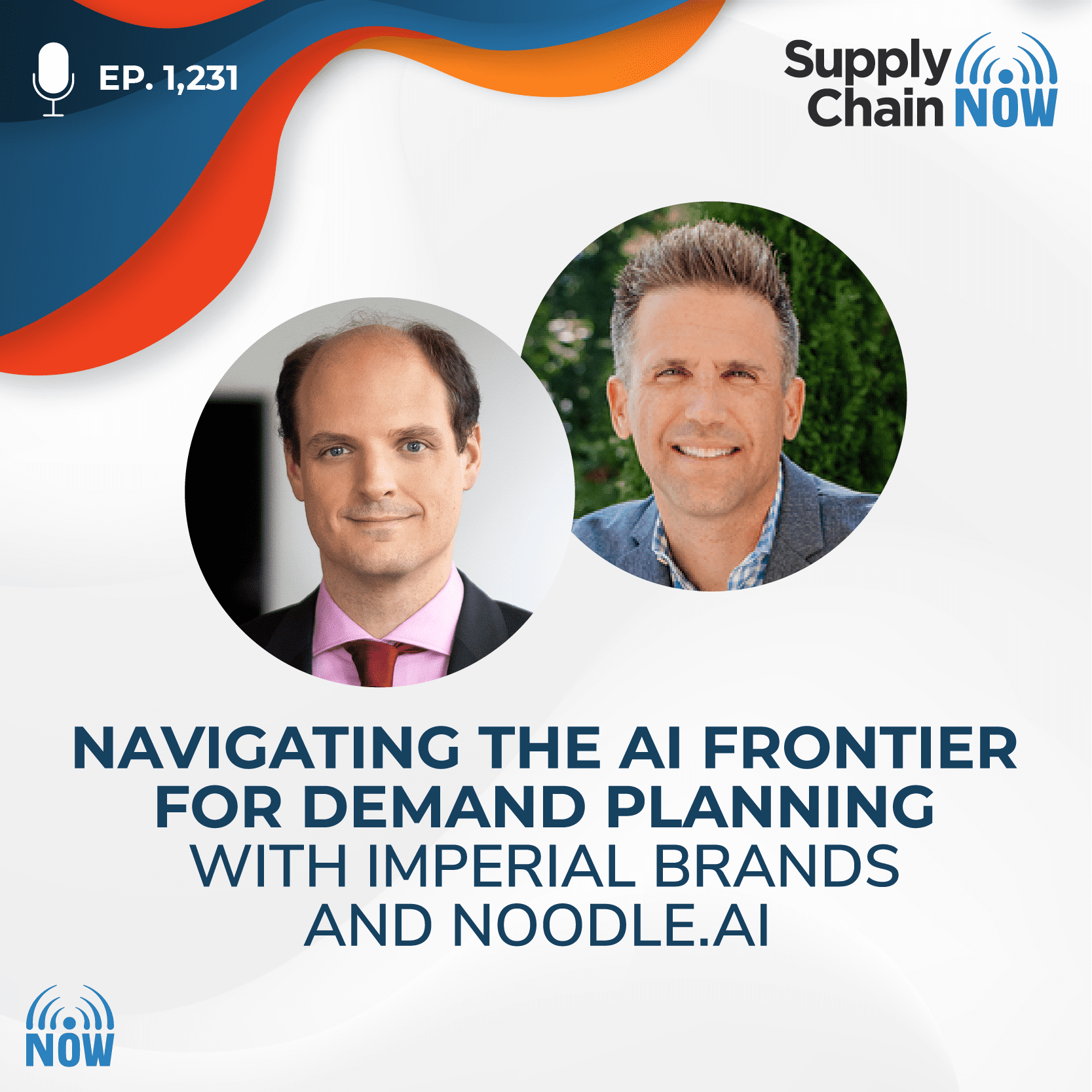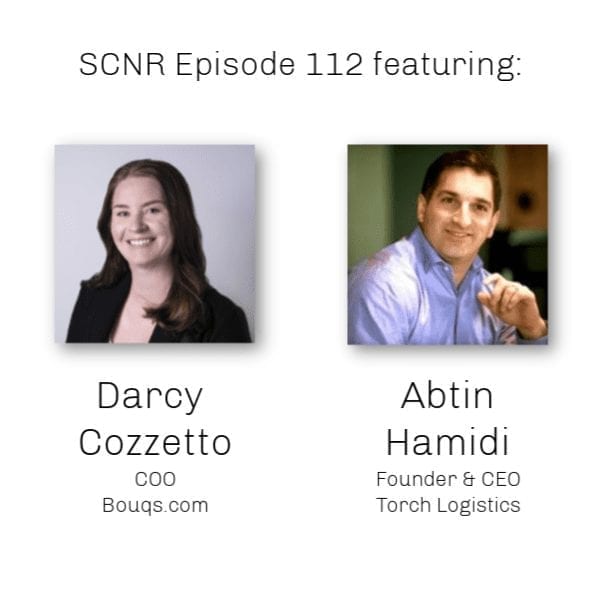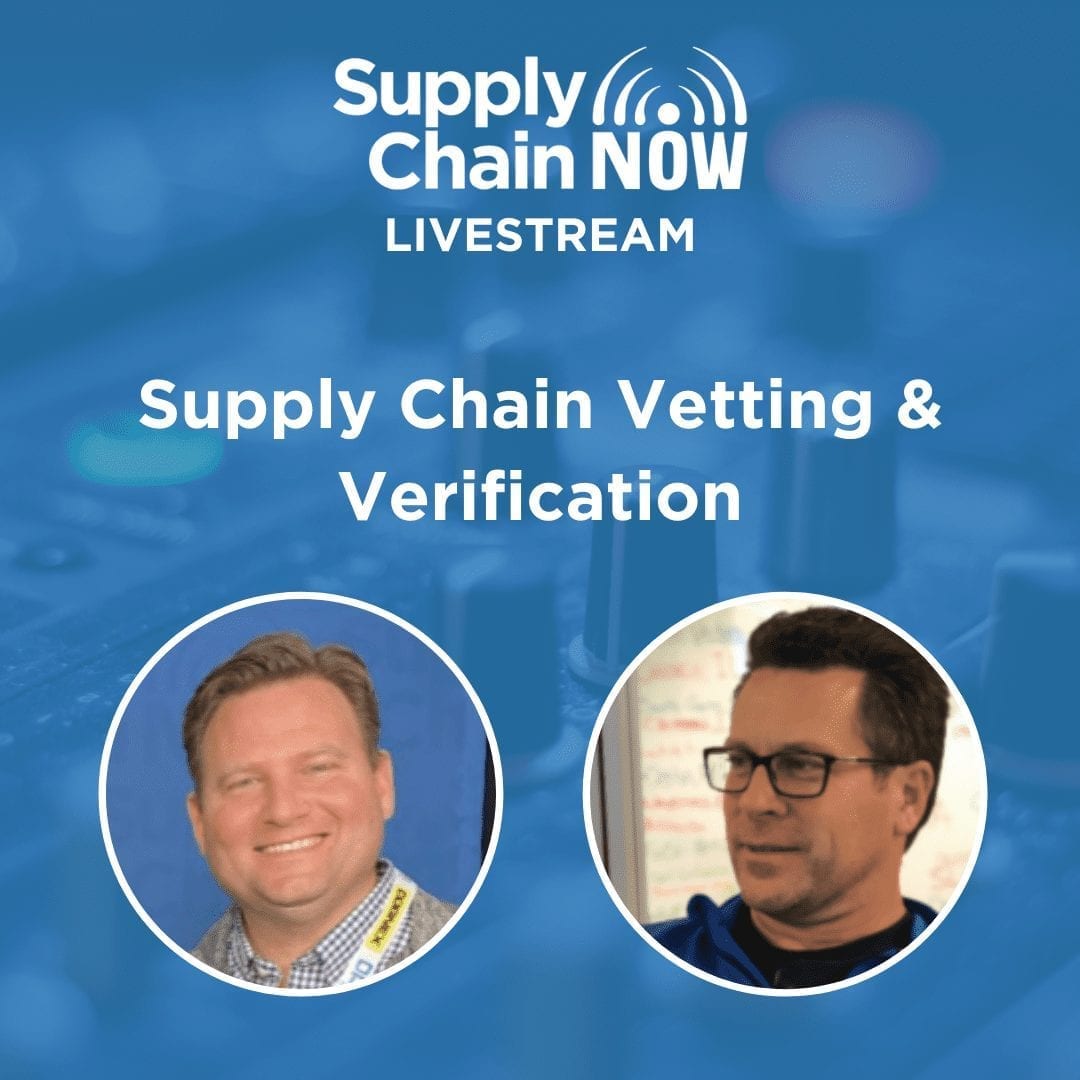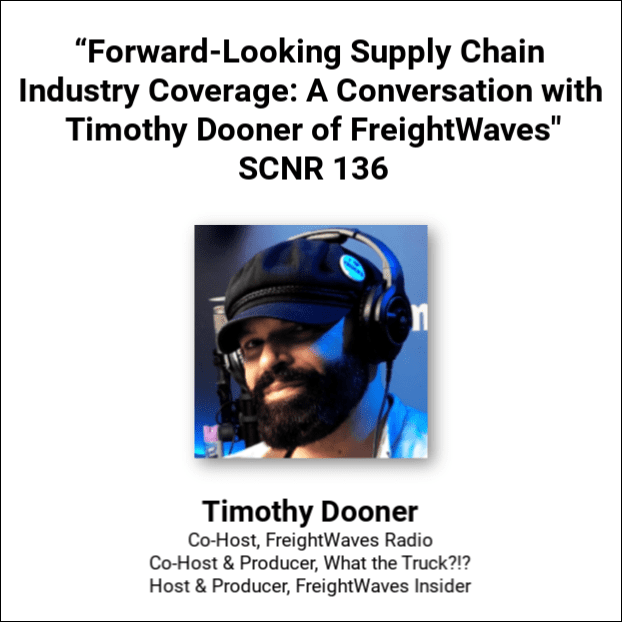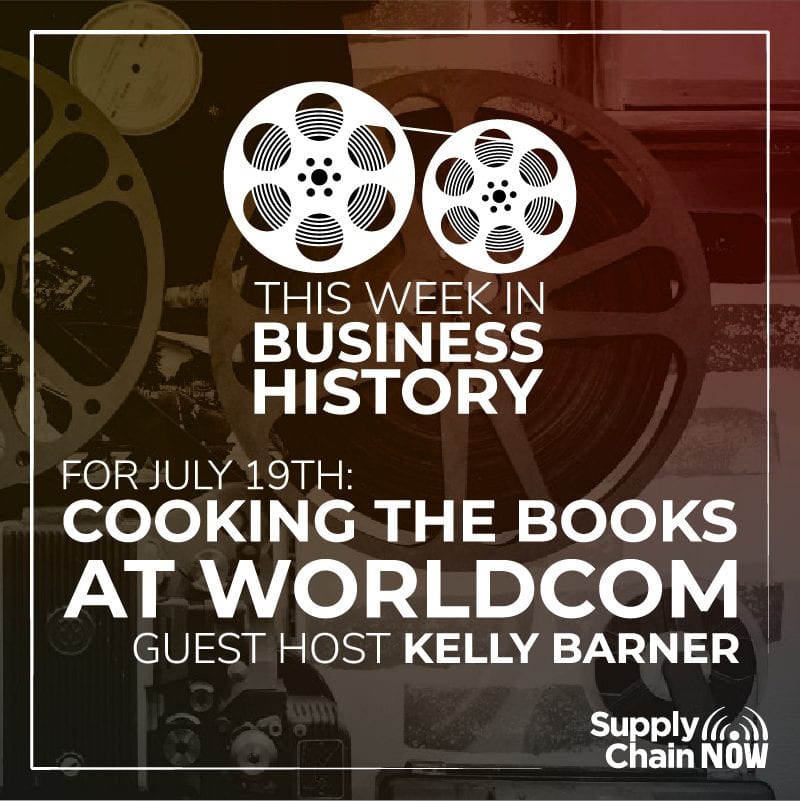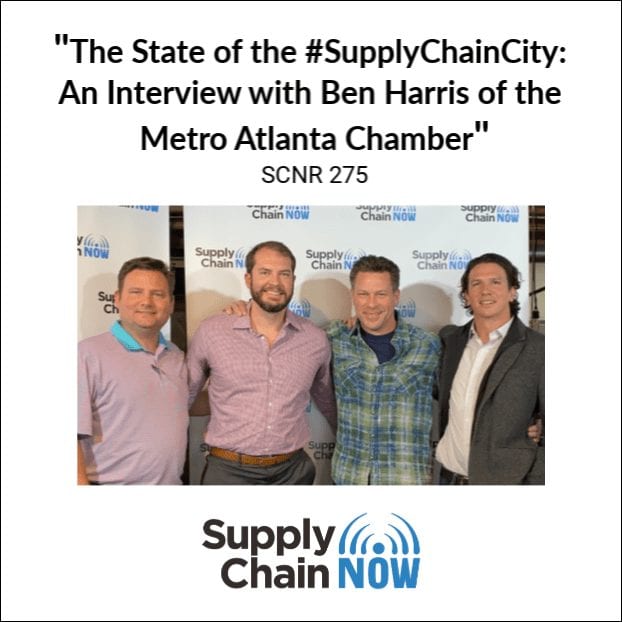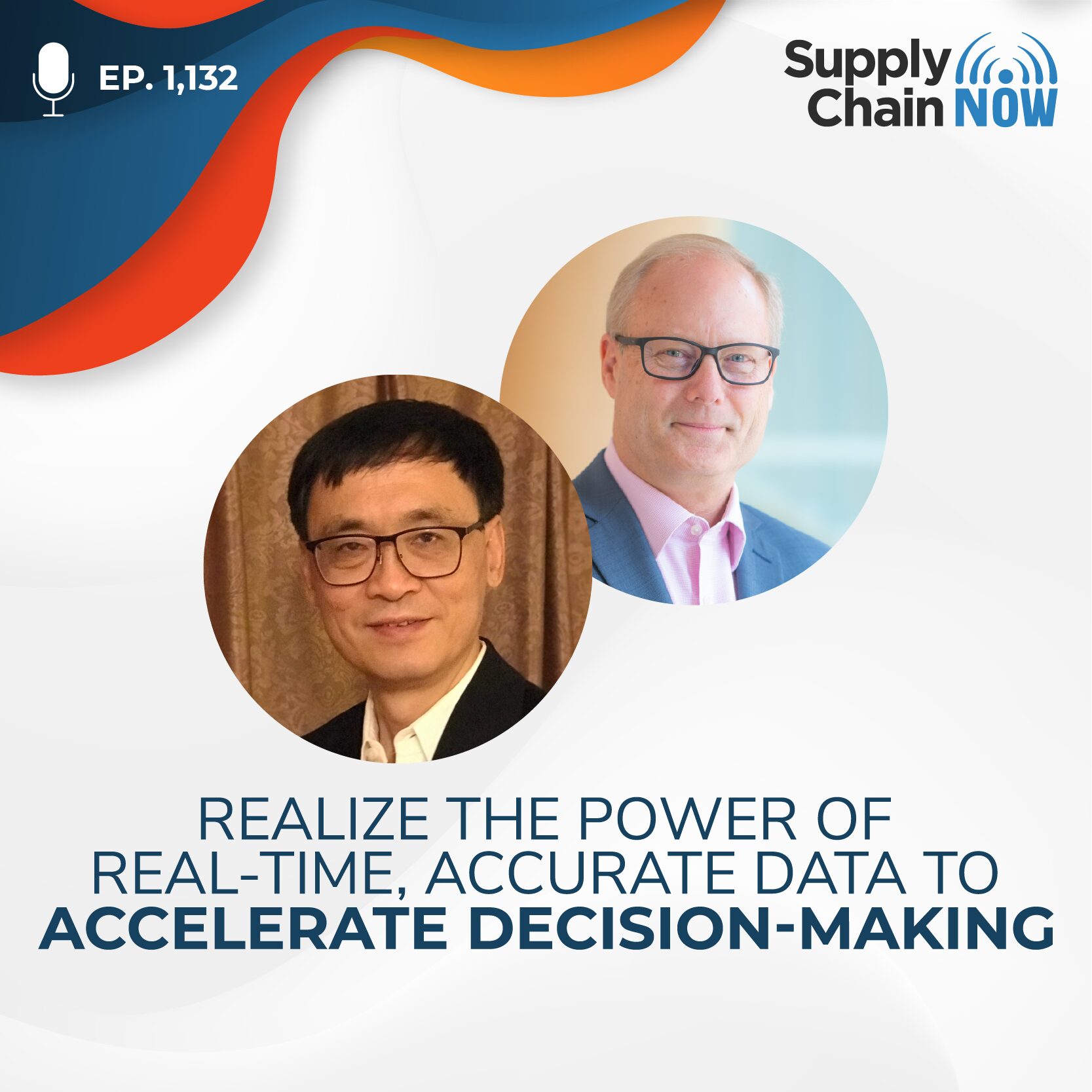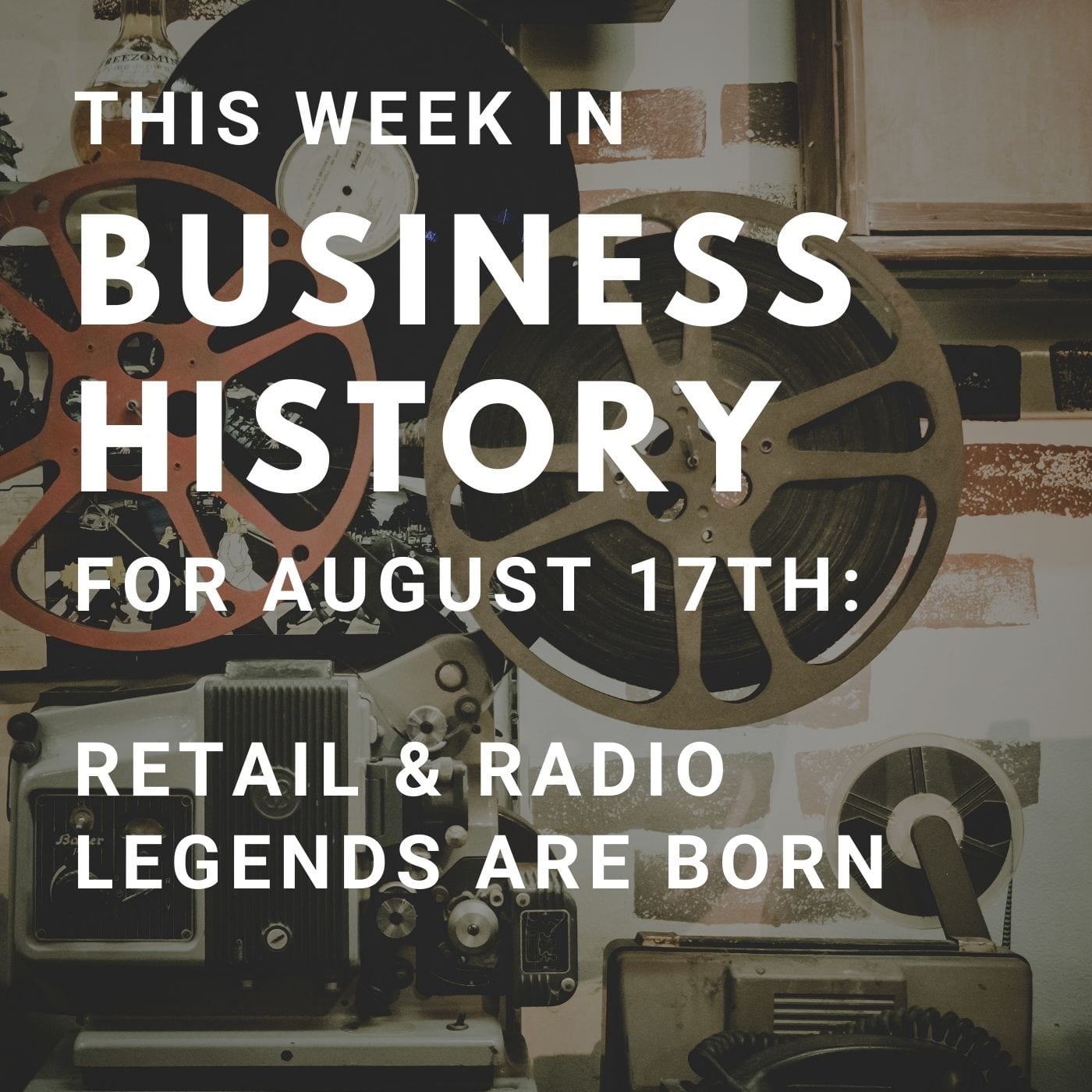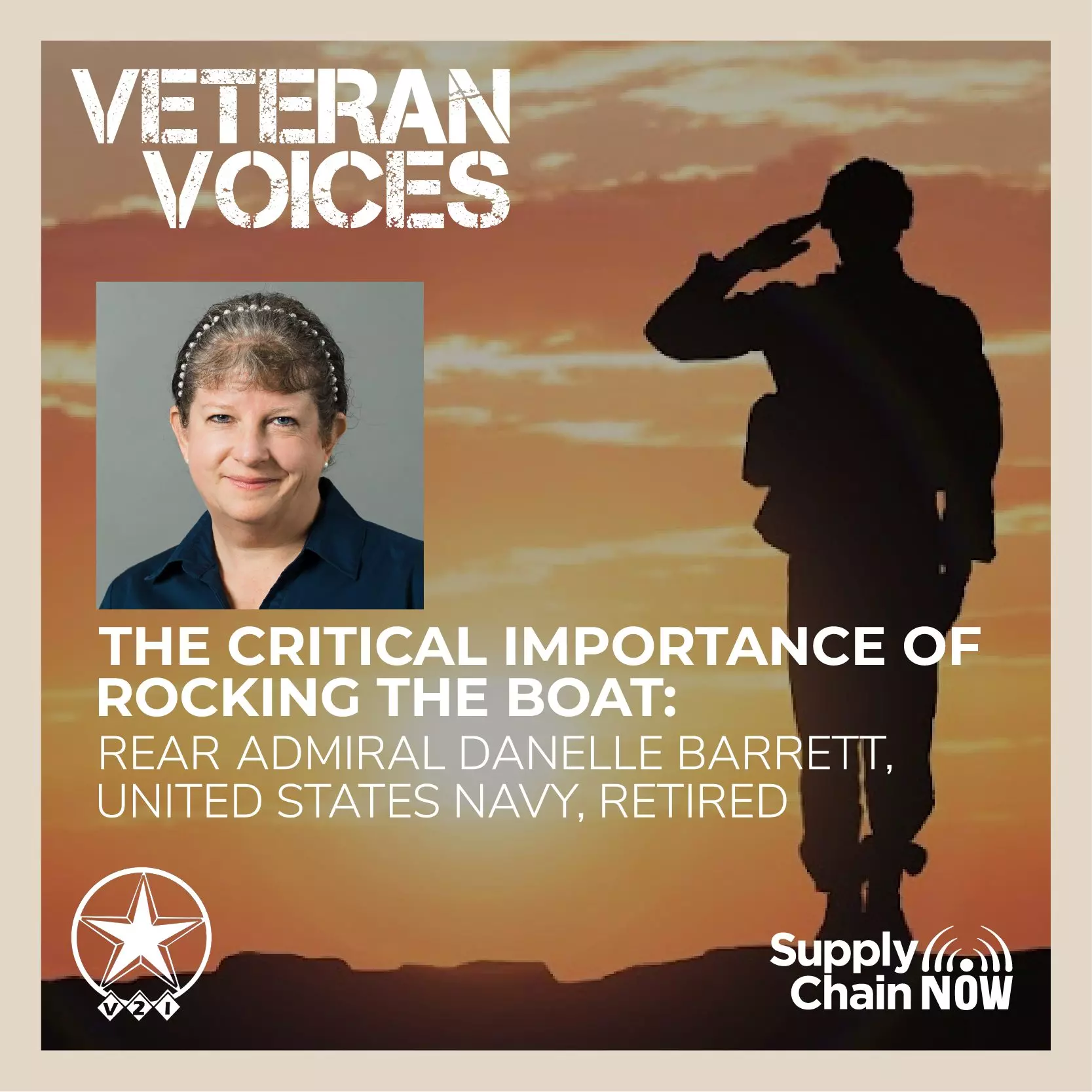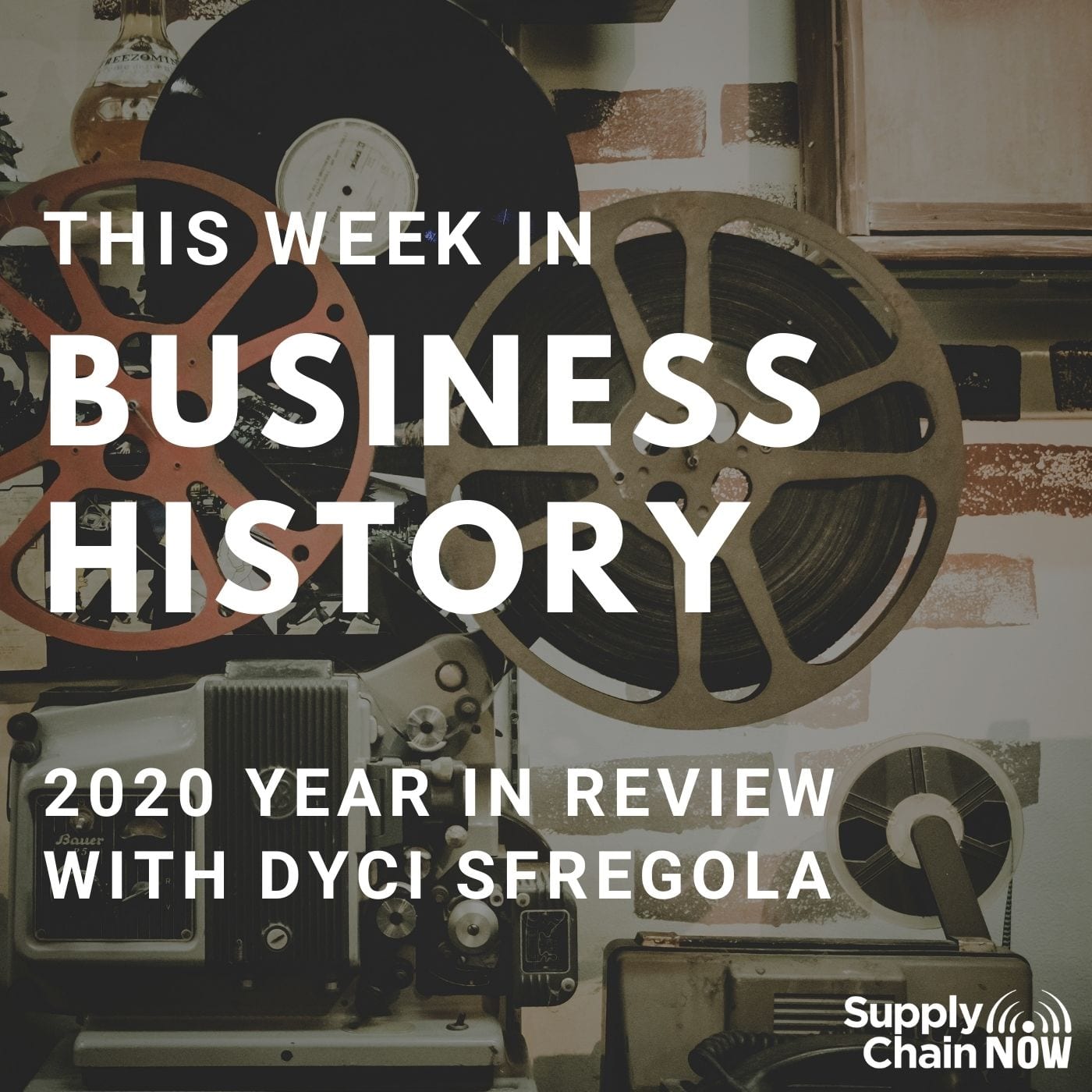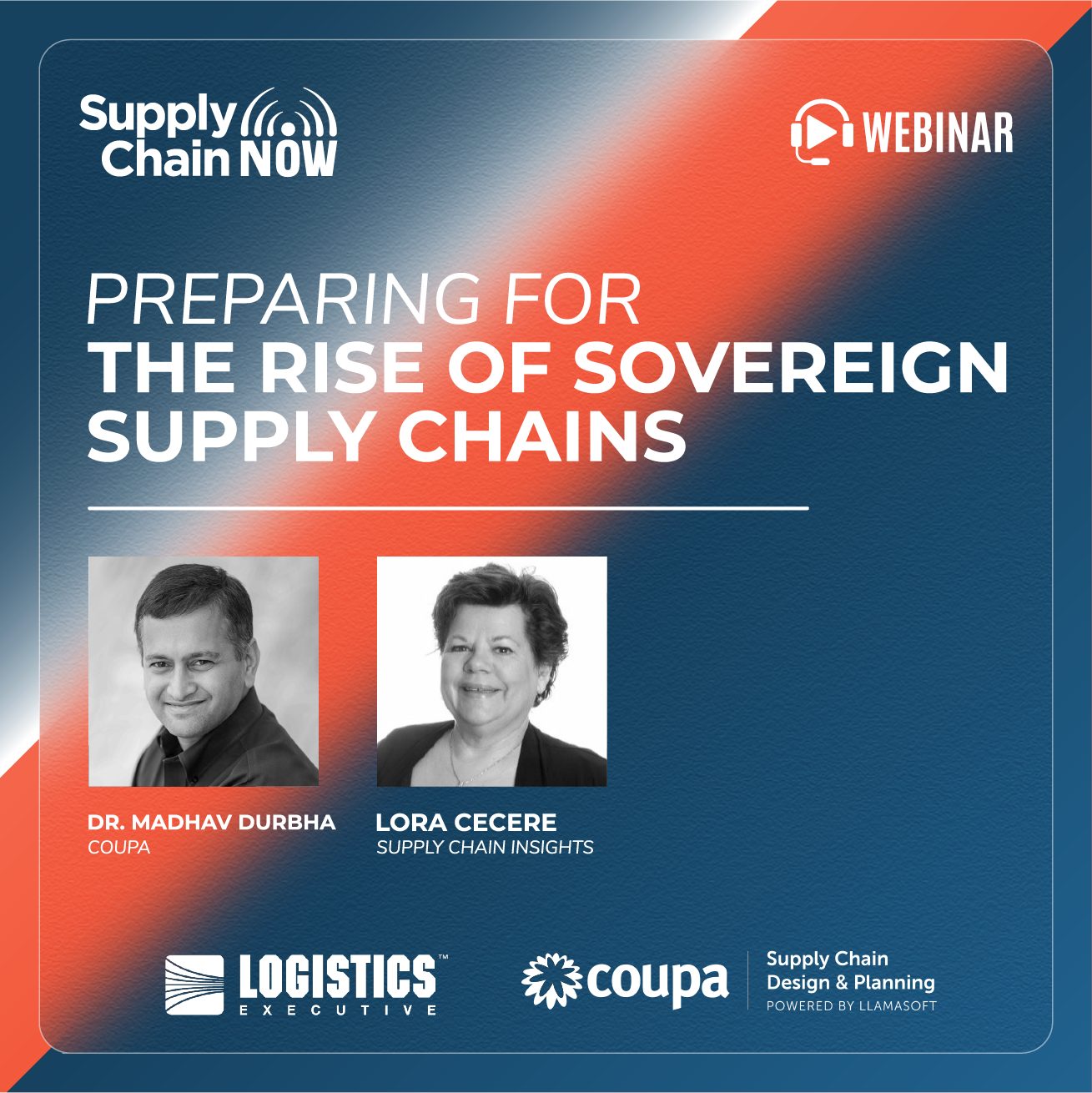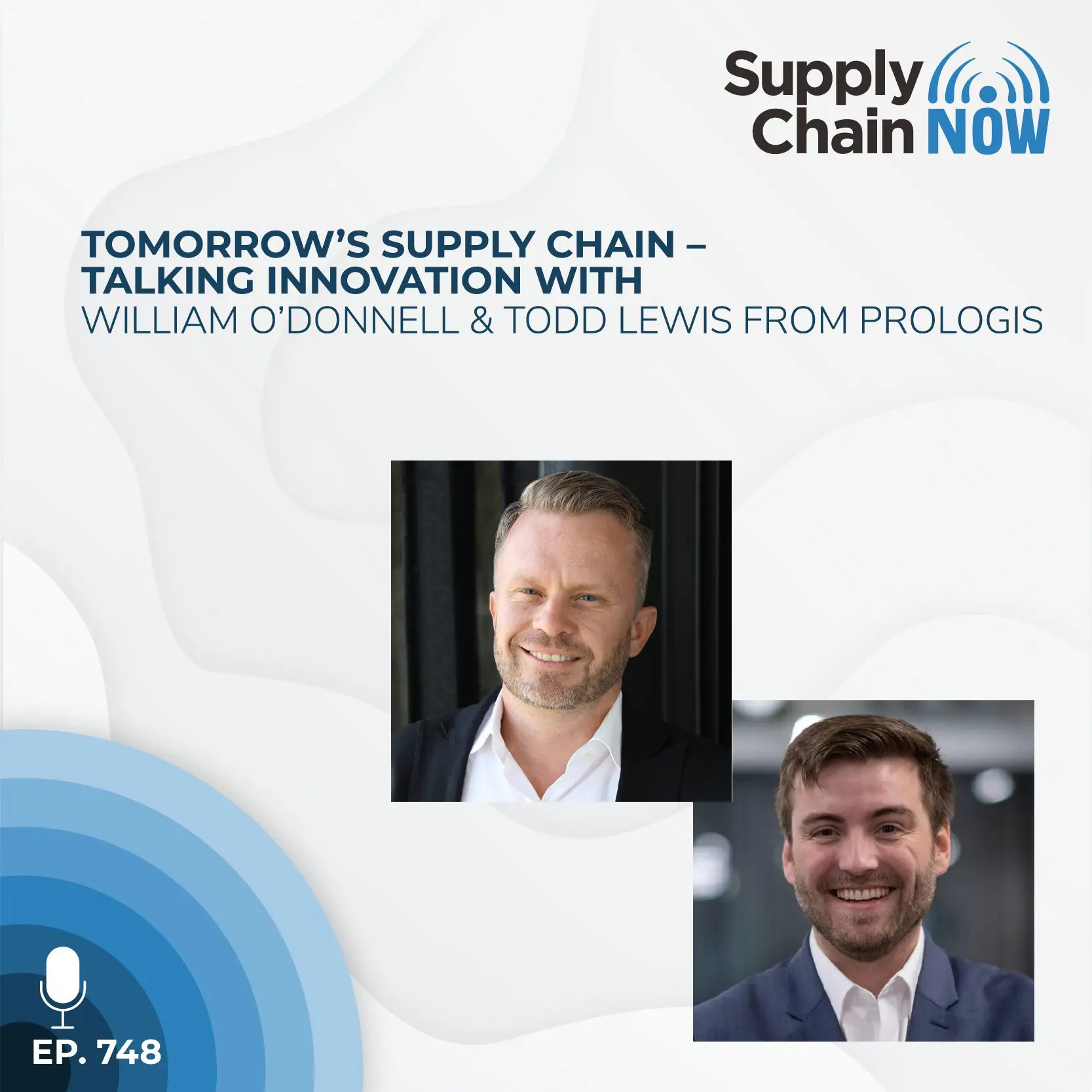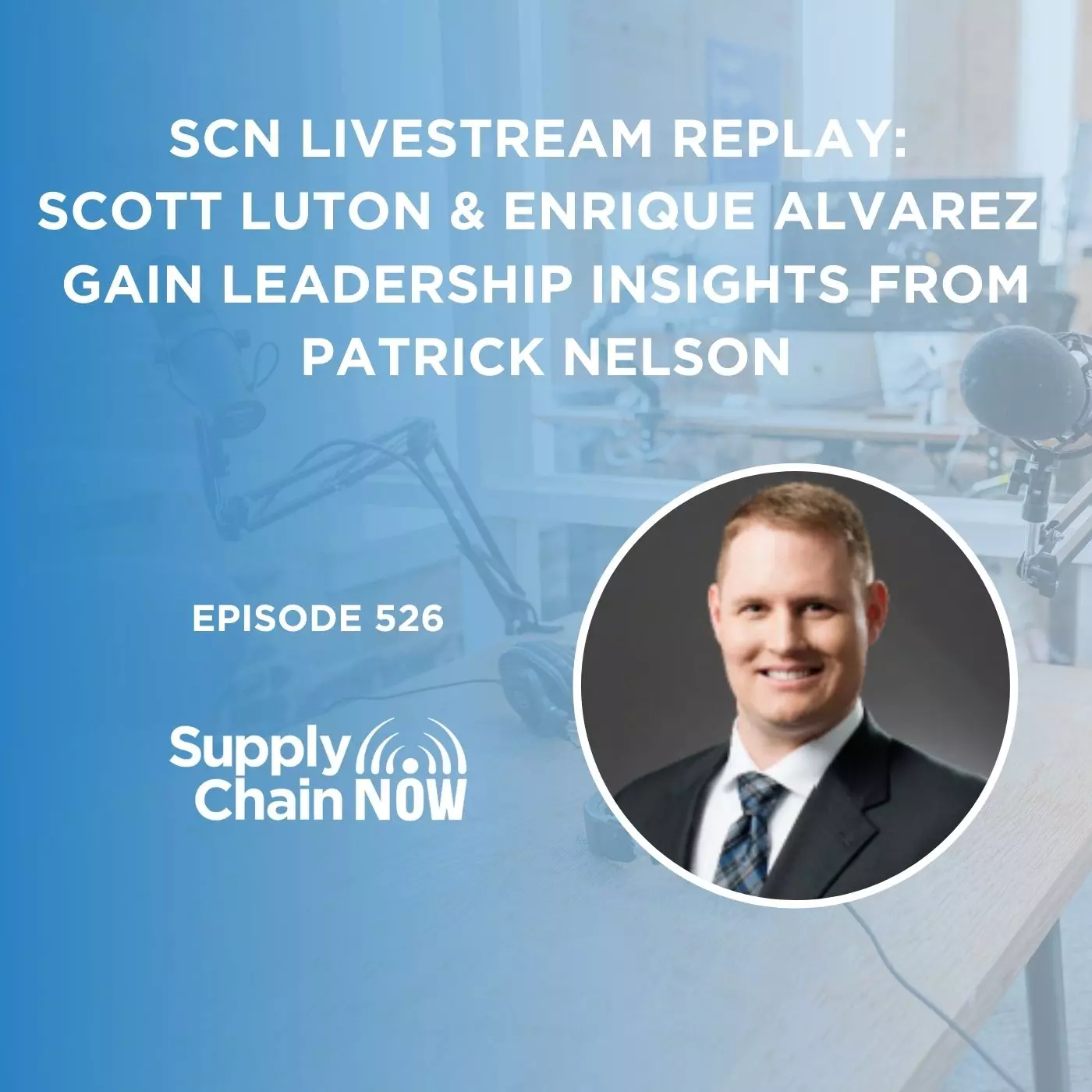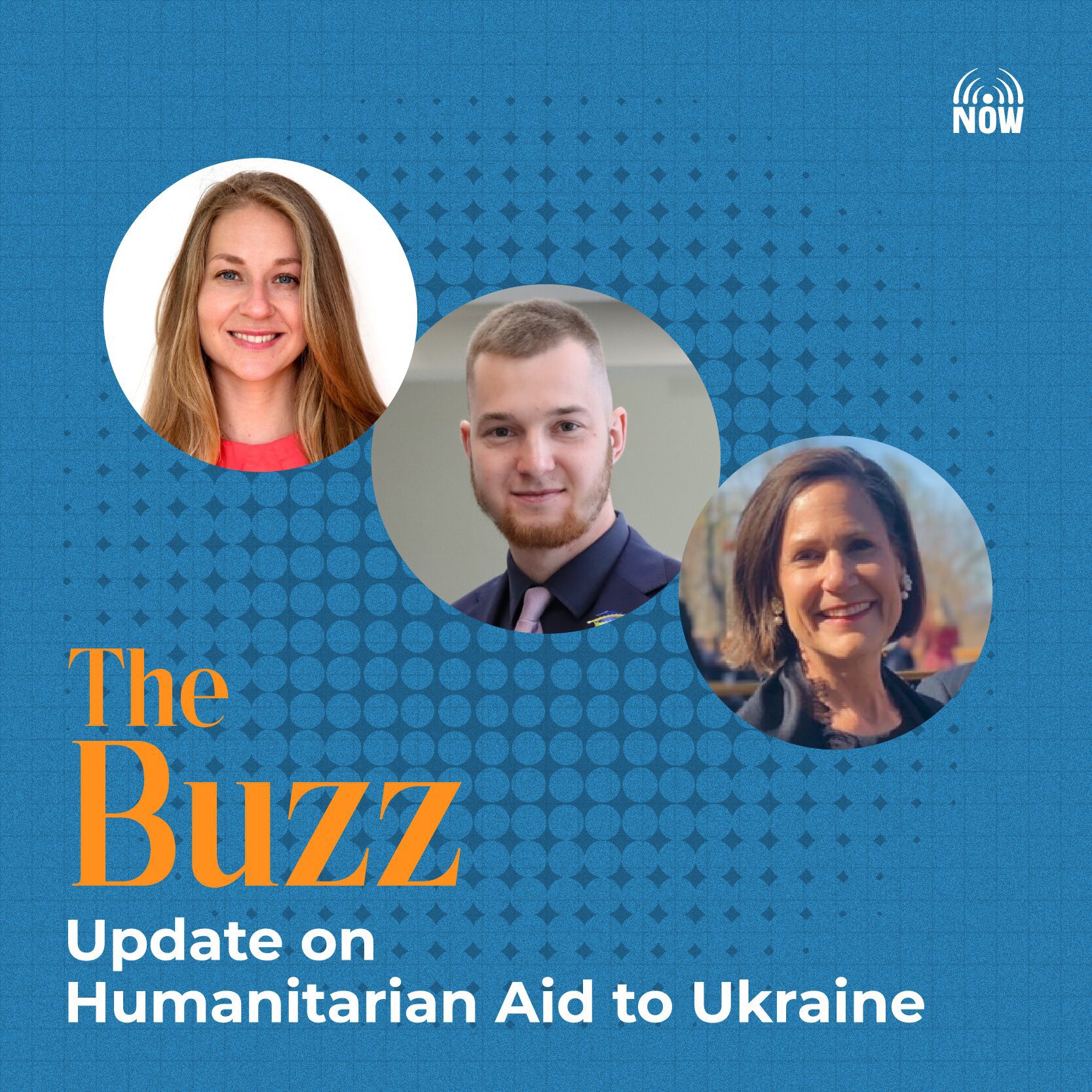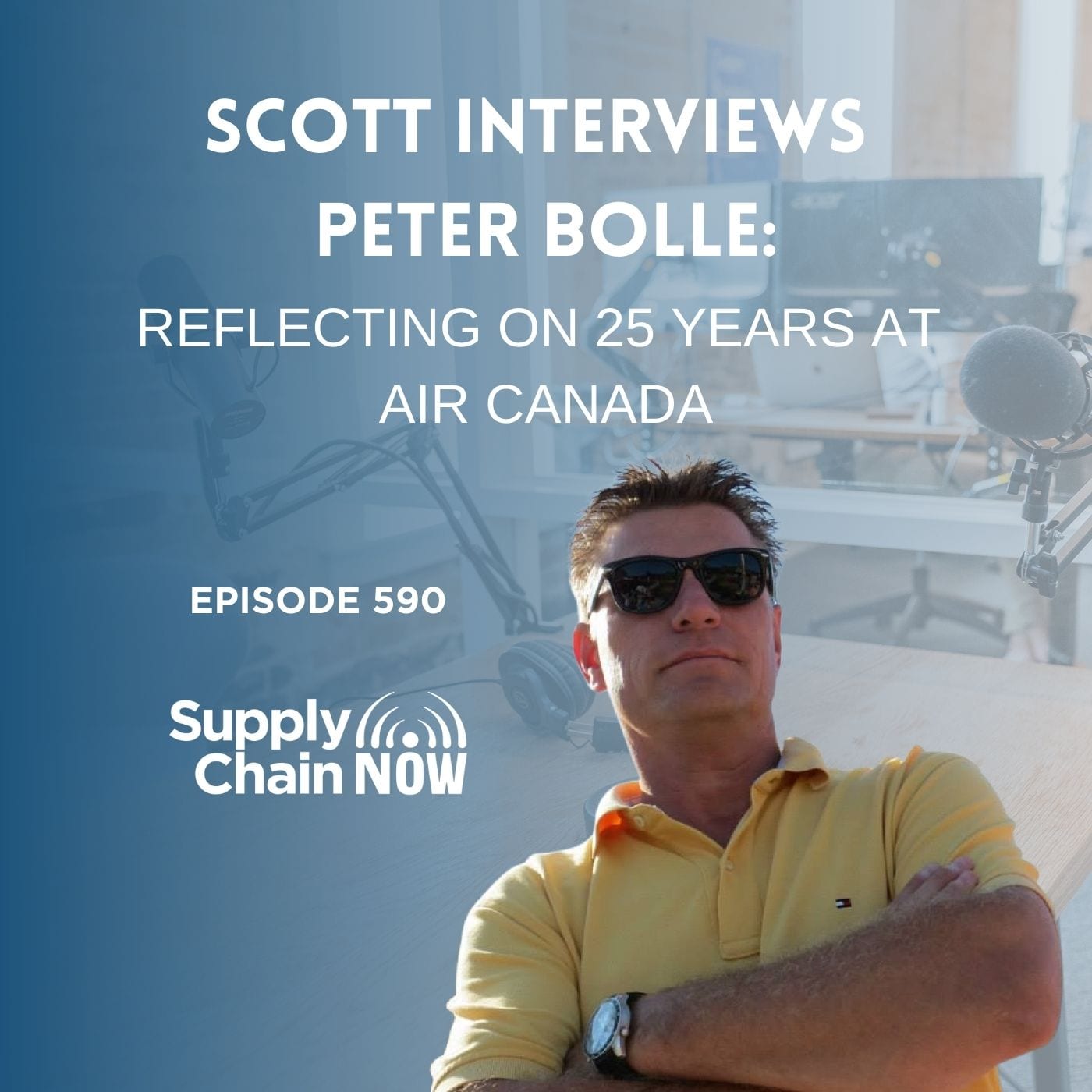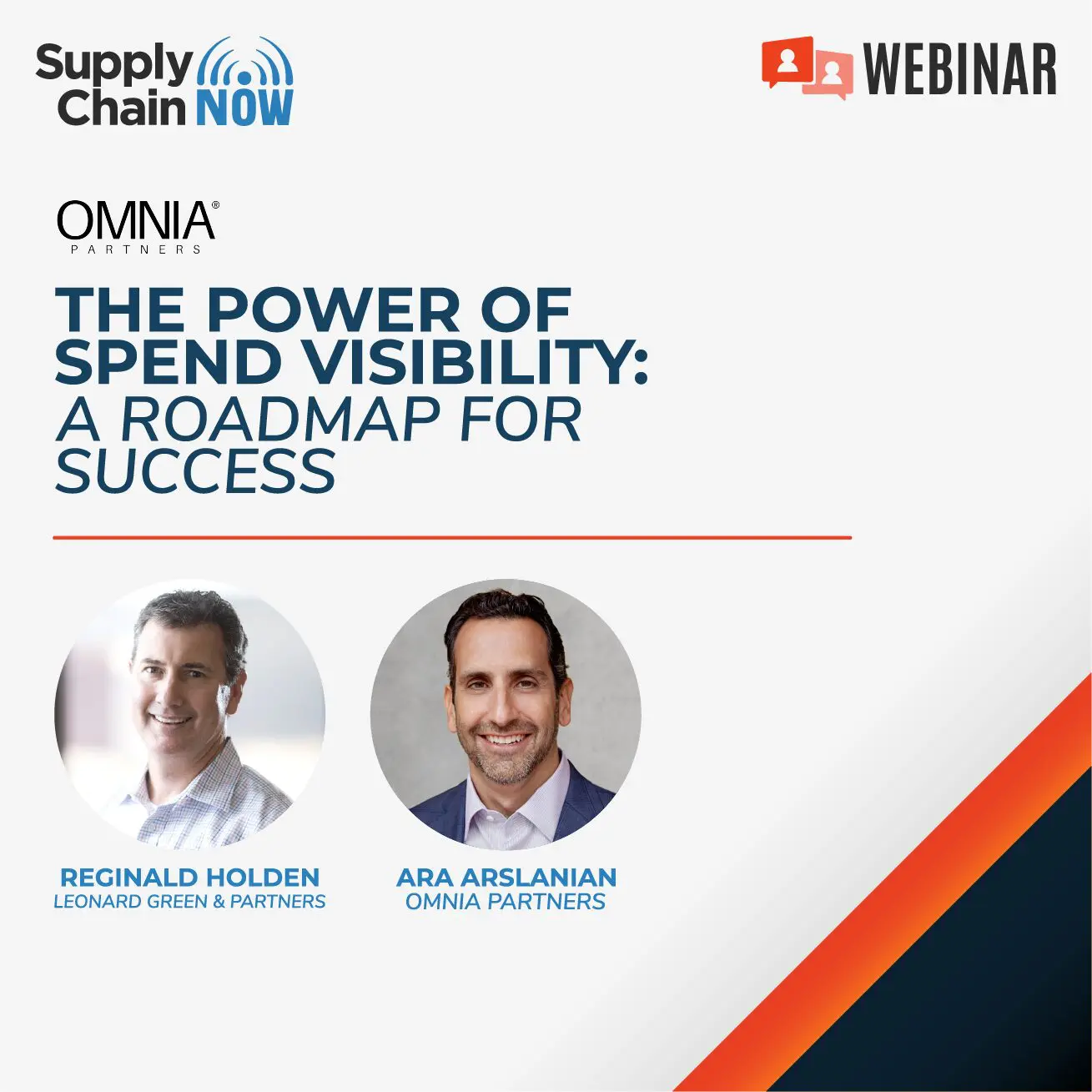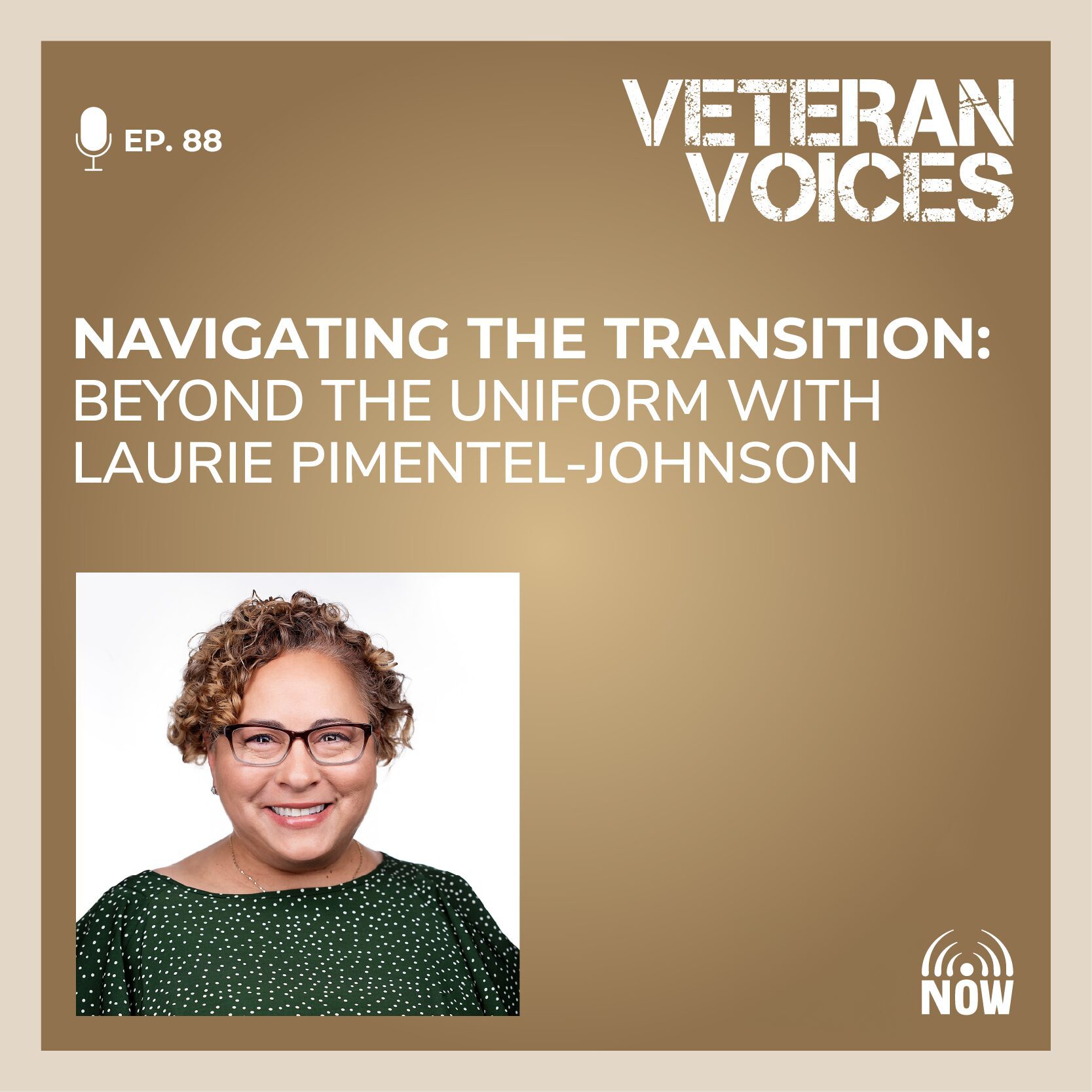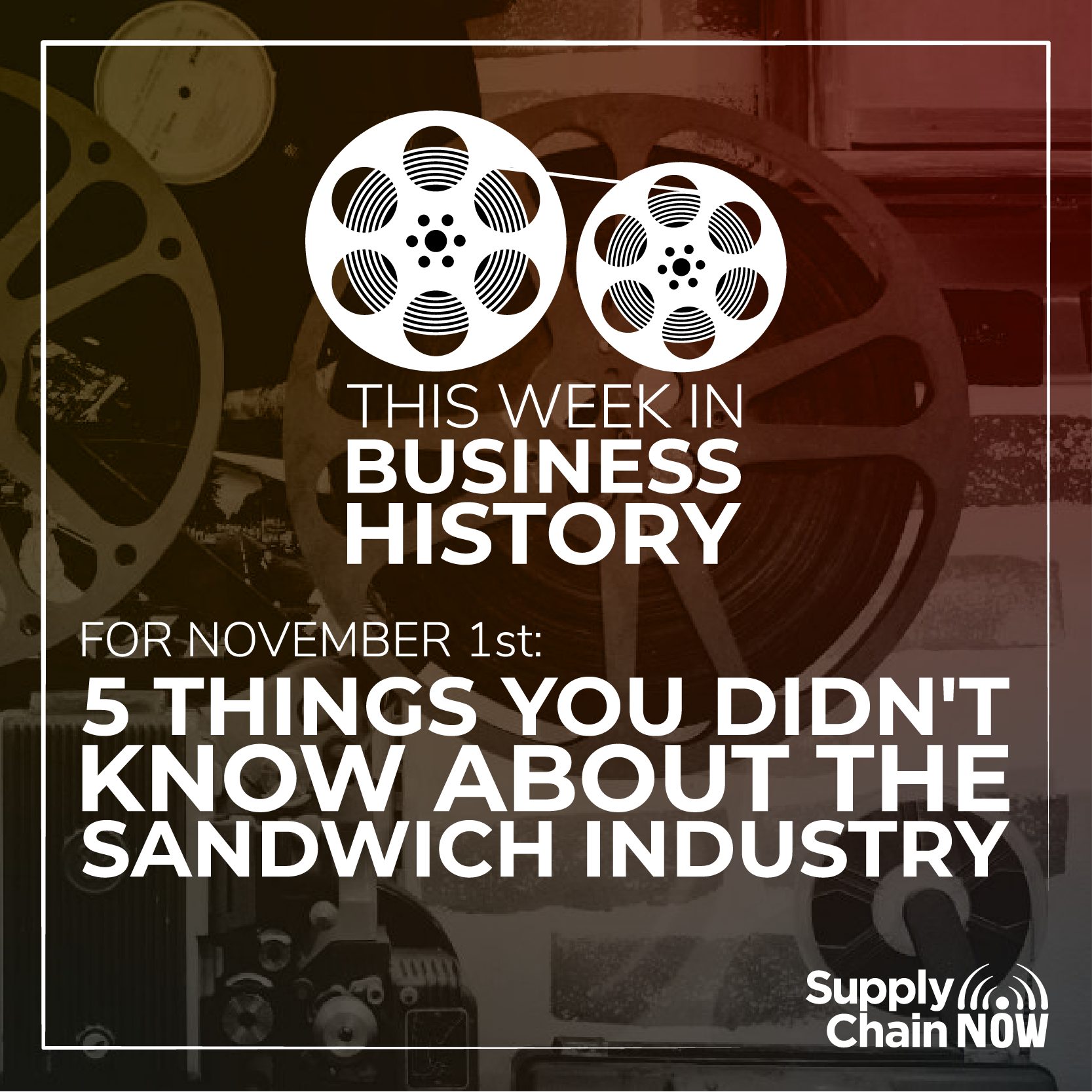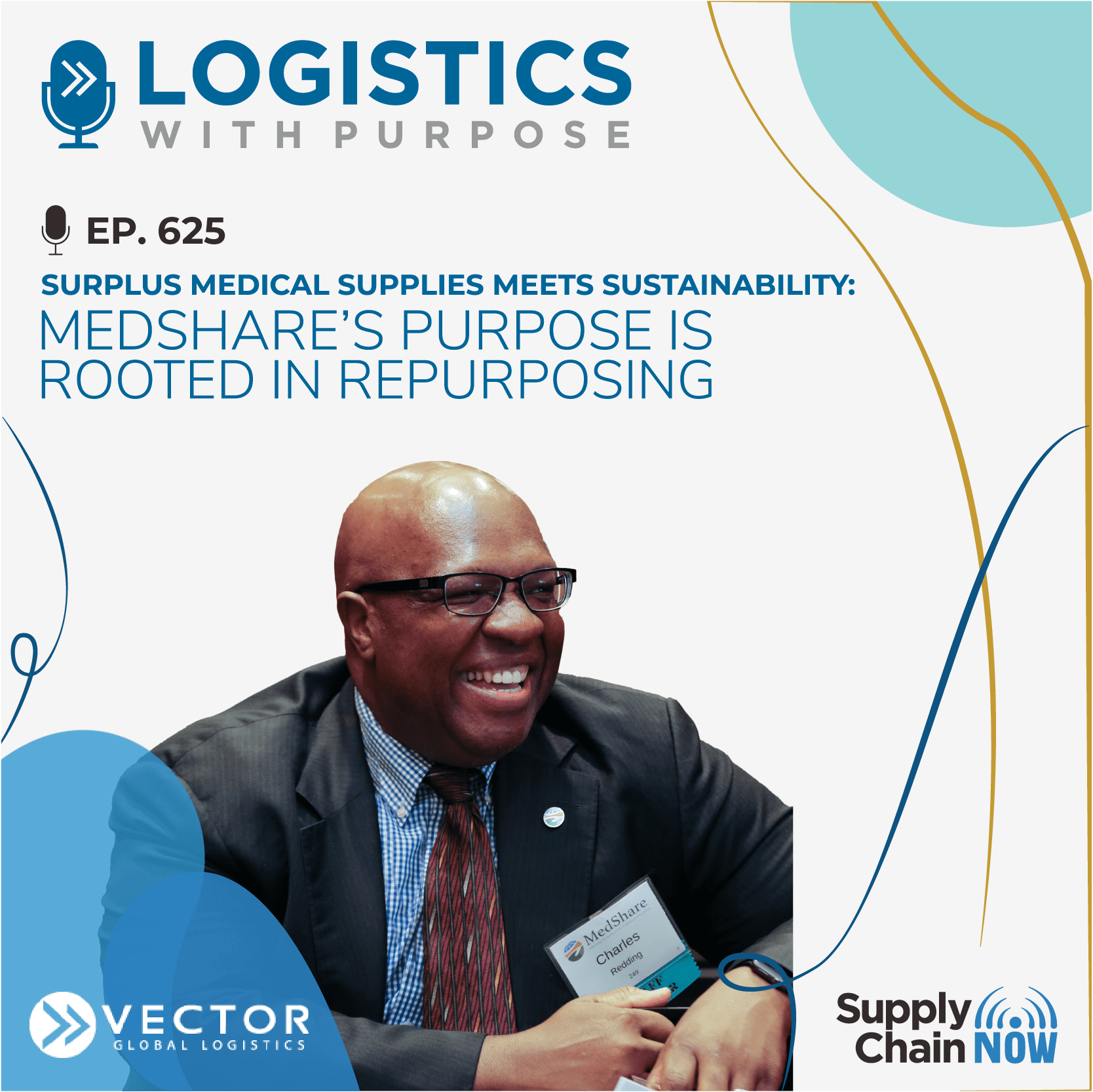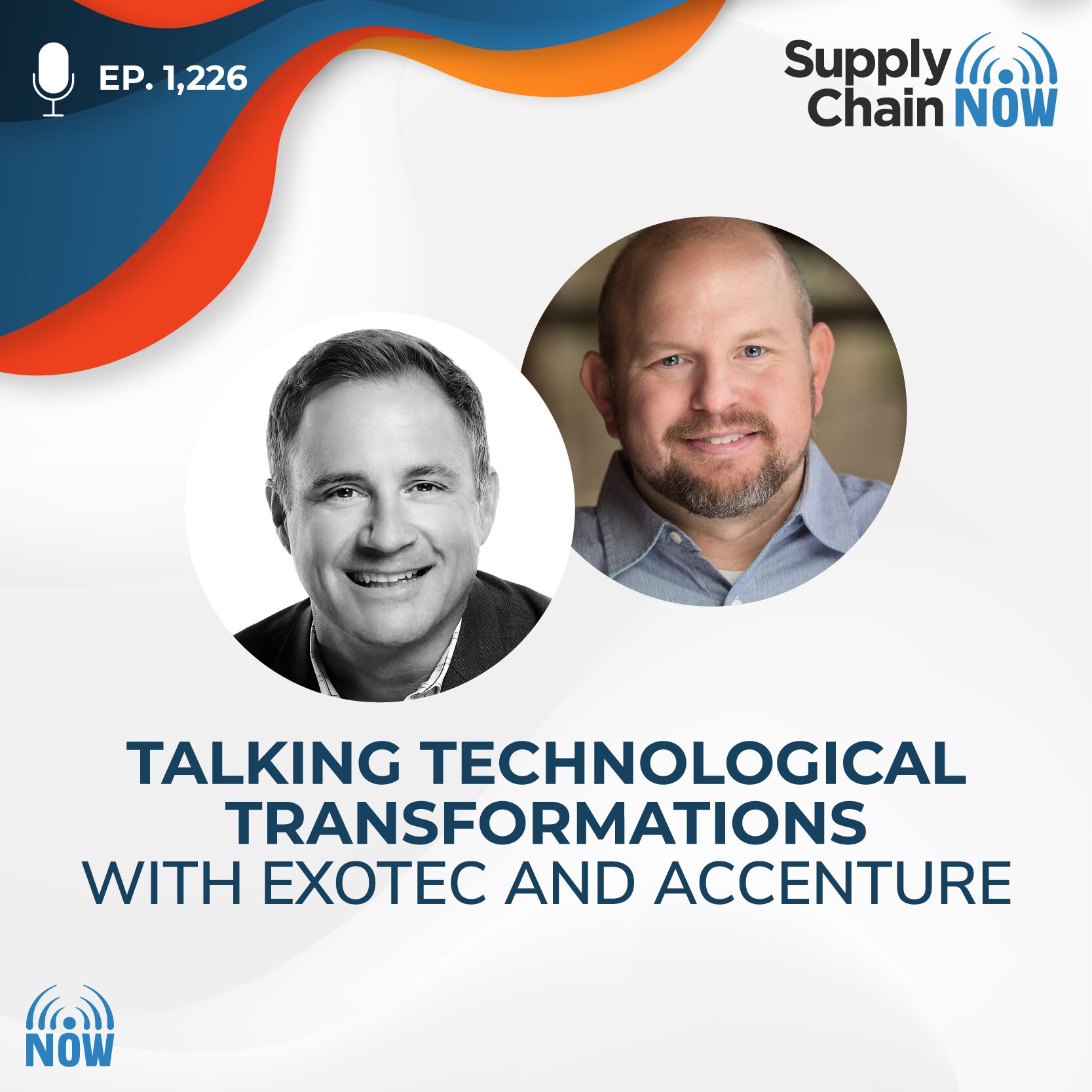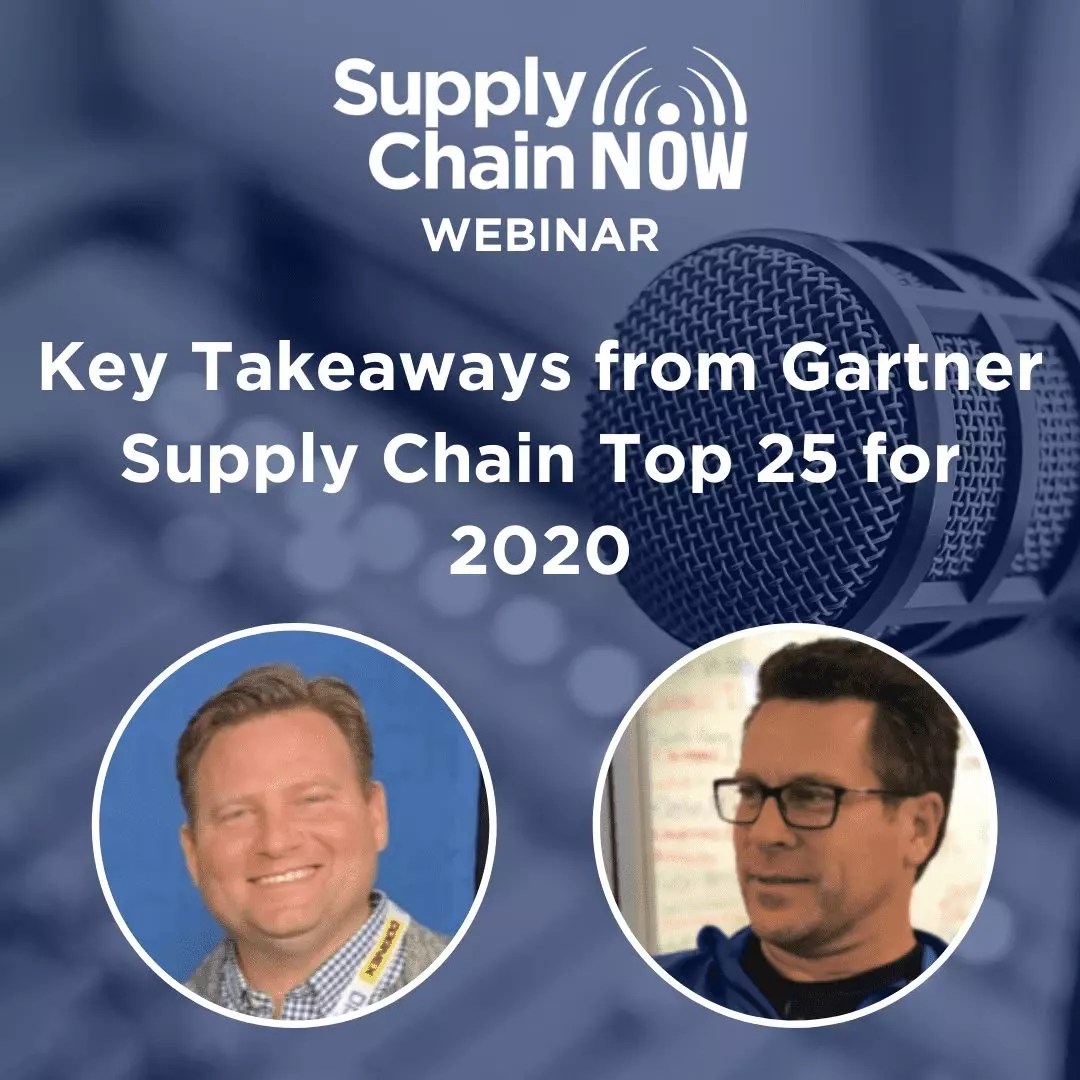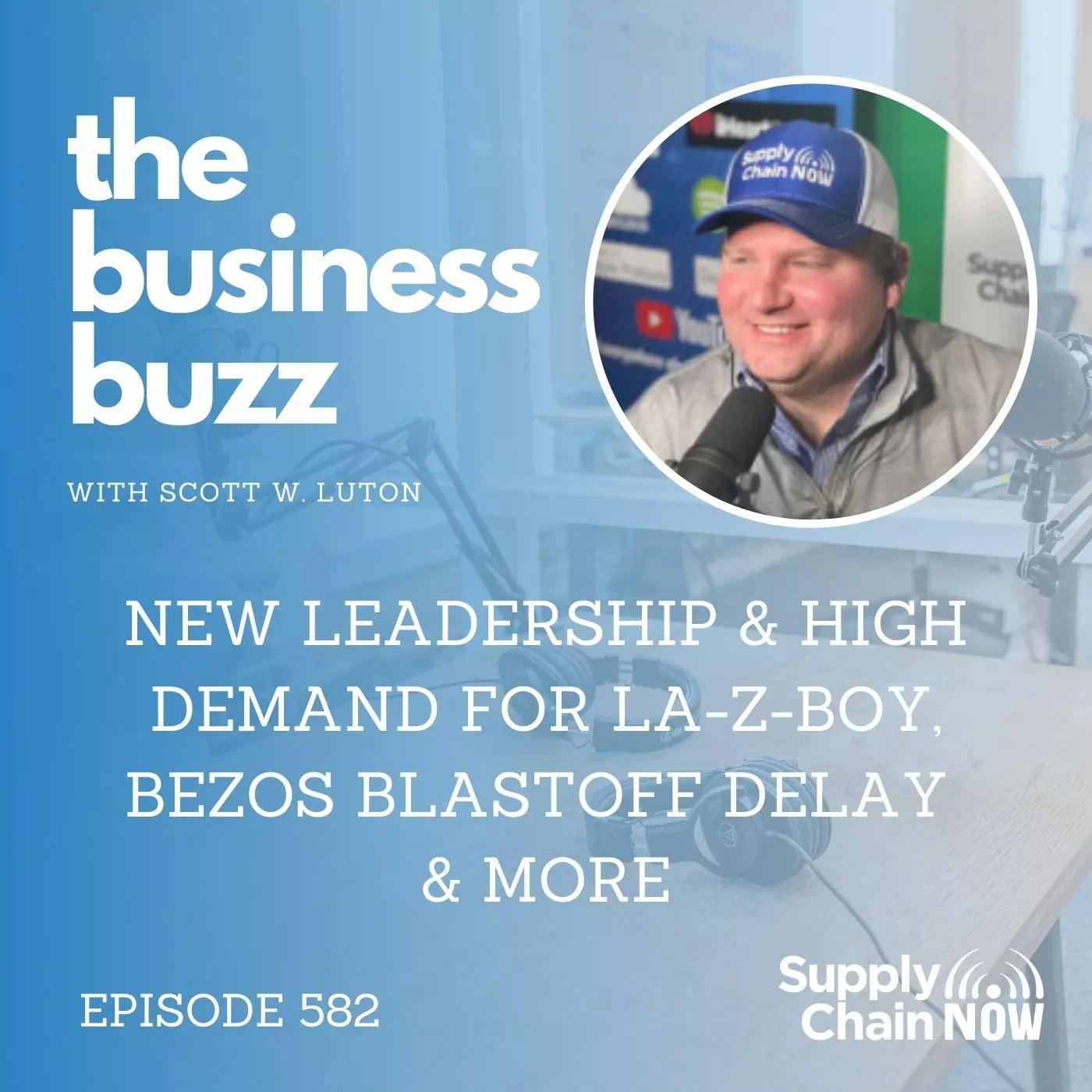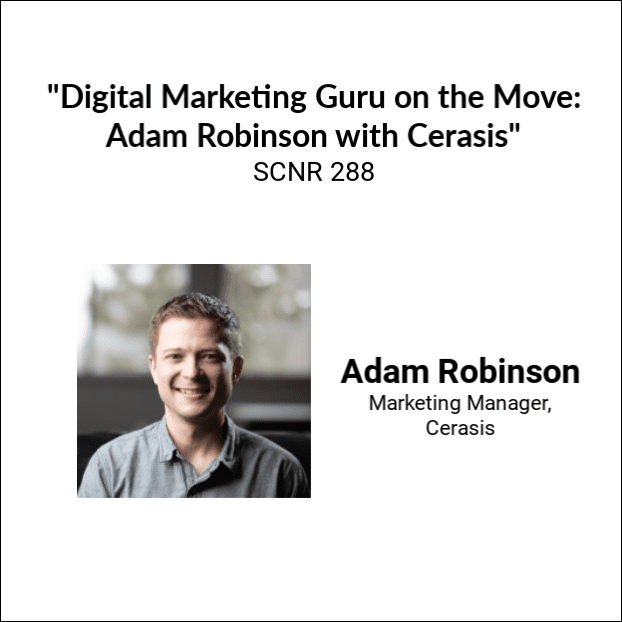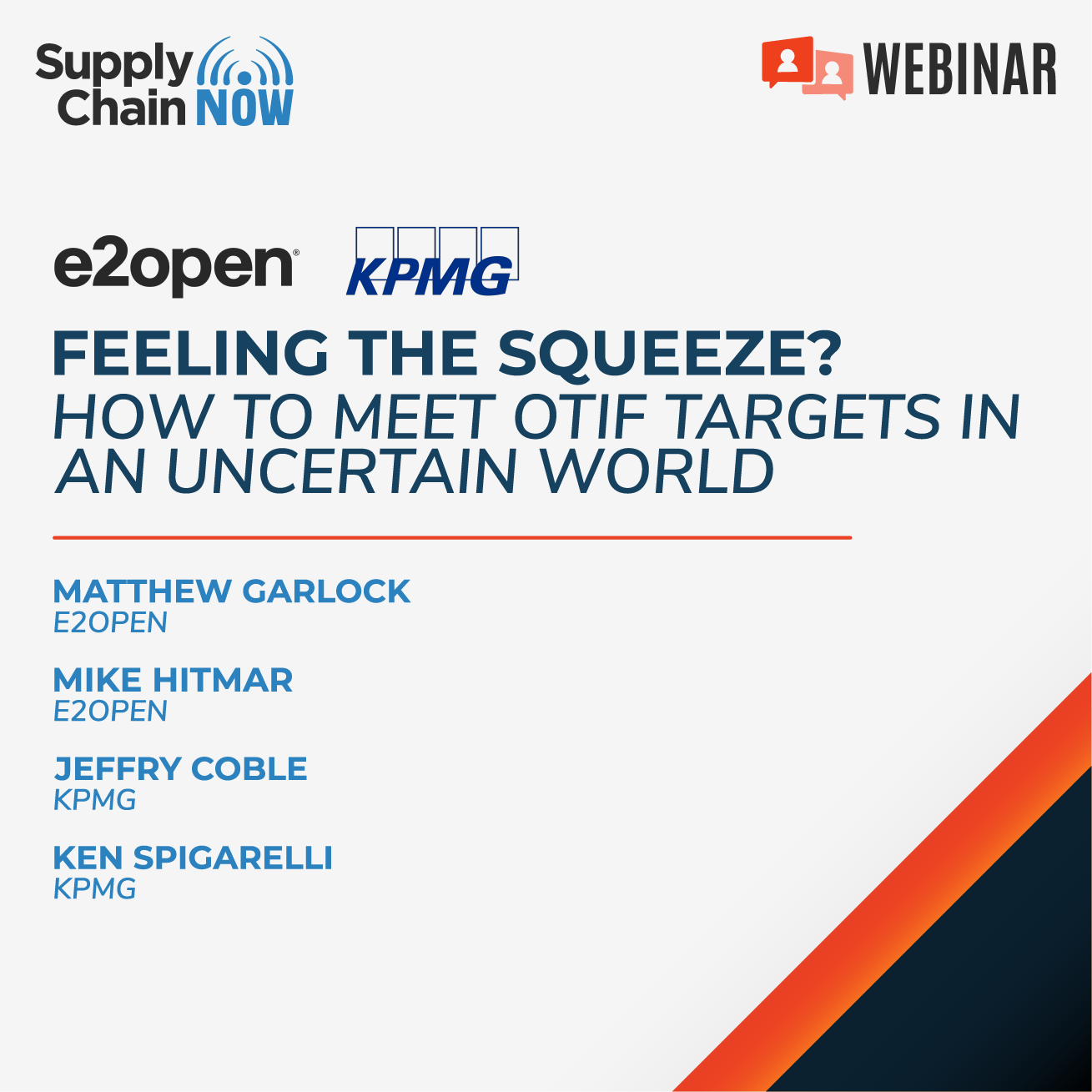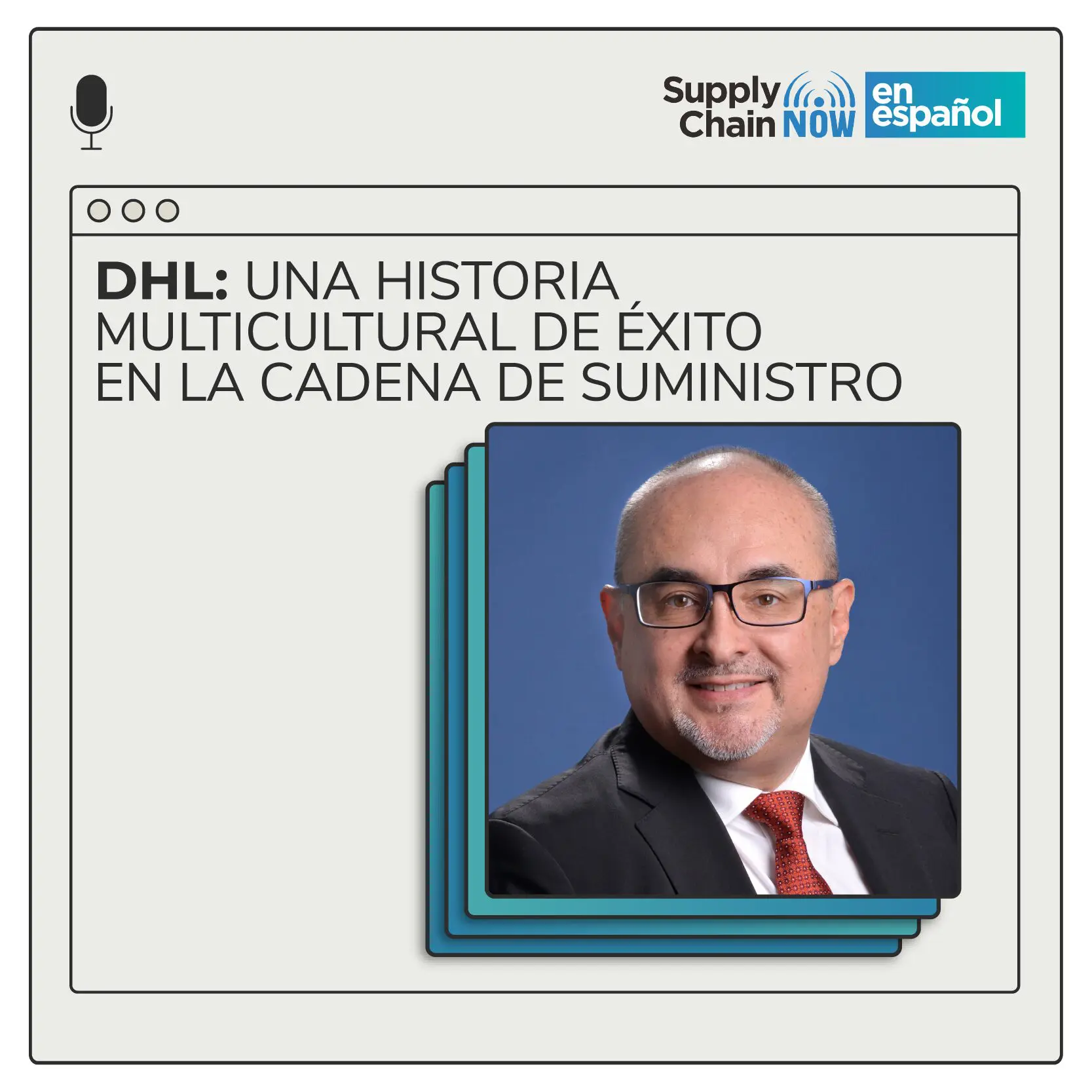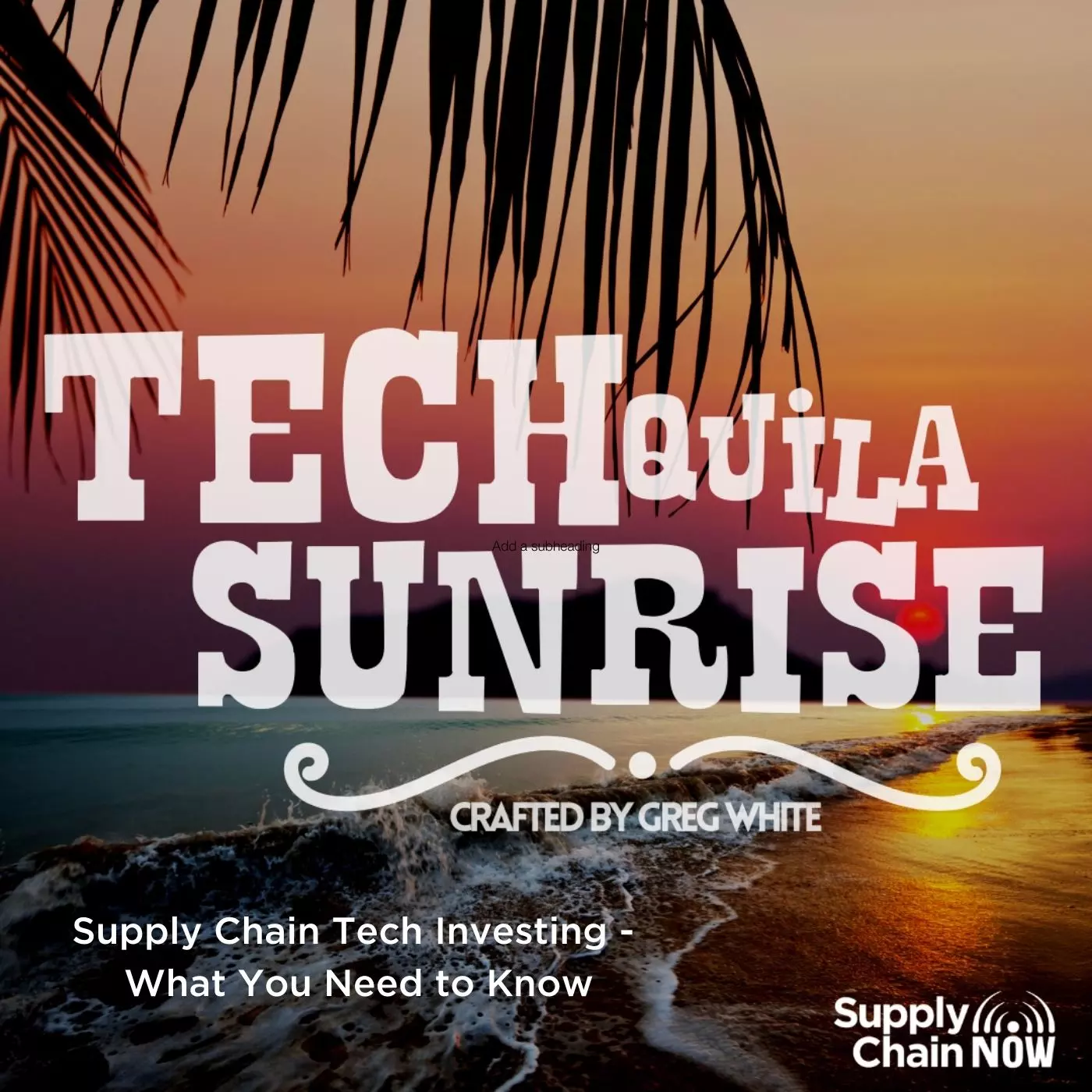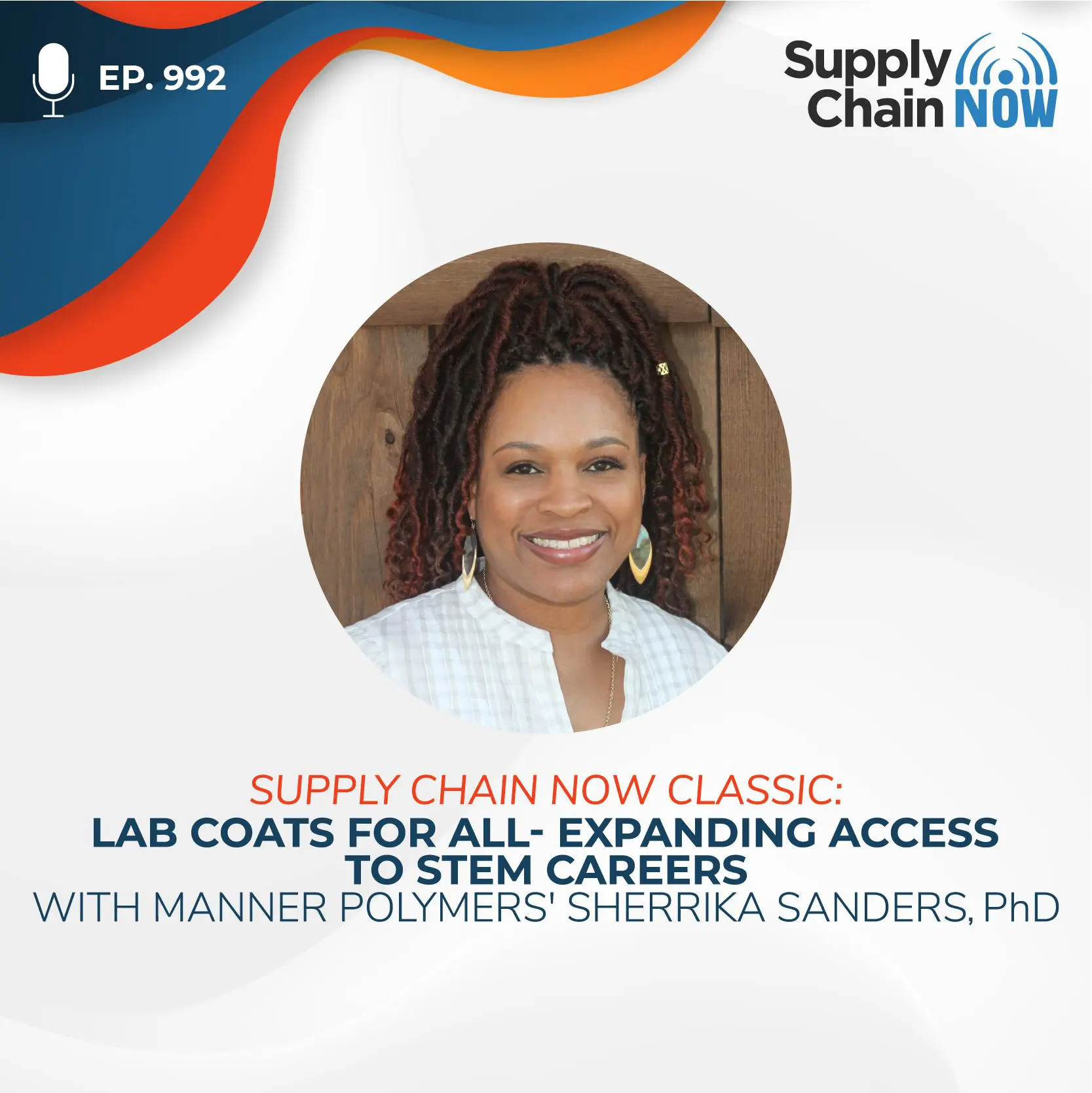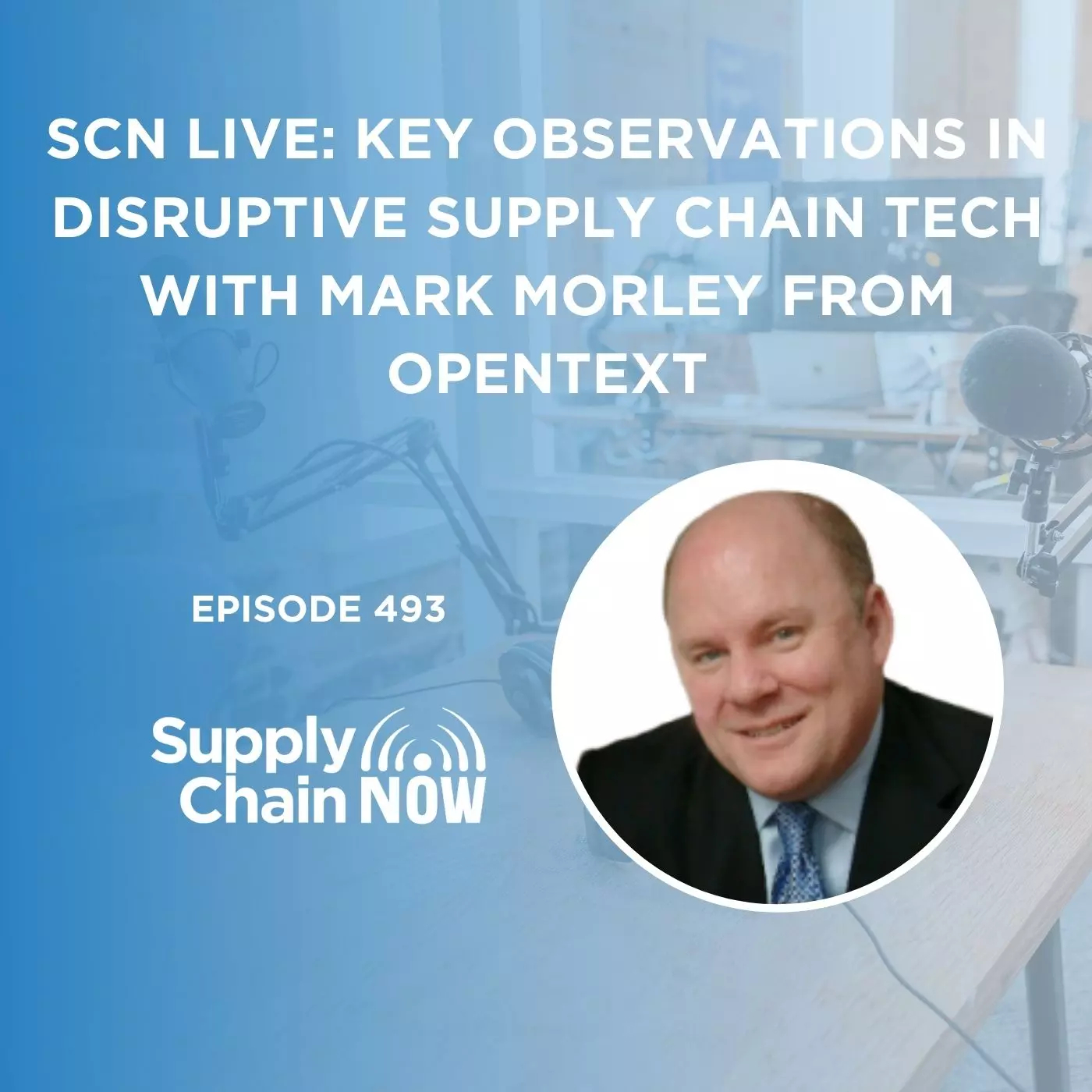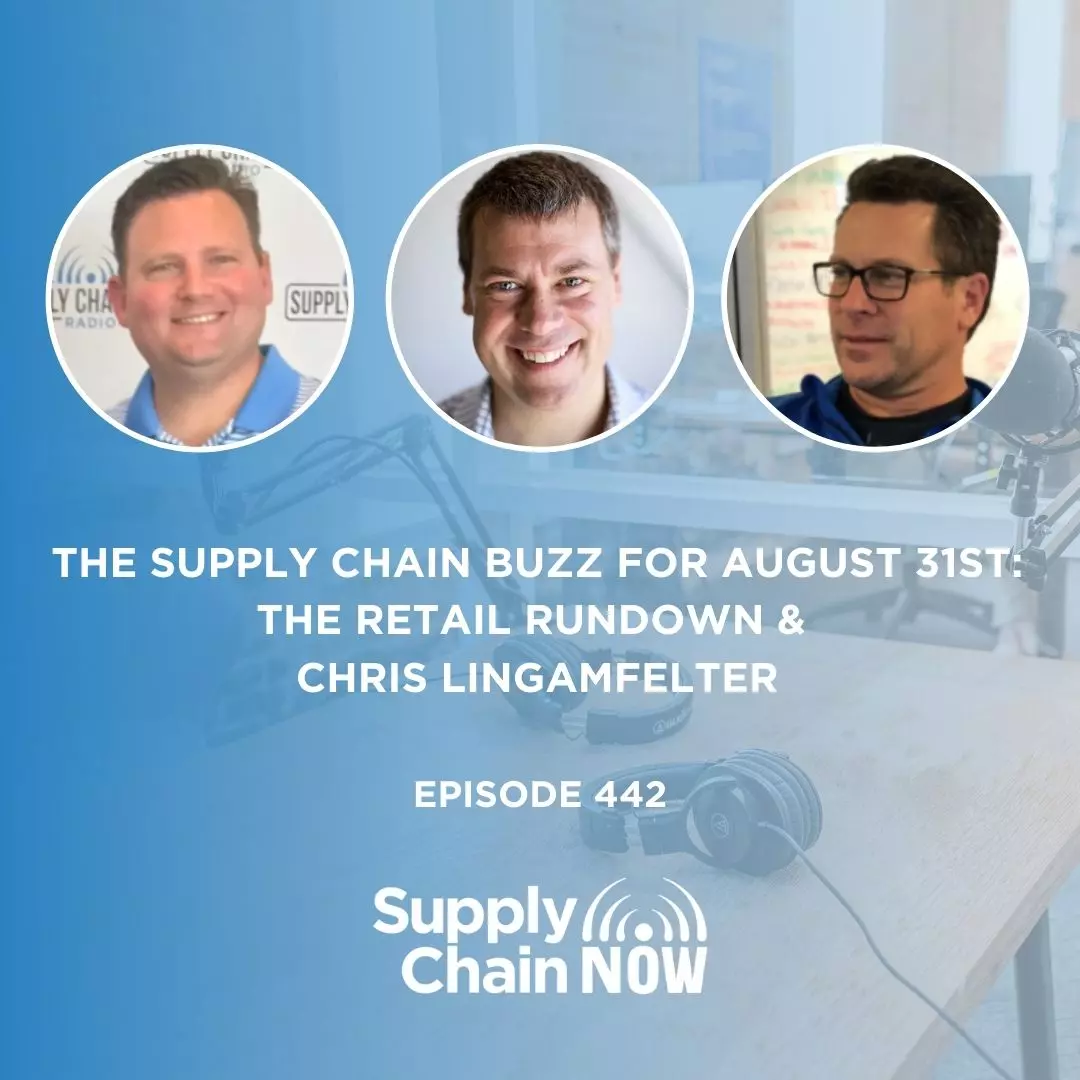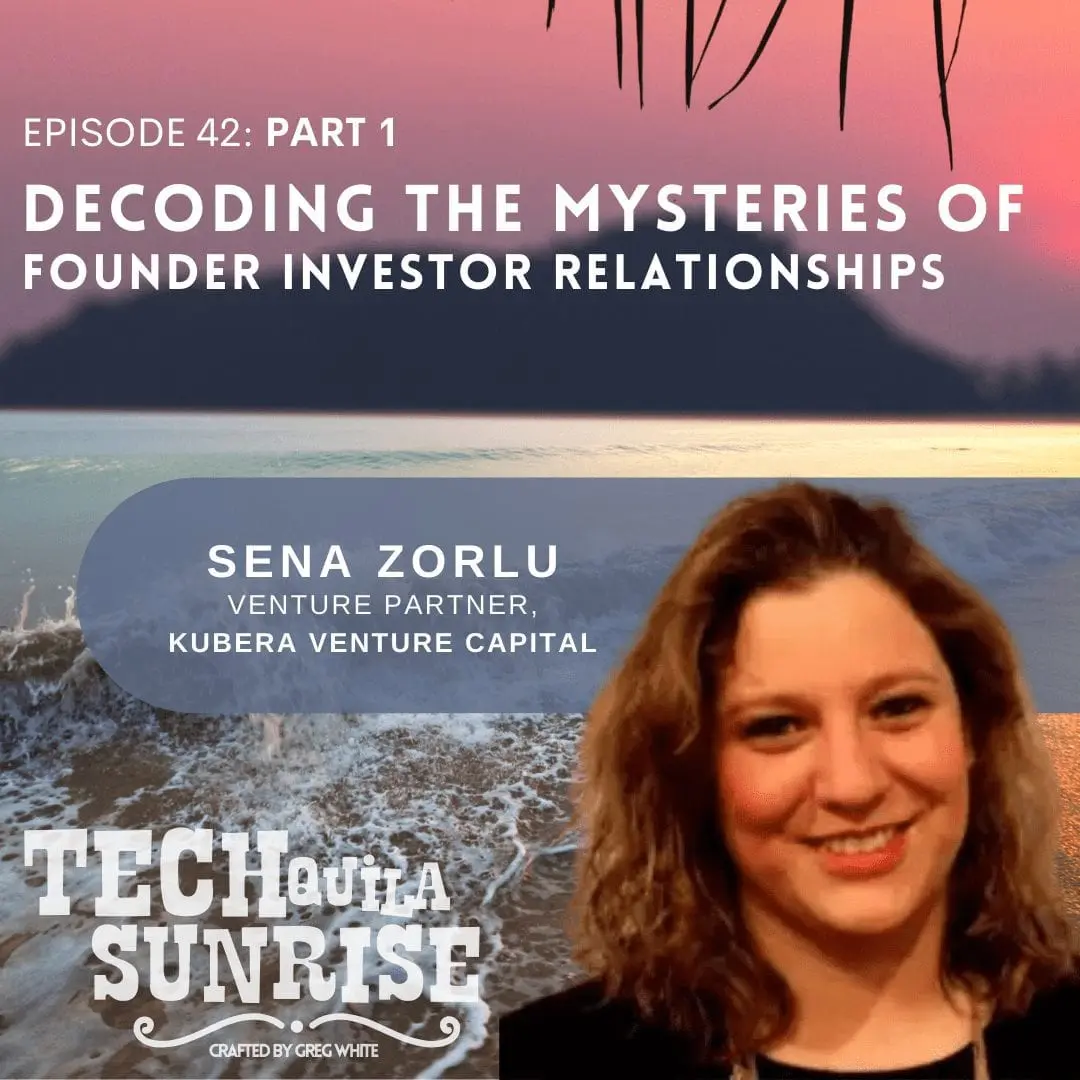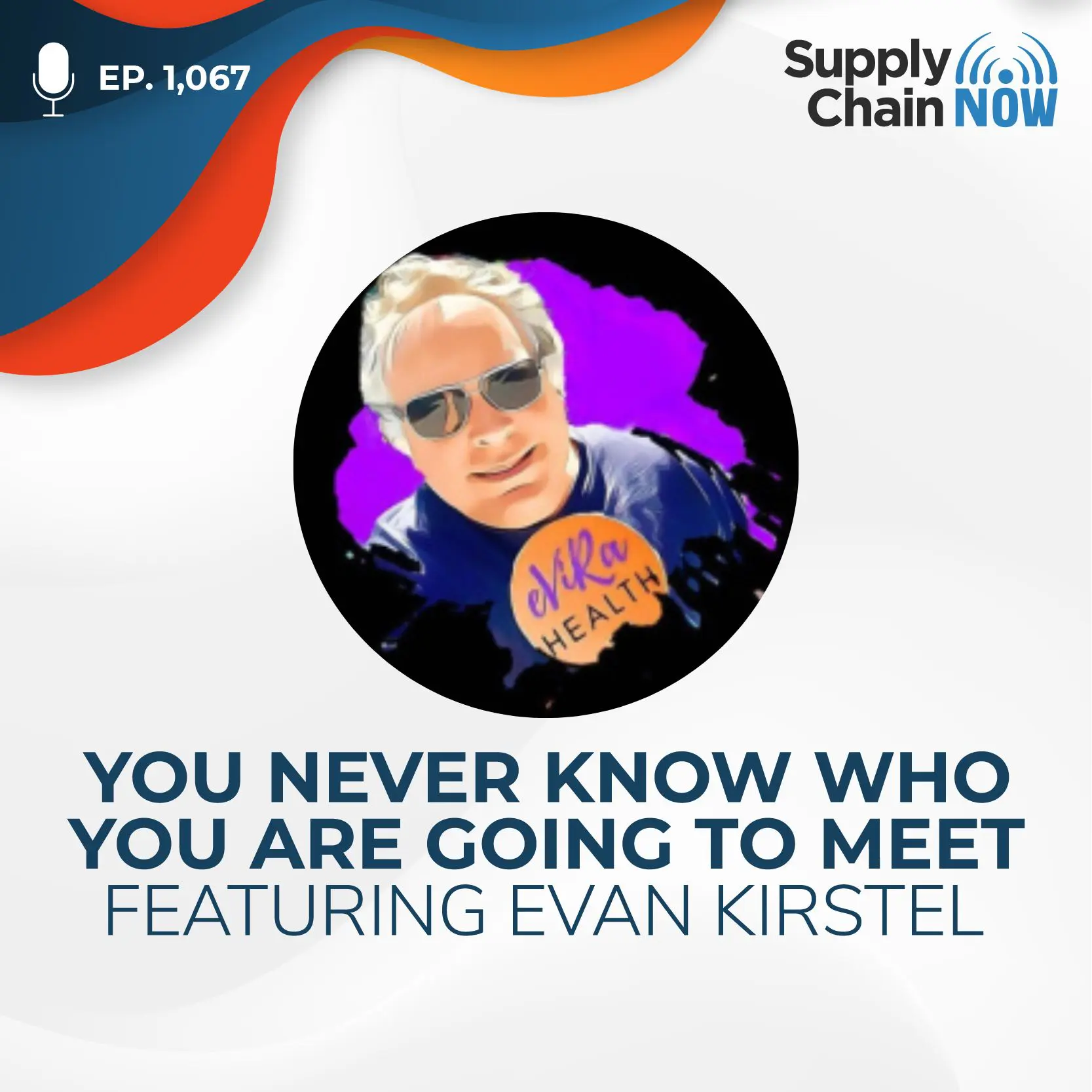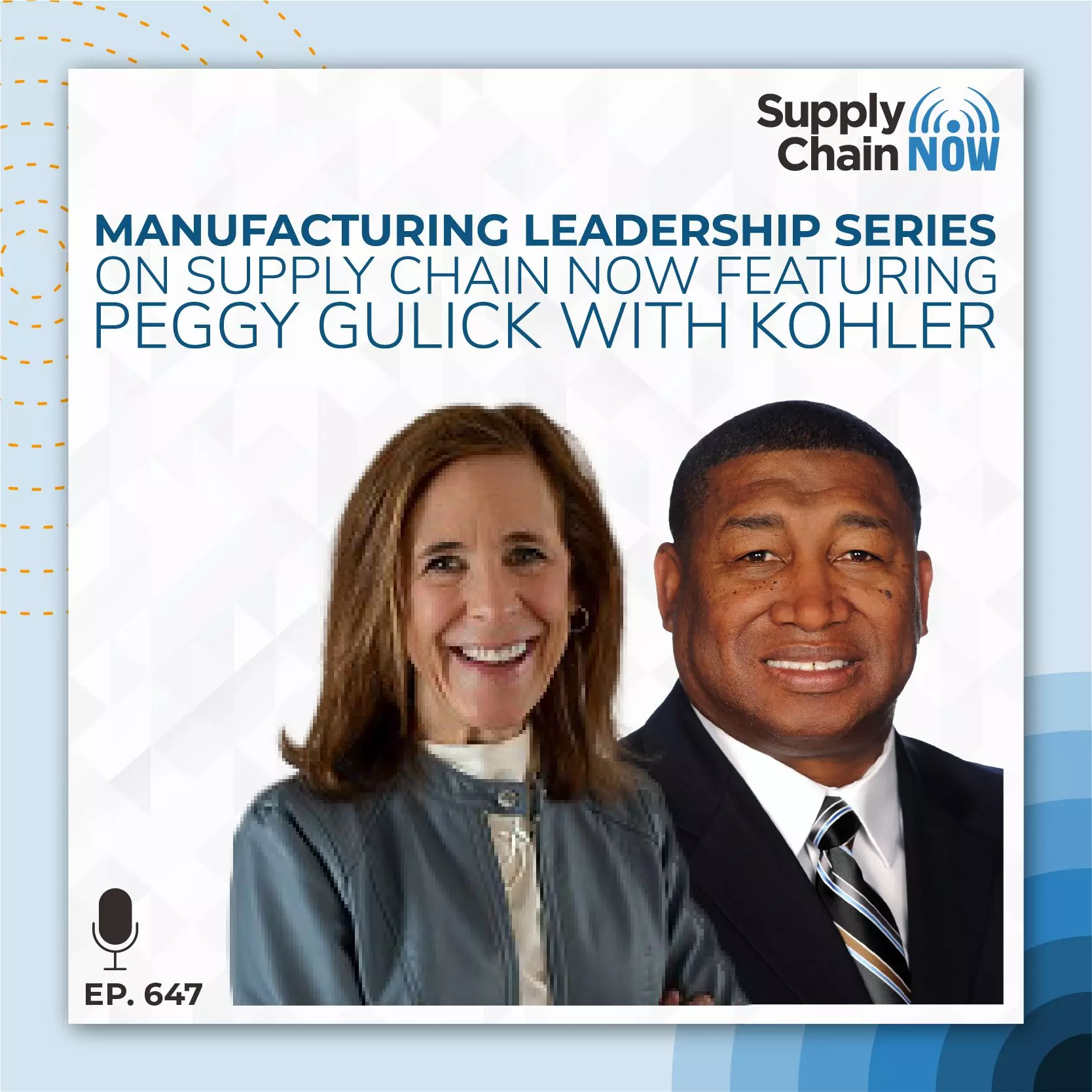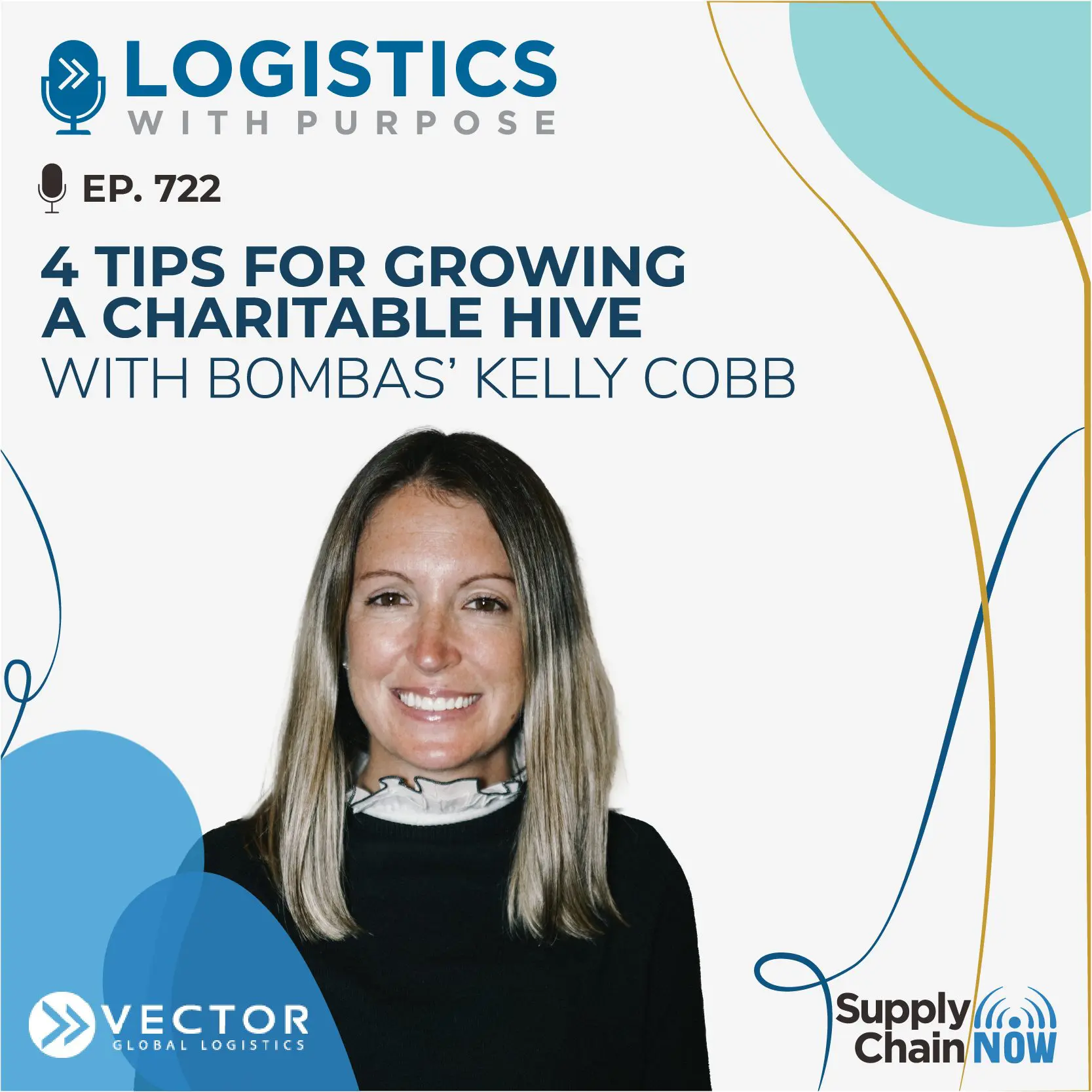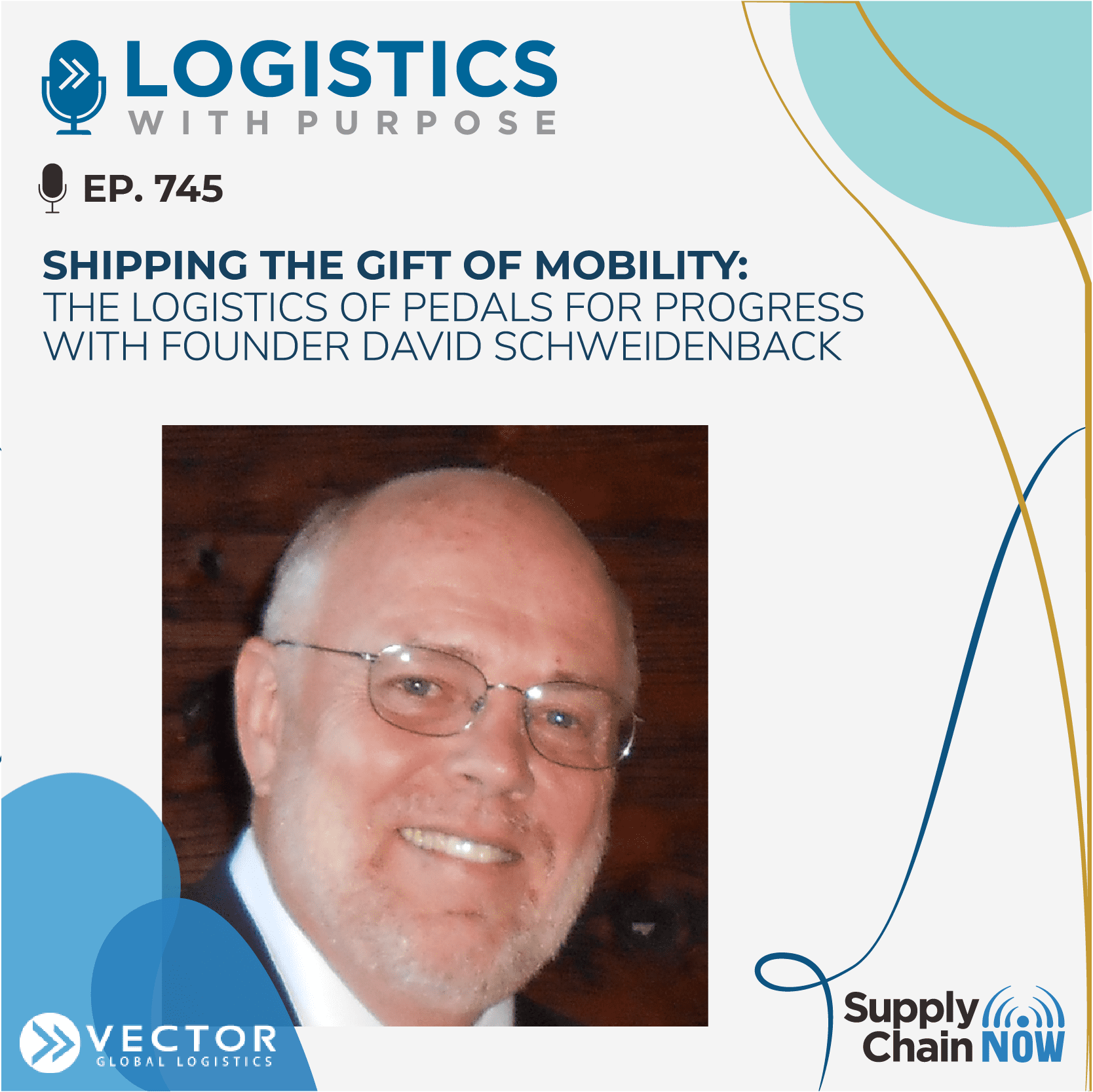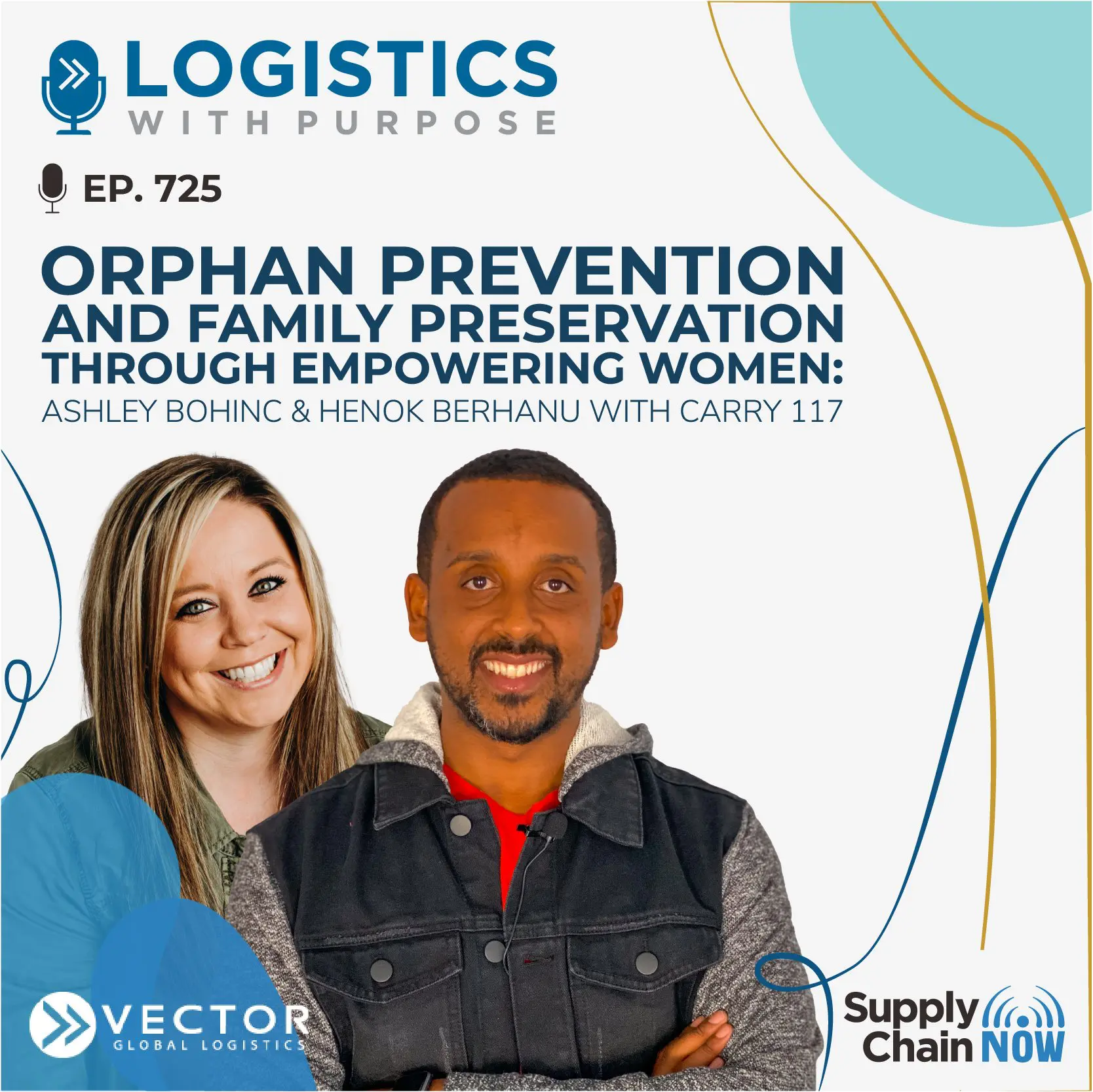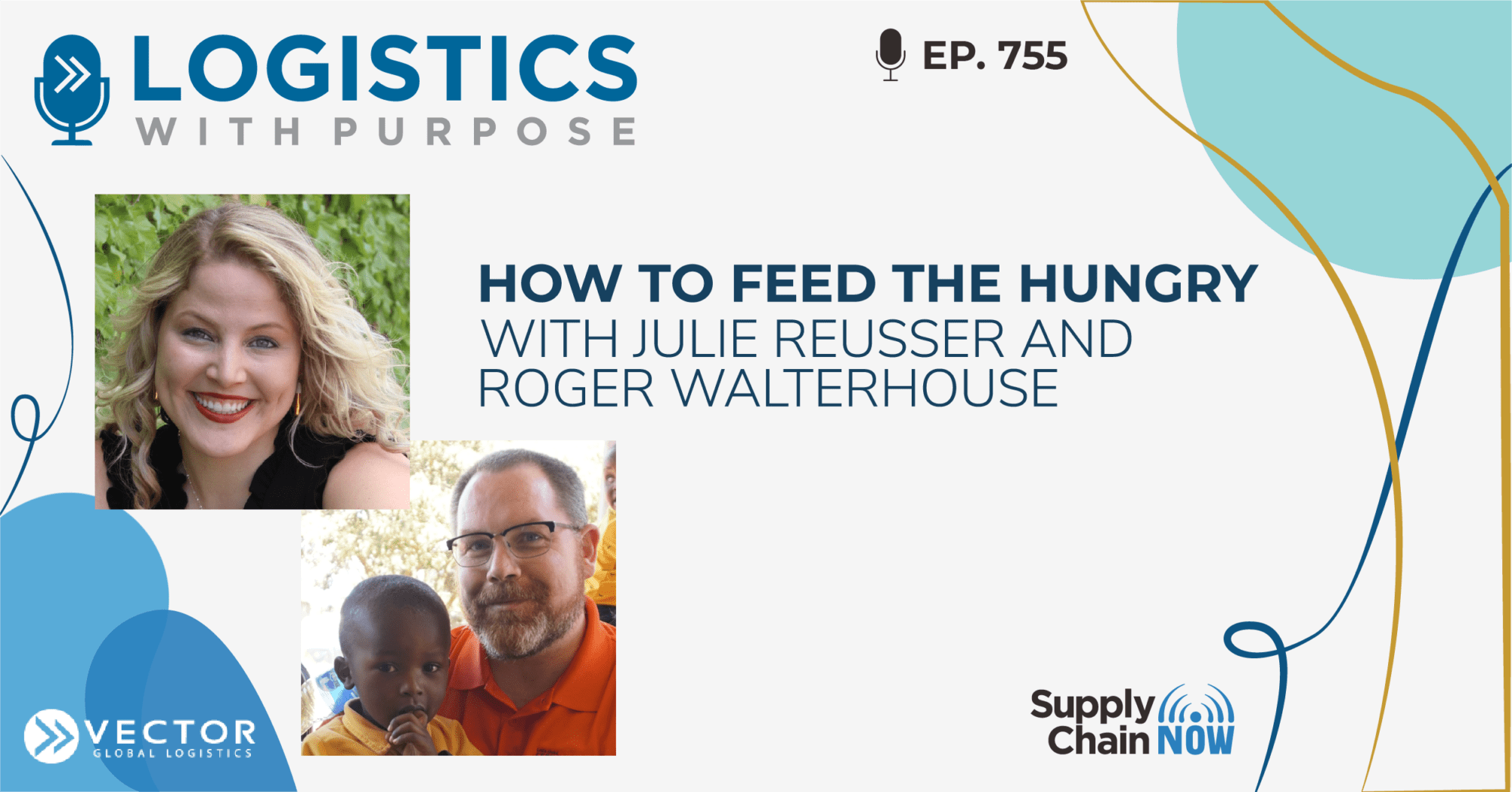
We're not out planting big 'Feed the Hungry' flags all over the place and establishing big office buildings and buying cars and staff and all the things there. We really try to run very lean and we do that through the people that are there on the ground. They understand their culture the best. We want to resource them to be able to do the work that they know will be the most efficient and effective in their communities.
-Roger Walterhouse
Episode Summary
Let’s talk about an organization called Feed the Hungry. It’s a pretty self-explanatory name – but there’s nothing simple about feeding 380,000 children all over the world … every day. It takes passion, organization and a lot of coordination to keep partnerships with 23 countries up and running, but guests Julie Reusser and Roger Walterhouse make it look easy. Join co-hosts Enrique Alvarez and Kristi Porter as they sit down with the two for a fascinating discussion on why there’s more than one definition of poverty, what led Julie and Roger to Feed the Hungry, the importance of fortified foods – and how the organization is going above and beyond to feed the poor and hungry while empowering the church.
Episode Transcript
Intro/Outro (00:18):
[inaudible]
Enrique Alvarez (00:19):
Hi everyone. And welcome to another episode of logistics with purpose. My name is Andrea Alvarez, naming curly, happy to be here today with my co-host and good partners. Sidekick, Kristi, how are you doing this morning?
Kristi Porter (00:31):
I’m good. I’m excited to be here, excited for another great conversation. Um, hopefully everybody enjoys these conversations as much as we do because it’s just selfishly a way for us to get pumped up and inspired by people. So, um, hopefully other people listening and watching will feel the same way. And this is another good conversation.
Enrique Alvarez (00:48):
I totally agree with you on that. And I think that the way we’ve been scheduling those interviews, uh, throughout our daily tasks and routines are just very strategic so that we can get the ride boost of energy, talking to the right people as we continue kind of like handling and going through the very challenging times that a supply chain is going through right now. So yeah, this is, this is amazing. This is one of those moments that I think we both expected and are ready to have. And we have a really good guest today and we’ll be talking a lot about different things. There’s tons of things happening in the world, uh, uh, Haiti earthquake and of Ghana’s Stan and a bunch of other things. So it’s very relevant. I expect this to be a very good conversation and we’re ready to go. And of course, let me just remind everyone out there that if you enjoy this conversations and you enjoy listening to logistics with purpose episodes, don’t forget to sign up and follow us on whatever. Um, wherever you get your podcasts from once again, supply chain now, and you can also visit us on our website@supplychainnowdotcomoravectorgl.com. All right, with that said, Christie, do you want to do me the honor of interview, uh, introducing our guest today?
Kristi Porter (01:59):
Yes, I would love to. So today we have Julie rooster, who is the program manager for feed the hungry and Roger Walter House, who is the director of many ministry programs for feed the hungry. So we’re excited have both of them on, and they’re doing really incredible work that people are gonna love to hear about. So welcome, Julie and Roger.
Enrique Alvarez (02:19):
Welcome. Welcome to the show.
Kristi Porter (02:25):
We’re excited to have you on. Um, so thank you so much for being here. We’re really excited to talk to you guys and learn more about feed the hungry and, uh, all the good work that you’re up to. So, Julie, we’ll put you on the spot first. Um, please tell us a little bit about where you grew up in your childhood. Yeah,
Julie Reusser (02:43):
So, um, I don’t know how many of the listeners are familiar with Indiana, but we are located right now in south bend, Indiana. And I was born and raised till I was about 10 years old and Fort Wayne area of Indiana. And so yeah, grew up in a family of five children. So never a dull moment there. I’ve got two sisters and two brothers and we moved up to the Elkhart area, which is just about 20 minutes south of here. No, that’s not right. I’m east of here just to make this drive every day in my life. Um, GPS has made me lazy, you know? So, um, yeah, I moved here in 2000 and was, I guess the most of my childhood was here then and teenage years and yeah, so my parents both still live in the same house that I grew up in when we moved here and got a beautiful relationship with them. I’m the only one who’s around the area. The rest of them have all moved on to, um, other parts of the country. So yeah, it’s, it’s been great. I love Indiana. Um, they happy to be here. I moved away for a while, but landed back here and landed on my own two feet. And here I am at the boundary. Roger, what about you? Can you share a little bit about your
Roger Walterhouse (04:03):
Yeah, absolutely. I, I also grew up in this area, uh, it’s called Michiana, which is because it’s close to Michigan and Indiana. It’s just kind of a combination of both. So, uh, Michiana has a lot of, uh, one, one larger community, south bend and then a bunch of smaller communities that kind of make that all up. So it was a great place to, to grow up. We’ve got, uh, Amish in the area. That’s kind of an intriguing kind of thing. It draws a lot of people in to come and see the Amish. And when we got Notre Dame football, it’s just real close here as well. So it’s a, it’s a good place to be. And, uh, so that’s, I, again, I grew up around here, so it’s pretty, pretty amazing.
Julie Reusser (04:41):
We’ve also got lake Michigan just like an hour away, which is incredible. I don’t know if y’all have had an opportunity to go to the great lakes. Um, I, it actually took me leaving and coming back to realize how unique they are to our area. Because, you know, if you zoom out at a map of the United States, the only large bodies of water you’re going to see are the ocean. And so then to like see these five great lakes that are ginormous and like surround these other Canada and the United States, uh, it’s just really cool because you go there and you don’t see the land anywhere in sight. So yeah, lake Michigan is a great place to go in the anytime of the year, honestly, there’s dunes and things around that area as well. So draws a lot of people in, Hmm.
Enrique Alvarez (05:24):
It sounds amazing local tour guides when we visit to people that are listening to us, please just go visit south bend, Indiana. Thank you so much again for joining us, Julia and Roger. Um, Julie looking back, I mean, what’s, um, what kind of experience, we’re the first part we’re trying to kind of understand a bit about you and who you are. So, and then really try to do then go into what you do and what you’re passionate about. But if you could just share with us in our audience, like an experience or two of those early years, that kind of like shaped who you are and what you’re currently doing.
Julie Reusser (06:00):
Yeah. So, um, I definitely I’m, I’m 31. So I was like early years. Am I like going back to like six years ago? Or am I going to like a moment when I was 12 years old? Like trying to kind of figure that out. So, I mean, I was thinking about this and obviously the work that we do here is, is, um, relief work. And just trying to really bring, bring hope to people that are, um, in need. And so as long back as I can remember, I was trying to think about this earlier. And my parents instilled at me at a very young age to just to give back and to, to care for people. I remember marching and, um, I don’t, they weren’t protests, but just marching for like causes and things. When I was younger and always volunteering, I was proud to be a ten-year member in four H.
Julie Reusser (06:52):
And so just always being a part of things that I, I was like in dog club and suits and stuff. So I wasn’t like overall attractor or anything or re raising cattle, but, um, but you know, always being a part of something that was bigger than myself. And so that was instilled in me, like I said, from a young age. And I honestly had no idea that I would enter this sort of work. I went into hospitality and tourism management and school. So, you know, I’ve, I’ve loved to cook my whole life love to be a part of things when people are having a good time. And for the most part, when you’re out to dinner, you’re generally having a good time, right. Or when you’re on vacation, you’re generally having a good time. And so, um, in, in college though, I, I studied hospitality and tourism management, and then I, I thought it was it for me.
Julie Reusser (07:43):
And then I went over, um, I, I, after graduating for about a year, I worked in the industry and quickly realized that it wasn’t it for me. Um, and so then from there, I, and this might be jumping into the next question a little bit, so I apologize. But, um, I actually just was being very introspective in my life and kind of reflecting, asking the Lord like where I was supposed to go. Um, I was, you know, 25 years old and just having them like, it’s, I’m a year out of college. I can’t possibly not pursue what I just went to school studying for the last four years. But nonetheless, I growing up, my mom had been there, my mother and my grandmother and my grandfather for that matter as well, had all been very involved in, um, going to beliefs and being in mission missionaries there. And so my grandma actually had a house there and they just always talks about beliefs, beliefs, like just really being engulfed in the community and loving on people there and sharing the hope of, um, of Christ with them. And so, you know, I hadn’t, at that point in time, I I’d gone over. I had gone to Canada and I went to Mexico when I was a baby at one years old. So I was like not much experience.
Enrique Alvarez (08:57):
You’ve got to go back to Mexico. I’m sure you don’t [inaudible]
Julie Reusser (09:03):
I don’t think that’s really
Enrique Alvarez (09:04):
True, like Miami beach still in Mexico.
Julie Reusser (09:08):
Um, so after, after college and that one year of working in the professional field, I just like was reflecting of what I should be doing. And, um, heard about an organization called adventures and missions. And they do a trip called the world race where you travel to 11 countries in 11 months and live out of a backpack, live in radical community. Um, you’re with, I was with my squad was about 40 people. And then we were broken up into smaller teams from there. And so what we would do is we would travel to these various countries and come alongside already established organizations and ministries, churches, schools, whoever, and they would just serve and work with them for a month. And so that really instilled in me this incredible desire to experience other cultures and to just show people the love of Christ and to just continue to travel and to, to be a part of something again, far bigger than myself. And so I actually did that trip, um, traveled to south Southern Africa, central America, and, um, and Southeast Asia on that round was home for eight months, went back out for another 11 months. This is like the cliff notes version or another 11 month
Enrique Alvarez (10:23):
All with the, with the world race. Right. I mean, this is an amazing organization that sounds like so much fun. And it sounds like,
Julie Reusser (10:30):
Yeah, yeah, definitely just really helped to craft my worldview as a,
Enrique Alvarez (10:37):
How many countries, how many countries did you end up visiting for the first eight months and then the other around the 11?
Julie Reusser (10:43):
Yeah. So I mean, some of them would be like, we, you know, we were close to the border, so we could go over and see something for the afternoon or whatnot. And then, um, so I, in total, not just through the world race, cause I also went to Australia in between those trips, but, um, I’ve been to 26 countries.
Enrique Alvarez (10:58):
Wow. That’s amazing.
Julie Reusser (11:00):
Wow. I’m trying to catch up with my age. I’m like we got, do a lot of travel,
Enrique Alvarez (11:05):
Especially after the year though. We’ve all had definitely got to catch up with our travel,
Julie Reusser (11:11):
But yeah. So, so I went back overseas for another 11 months and I was only supposed to be gone for five at that point. But, um, through discussing with our leadership and things, we ended up staying a little bit longer through the whole duration of the second trip. And so then I came back and I was like, all right, well we student loans, aren’t going to pay for themselves.
Enrique Alvarez (11:34):
Yeah.
Julie Reusser (11:34):
I’m like, I wasn’t paying on them for a minute. You know? Um, so after that I was like, all right, well, what am I going to do? And I didn’t even know feed the hungry was in south bend. I had no idea. Um, but through, you know, being, working for my dad and the auto part industry for about five months while I was trying to figure out how I was going to pay off these loans where I was going to work and things I just kept applying for positions on indeed. And it landed me here in, um, working in gift in kind is where I started out here. So we can get more into that in a bit. I would say that just a really impactful moment of my past is just igniting that desire to experience other cultures and to just love on people all around the world.
Julie Reusser (12:20):
Um, I feel the most myself when I’m, when I’m traveling and when I’m overseas and you know, it’s, even though there’s language barriers and every country you go to, um, a smile says it all. And to find joy, working with children who are our programs, focus on feeding children. Um, so to find the joy of just engaging with them, it’s so simple, you know, you can’t even say hello in the same way, but yet, like you can do a handshake or you can play a game. Like, you’d be surprised if you hold out your hands like this, all these kids know this game where you like, just try to slap hands as quickly as possible. And it’s just yeah. To try to be creative in ways to engage and show them love. And just to, um, yeah, it’s a lot, one of them
Enrique Alvarez (13:02):
Amazing how easily and openly children are in general. Right. I mean, that’s just not something that they really even think twice about. And it’s a great, thanks for sharing. It sounds like a great experience. And thanks for sharing it.
Kristi Porter (13:15):
You had a very productive quarter life crisis. You didn’t, you got up and you went somewhere. What was, um, I’ve had several friends that have done that trip. What was your favorite country to so soon together to that?
Julie Reusser (13:29):
Yeah, at one point I wasn’t sure if there would be any more in there, but, um, but my favorite country, actually, I have two. So in T and Southeast Asia, Thailand, absolutely. My favorite country I’ve been to, we were in the Northern area. So shaming Shang, and I don’t know why I rolled my are there, it’s not a Spanish country.
Julie Reusser (13:54):
Right. So Shanghai is very mountainous, rural area, not too far from Shanghai, which is a little bit more like touristy has a lot more going on, but definitely not city like Bangkok, it’s like small town fields. Um, but our hosts there, she was from Australia and she married a Thai man. Just incredible, incredible couple. Actually they worked for destiny rescue who works with girls coming out of, um, sex trafficking and they, he didn’t speak any English when they met, they started dating and he didn’t speak English. So he was learning English as they were dating. And now they’ve been married for like eight years. And so I think just their dynamic and we lived on a farm. So planted 12,000 pineapples there, that was our ministry for the month. They weren’t ready for us. We came a year early, but she didn’t want to turn us down.
Julie Reusser (14:47):
And we have this team do for an entire month. So every day we out with a hoe and thrown pineapples in the ground, but there, and Honduras pineapple, your favorite food, you know, I do really enjoy hospitality, interestingly enough, international sign of welcome. But, um, it, it is not, but it’s up there, but yeah. And then, and then I’ll do it as a, I loved that country as well, worked with, um, basically family and children’s services would take children out of homes that there was abuse happening. And then we worked at a center where they would take the kids in and act as a liaison before they could place them back with, um, another family member they could be adopted. And so we’re really excited. We’re actually going there and three weeks, um, for an entirely different purpose because now I’m working for feed the hungry. But, um, but I’m excited to get back there cause I really enjoyed my experience there as well. That’s fantastic. Roger, what about you, what’s an experience from your past that helped shaped what you do now and your worldview?
Roger Walterhouse (15:50):
Yeah, I, I grew up in a ministry home. My dad and mom were pastors. And, uh, so from very early, we, we learned the whole idea of service and, and really looking at other individuals and how we can help other people. And, uh, I think one of the things that really, um, kind of stands out as I think back on my, my experiences is my first trip that I ever took overseas and I was to the nation of India and, uh, to, to, um, have the cultural shock of moving, going from the United States and, uh, the next, you know, kind of the next moment you’re landing in, in India and began being exposed to the cultural differences. Um, sometimes cultural shock. Isn’t a great thing. We’ve had led mission trips before where people just kinda tuck into a fetal position because of the cultural shock, but it was something that really invigorated me and it was something that right away challenged me to look beyond my own individual circumstances and really looking at how can I give back, what can I do to, to, to minister.
Roger Walterhouse (16:56):
And, um, so at that point I was, um, I was a pastor of a church as well. Um, began leading mission teams. And that led into me being involved with a lot of children’s and youth ministry. And, uh, because of that, uh, especially with, with the youth ministry, uh, began leading a lot of youth teams overseas. And, um, that led into some opportunities, doors opening, uh, where I landed here at feed the hungry and a what a, what an awesome experience so far for me, because we work with so many children around the world. Uh, for me, as I look back on the experiences of being involved with children and youth ministries and the churches that I’ve pastored, um, that really has been the catalyst for what drives me. I recognize that so many kids around the world are just so poorly equipped to deal with with life.
Roger Walterhouse (17:47):
They just have, they don’t have the privileges we have here in the United States. They haven’t had the opportunities for education, um, especially young young girls that are just so poorly treated all around the world. And, uh, so my, my heart and my passion is really to help, um, cultures understand the importance of children, especially within the context of churches that we work with, helping them understand the need for children’s ministry, uh, how important it is to, to resource kids, to be all that they can be. And that really drives me every day is just to help position kids in a much different way.
Kristi Porter (18:27):
Yeah, that’s incredible. Thank you for sharing. Um, and I’m sure for India, the culture shock was a little bit easier just because they’re such lovely people, so warm and friendly.
Roger Walterhouse (18:37):
We were welcomed really well. And, uh, we, we found ourselves in a, in a place, uh, where right away they, they put us in a place to, uh, to just succeed. And, uh, I was there for 21 days. Uh, so that was, uh, a very formative experience for me. And, uh, just helping me understand, uh, kind of what my path in life would be and my goals in life. So one of the things that it’s really driven me to do is within ministries that I work in is encouraging parents to put their children into at about 16, 17 years of old, all put them into a position where they have to be exposed in a cross cultural experience to give them a worldview that they’re not going to get by being on their Facebook pages or, you know, whatever, uh, Instagram and playing video games, but to really put them into a place where they have to confront that the world isn’t like, what they see, uh, most of the world is much, much different than what we have here in the United States.
Enrique Alvarez (19:37):
That’s a great, great thing to kind of teach a children I have to, and yes, just to expose children to the world. That sounds like a really, really good suggestion from you. Roger, do you have any
Roger Walterhouse (19:47):
Favorite countries, favorite countries I’ve been in? Um, I’ve been, uh, uh, quite a few. I think one of my favorite ones. Um, I love Honduras as well, but, um, one that really stands out for me as I love Zimbabwe. I’ve been there a couple of times with our programs here at feed, the hungry and, uh, the, the culture there is, um, it’s, it’s pretty awesome. I I’ve enjoyed our conversations with our team there. Uh, they’re always very open to, uh, showing us the country. They like to show it off a little bit, and there’s a lot of good things to see there as a bubbly. Um, so, but man, I’ve been to a lot of places. Everyone has kind of a little favorite moments, you know, where I, all of a sudden, I just have to kinda have one of those moments where it’s like, am I, am I really standing at the headwaters of the Nile river?
Roger Walterhouse (20:39):
I mean, wow. Yeah. Or, you know, just, just those moments of like seeing, uh, you know, being in safari when we have a little time off and seeing wild drafts, you know, or, uh, you know, in Honduras, uh, just being up in indigenous tribes where there’s still people that the government doesn’t know about, they’re just, they’re so off the grid, uh, and having those moments where you just have no context for it until you’re there and when you’re there, then it’s just a little surreal. And then to go home, you know, in two days later you have to mow your yard or smell or whatever else you got to deal with the fact of paying bills, then, you know, that’s just a crazy experience.
Kristi Porter (21:21):
Julie, you talked a little about, um, arriving at feed the hungry and your journey to get there. And, but talk to us a little bit more about what specifically your role is and what you do for the organization.
Julie Reusser (21:33):
Yeah. So, um, I started here in November of 2018 and my position is interesting because feed the hungry pretty much hires exclusively through word of mouth, you know, someone that works there. Um, but for reasons that are mystery to us, all, they posted this job description on indeed. And that’s how I found it. Um, yeah, so obviously that was something divine. So I started here in November, 2018 as a gifting kind of administrator. So I don’t know, the listeners are familiar with gifting kind, but, um, yeah. So what, what that looks like is all the food that gets donated, or it doesn’t necessarily have to be food, but for us it’s predominantly food. Um, because we’re feeding the hungry, um, these items that get donated, they have a monetary value. And so there’s a lot of documentation that has to go into collecting that and making sure that all of your T’s are crossed and your I’s are dotted so that you’re in line with the IRS and things of that nature.
Julie Reusser (22:37):
And so just making sure that all of the paperwork is done. And so that was how I started here and that, that got my foot in the door and familiarize myself with the ministry and what we do here. And all the ideas started coming after that. And obviously I was hoping to travel someday. And so thankfully the opportunity has, has come that I will be traveling more well, we will be traveling more Lord willing and, uh, 20, 21 and 2022. But yeah, so I started in that position and then kind of moved into, um, working with our overseas partners. And so now my, my technical title, if you will, is our program manager. And so, um, basically my, my level of communication with our, our overseas partners is just a lot higher than most. And Rogers is high as well, but I’m, I’m trying to get back data from them, make sure they don’t run out of food, figuring out how much food they have in inventory, what the dynamic of their feeding programs are like how many feeding programs they have, how many kids they’re feeding, um, just checking in with them on various capacities, making sure that we’re sending funding when needed.
Julie Reusser (23:47):
Um, and then all of the logistics component as well. I work very closely with our freight forwarder and our donors who donate the food to make sure that it gets loaded into the containers that it gets taken to the port, that it sails as smoothly as you can you just say a prayer and then it goes off
Enrique Alvarez (24:06):
Oftentimes one prayer.
Julie Reusser (24:11):
Um, and then once it arrives in country, I’m very communicative with our partners and making sure they know when it’s coming, what needs to happen on their end with customs in order to clear it and things of that nature, and then getting it back safely to their warehouse and making sure that they have a distribution plan, um, how the food is being distributed and getting the feedback back from them on maybe some really great stories that they have, or some impactful moments that we can then share with our donors and then the process repeats itself.
Kristi Porter (24:37):
Oh, so you’re also teaching all these individual pastors and ministry leaders on the ground to be logistics experts.
Julie Reusser (24:46):
Yes. I need a full different education. Yeah, we definitely try. And some of them have, you know, cause there’s no like one shoe, it’s all sort of mentality with what it’s like to be a partner with feed the hungry. And so some of the organizations we work with, like if they get brought on as a partner, they might have experience already clearing containers. And so are they, they have a broker or somebody that they work with, um, that is as a professional cause you know, they can hire someone to do a job that would take them twice as long and a lot more effort and frustration and why wouldn’t they just make the hire? So, um, but yes, I mean, it’s just every, every partner is so unique in what they bring to the table. If they’re willing to take it on themselves, if they have a broker or somebody that they’re working with that will facilitate the clearing process for them, then that might be the case as well.
Julie Reusser (25:31):
But yeah, I mean definitely lots of communication and sometimes it’s hard because I mean, I’ve been to Uganda in 2019, that’s the only place I’ve traveled so far with feed the hungry, not with lack of trying, supposed to go to Honduras here, but sickness got the better part of me there. So, um, but yeah, so I I’m, we haven’t, I haven’t specifically been there to observe the feeding programs. And so, you know, you’re, you’re doing all the communication virtually and just trying to have an understanding of what it looks like in each country and at their various programs. So
Enrique Alvarez (26:03):
Thank you so much Royer. Now, your turn, what positions and kind of like key moments of actually marked your career and just walk us through like, uh, what you do on a day-to-day basis so that our audience can better understand like all the intricacies that, uh, that entail helping so many people all over the world. Cause, uh, I mean, Julia already kind of like gave us a very good idea of how complicated and difficult like logistics and operations really are, but what about you?
Roger Walterhouse (26:30):
Well, th the reason that we ship the food is really where, where I jump in that and we recognize that, um, you know, children are much, much more than just a physical body, much more than a stomach to fill. And so we, we take it beyond what we can say ministry beyond the feeding lines. So if we just fed hungry kids, that would be great. And that’s an amazing thing to do, but we also recognize that in these individual’s lives, these children’s lives is that, uh, we also, um, want to make sure their, their, their intellect and their emotions, their relationships, all of those parts and pieces around them are also being fulfilled. And so my responsibility really takes on that piece. So Julie is really, uh, the gears and the, and the pieces that are moving there, where I would be dealing a lot more on the personal level of just, uh, helping train our, uh, in-country partners, the churches that they navigate and work through, uh, just helping them understand the importance of children’s ministry.
Roger Walterhouse (27:34):
We do a lot of work with, um, scripture, literature, distribution, uh, parts and pieces there that we can get that into their hands as well, working with, uh, with schools and working with, uh, even beyond that, like, uh, just kind of civic organizations and so on. And even within countries of just trying to maximize, uh, the children and the exposure that they have to all these different parts of their lives. So here feed the hungry, our little catchphrase is a full life feels good. And we recognize that a full life goes well beyond just filling their bellies. We also have that responsibility of engaging their minds, engaging relationships and, and really helping them Excel in being the people that will change their culture. Uh, so that that’s, that’s kind of a big, big picture of what I do. I could get into the nuts and bolts of all the little parts and pieces, but, um, that’s kind of the 30,000 foot view there of, of what I do. So I do a lot, I’ve done a lot of travel, a lot of engaging with our, with our in-country partners, really helping them understand, uh, how they can do a better job at fulfilling just the whole aspect of a child’s life, rather than just that nutritional piece that, um, many people would assume feed the hungry is involved in. So,
Kristi Porter (28:53):
Um, and since you’re, we’ll also ask you, um, I know you gave us the broad overview, thank you for that. And we’ve mentioned feed the hungry to this point, but it, Roger, if you’ll also just cover for those who aren’t familiar, um, with such a long-standing organization, kind of tell us about the mission and the history of the organization and how you guys came to be and
Roger Walterhouse (29:13):
Great. So it goes back to 1987, uh, when, um, uh, Christian evangelists, statesman church planner, uh, Dr. Lester Somerall began feed the hungry, and he really began it with, uh, with the idea of, of when we pray the Lord’s prayer, give us this day, our daily bread, like, what would it look like if we, as the church would help people and answer that question or answer that prayer, give us this day, our daily bread. And so we really work hard to try, and it’s kind of our overall idea right there as people are seeking, how do I, how do I fulfill my daily need for food for myself and for my children feed, the hungry really has, has had that initial vision of being able to fulfill that, that piece. And then we do all of that through local churches. And so what’s really exciting about that is, uh, again, we, we recognize that even in some close countries where churches, maybe aren’t as open as they can be or should be.
Roger Walterhouse (30:14):
Um, the church still is a very, very powerful change agent in the community. And so when we can resource the church with the parts and pieces, they need, it can change an entire community. So if we’re in this situation where we’re resourcing them with food and we’re giving them the opportunity, the tools to be able to, um, to set up feeding centers in their community, through their church or through a school, through, uh, a community center, or they might be able to bring the kids in, um, and that, that really transforms that community. And so we’re not out planting big feed, the hungry flags all over the place and, you know, establishing big office buildings and buying cars and staff and all the things there. We really try to run very lean and we do that through the people that are there on the ground, they understand their culture, the best w we want to resource them to be able to do the work that they know will be the most efficient and effective in their communities. And, uh, and again, then we, we, we go even broader than that too. Uh, we do work here in the United States with domestic ministries here. We do a lot of, uh, uh, response to disaster relief, hurricanes, earthquakes, and such, uh, here in the United States and abroad. So there’s a lot of parts and pieces that we have. And, um, and it’s really exciting to just look for those opportunities where, where there’s need, we’re going to try and help fulfill that need with, with food.
Enrique Alvarez (31:40):
We’ll come back and write to you, Roger. But I, uh, and we’ll definitely want to talk a little bit more about two things that are current to what we’re facing right now, Haiti and Afghanistan. And we’ll like to hear your thoughts, thoughts on that. But before that, Julia, we’ll kind of like, um, understand poverty differently. And, and so I was wondering if you could give us for me and for our audience, like a little more information about like what party really means and what it is and what kind of like, uh, indicators you’re following closely, uh, for feed the hungry. Um, do you have any stats about kind of where we are in that regards? Yes.
Julie Reusser (32:16):
So I, I, I will, yes, absolutely. That we all understand poverty differently. Um, people here in the United States, you know, they might think, I mean, and, and they very well could be living in poverty, but the reality is that even the people living in poverty within the United States are rich compared to those living in poverty in third world countries. Um, because in third world countries, there’s, there’s not government assistance to the level that there is here in the United States. And so, you know, the majority of the world is living on less than $2 a day. And that $2, isn’t just like they can go and guaranteed show up at their job, work for an hour, work for eight hours and make $2. No, it’s like, they might make $2. They might not make $2. They might go out there and try to sell their produce that they’ve used all of the money that they have to grow, and they might sell some, they might not sell some, they might chip away at rocks all day long and they might sell the chip rocks.
Julie Reusser (33:18):
They might not, you know, so it’s just, it’s very much unknown. Um, I would say, and so, so poverty, I’ll try to keep this brief, um, poverty and poverty is so much more than physical poverty too, because you can have relational poverty, you can have, um, financial poverty, you can have like physical poverty, you can have spiritual poverty, right? Like, it’s such a, an interesting view when you look at it from that lens, because so often we just associate it with money, but that’s not the case. Right. And so, um, what I will say is in what is lacking in these countries that we work in of financial and physical needs. So they have those, there have poverty in that regard. They don’t have that in the relational aspect. Like relational poverty is very much relevant here in the United States, but in these other countries, they understand community and they understand representing rep showing up for one another when it’s needed.
Julie Reusser (34:19):
And, you know, like, I, I will never forget this. Wasn’t a feed, the hungry related trip, but I was in Haiti and these children were just running everywhere. Like we were just walking, taking a little tour throughout the village, and they’re just running into each other’s homes. And like this, I remember this, this lady she needed to punish one of the kids. It wasn’t even her own kid, but like, she just took me right upon herself to punish this kid. And I was just like, oh, they’ve got it like that. Like, yeah, it’s just the village. They all know one another. And they live in this beautiful community where they’re there present and relevant in one another’s life. And they have permission to speak into each other’s lives and to, to show up for each other in a way that is so foreign to us as Americans when we live our individualized lives.
Julie Reusser (35:00):
And so, you know, poverty is represented in various capacities and different parts of the world. But I think that something that’s so huge for us as Americans to understand is that every day of the week, we are better off here. Even if you’re living in, you know, the, the, the ghetto and you’re living off food stamps or whatever, if you’re living in a $5 billion house, like every person here in the United States, it’s going to have more money on average than, than anybody in these third world countries. And even if you are living in poverty in the United States, you have access. Right. Right,
Enrique Alvarez (35:40):
Right. Yes. That’s very powerful things there. One of course, that we should all be more aware of kind of like what we have and be thankful and grateful for what we have, because there’s, as you said, like a lot of other countries that are living with, uh, way less means, but the other thing that really got my attention and I’m sure it will, our, our listeners as well, it’s like the, you mentioned it there’s like this relationship poverty in this country that you don’t necessarily see in other countries that are actually way less poor, financially speaking as a generalized. Is there any, do you really think that there’s just a little bit of a, more of a problem here when it comes to that part of a poverty, like when it comes to relationships and community. And
Julie Reusser (36:26):
Do I think that there’s more of a problem here in
Enrique Alvarez (36:27):
The United States? I mean, is that something that we should probably raise awareness off as well?
Julie Reusser (36:32):
I’m a hundred percent. And I think that it, it’s only like if, as we look to future generations and I mean, I’m not a mom, but I have nieces and nephews, and I work with children here in the United States as well through various capacities. But you see it there in golfed, and this is like generational and diff and manifest in different ways. Cause with the children, I see it is how engulfed they are in technology and addicted. Right? Like, and technology is created to be evicted. Like, it’s not like it’s, oh, we just created this incredible app and everybody just happens to be using it. And this wasn’t intentional. It’s like, no, like they want you to focus on it and be zoned in and spending all of your time on it. Right. Because the dollar bills, they rack up as people spend more time on this technology.
Julie Reusser (37:14):
And so you’ve got these, these children that don’t know how to even have a conversation or look up from their phone or have eye contact with you or to like ask you how you’re doing. Once you ask them how you’re doing, you know, like tell them, it’s just like this, the stuff that isn’t being taught to them. But then you also have these adults who are, you know, maybe they didn’t grow up with the technology that the kids nowadays are having it, but they have had it introduced to them. And it is just as addictive for adults. It might not be like cha like shedding up your worldview and how you’re thinking and stuff. But at the same time, like to the workplace in 2020 shows this right? Like the workplace is moving more and more to a technological Stan like usage. And so you’re just everywhere you look, people are on their phone, people are on their computers.
Julie Reusser (38:01):
People are like engulfed in technology and it’s so hard for us to unplug. And it is directly rated related to our relationships and how we engage with one another. And I mean, obviously I’m a little biased because I went on this trip I mentioned earlier, which allowed me to just really experience community in a way that I’d never would have in any other fashion, but it showed me how deep relationships can be and how surface level that we have settled for, um, here in the United States and not just the United States. I mean, it’s, it’s going to be anywhere you go, um, that where you can fill the void with a temporary, like anything, whether it’s technology, whether it’s a drink, like when you can fill these voids where you could have them filled with a relationship, but you’re turning to advice, um, then you’re not truly experiencing connection that we were, we were made for. I mean, like there’s so many different sources we could talk about specifically like the connection with, with the Lord that can show us, um, just model what intimacy looks like. And then we can have that with our fellow human mankind. Um, and there’s, yeah, it’s just
Enrique Alvarez (39:10):
Going,
Julie Reusser (39:12):
Is not as common as a, like here.
Enrique Alvarez (39:16):
Thank you for sharing that. And now, you know, that we kind of deviated a little bit from, from the main topic, but I did. Uh, but it’s important to highlight that as well. And right. So we’re kind of raising awareness, uh, all around, not only when it comes to logistics and financial poverty, but just like all kinds of poverty. So thanks.
Kristi Porter (39:37):
Yeah. And speaking of relationships, let’s, um, I wanted to also ask you a little bit more Julie, about the, um, local church partners. We talked about that, um, and all the coordination that, that, you know, and the customized way that you guys do it. Um, not an easy process. I’m sure. Just in the last few years, since you’ve been with feed the hungry, there’s been a lot of lessons learned, um, working with the different countries and then the different people in the grounds and the different rules and regulations and all the different hoops that you have to jump through. So if you could, um, just to help us understand a little bit more about what lessons you’ve learned during that time to improve your process and make it more efficient and effective and empower the people on the ground even further.
Julie Reusser (40:20):
Yeah, yeah, absolutely. Yeah. Roger and I were discussing this question yesterday and, um, really it’s so basic what I’m going to answer for the first thing. And it it’s fluid in all aspects of life, but you just, you can’t communicate enough, like truly, and especially in the shipping world what’s happening right now. Like it could change at the drop of a hat. It’s just, it’s unprecedented times that we’re seeing in the logistics world right now. And I mean, there’s some things that have happened, you know, the Suez canal that affected things, just the insane demand of things coming out of Asia right now that’s affecting things like how backed up things are at the port, you know? So there’s so many things that are beyond your control. And so, so you just, you have to just kind of roll with it and be like, okay, well, what can we do to improvise?
Julie Reusser (41:09):
Can we do anything? Is this just, it is what it is. And we need to not get frustrated cause it’s wasted energy. Right. You know? Um, but thankfully we work with an incredible freight forwarder who knows way more about this stuff than either of us do because he’s been in the business for decades. And so, um, he’s able to really talk through those things with me. But I think just communicating with our partners is huge because, you know, in our program and Uganda, for example, we’re feeding over 50,000 kids through our, every child every day program there. And so they’re getting two containers a month. That’s what we’re sending them two containers that have, um, you know, 272,000 meals on them, a piece. And so they’re, they’re receiving them nearly every few weeks. Cause sometimes, you know, it might back up to where something happened and now they’ve got four containers coming in this week.
Julie Reusser (41:58):
So we have to make sure they have the space for it. We have to make sure that all of their programs are equipped. And yeah, so it, it just looks different than you have the countries where we’re working in, where they’re getting four containers in an entire year’s time. Um, but just communicating is the most important thing I’m telling them once it’s loaded, I’m telling them where it’s at, I’m giving them updates, reminding them when it’s supposed to be arriving. If that’s changing, then once they receive it, they’re supposed to let me know and then I’m able to track it. And then again, return the feedback to feed my starving children or whoever the donor is that it has been received. And so that has, I answered the question
Enrique Alvarez (42:41):
As someone who’s
Julie Reusser (42:41):
In marketing, I will never disagree with
Enrique Alvarez (42:45):
We’re communicating right. [inaudible]
Enrique Alvarez (42:50):
Industries build upon good, efficient, uh, communication. Uh, and, and, and in general, people don’t do it as often as we probably should. There’s, uh, there’s a lot of problems that could have been resolved. It could be resolved just by, over communicating with all the parties and having all this, uh, great conference calls and Summa allows us to do that now. Right. So there’s really not a lot of excuses anymore for us to not be communicating with people and our partners. Roger, I actually wanted to ask you a little bit more in detail. Uh, so, um, some of the places that feed the hungry is currently shipping to, um, as well as your approach to providing meals. I mean, how do you kind of like decide which kind of food goes, where, and which countries are you more active in and things like that?
Roger Walterhouse (43:35):
Sure. One of the things that, that, uh, I think is amazing about feed the hungry is really where we logistically we’re we’re logistics ministry is really what it comes down to. And what we’re looking to do is we’re looking to partner people who want to give with people who need to receive. And so that’s a big piece for us. And, and so what we are, are continually looking for is we’re looking for organizations in countries that we can partner with very easily are of like-mind. They may already have something established as far as a feeding program is concerned. And so historically, uh, we have looked for those partners. And so what that’s done is that it’s allowed us to develop partnerships in 23 different countries. And, uh, of those 23 countries were feeding right around 380,000 children every day. Uh, so, um, so we’re in, we’re in central America, several countries in central America, lots of countries in Africa, a few countries in Asia.
Roger Walterhouse (44:40):
Uh, so we, again, all of these partnerships have, have come about in really fascinating ways. It’s always fun to hear, how did you get started in Zimbabwe or how’d you get started in Malawi and to hear the stories, um, it’s really very rarely at it’s an application very rarely is an application. That’s come in to say, you know, this, this, we want to be involved more about relationships and, uh, Hey, you should talk to such and such and so-and-so, and they’ll know this person who will know that person. And it’s created this incredible network of individuals who are very like-minded, um, that we vet our in country partner, the one who would oversee kind of direct the ministries there, but then they have their networks set up of lots of local churches, uh, that, that they work through. And so, uh, in our, in our, for example, in our program in Nicaragua, we were feeding over a hundred thousand children there every day, went through a network of about 750 churches. And, um, that, that came about just through word of mouth relationship, uh, through, uh, a network of churches. Again, uh, it’s, it’s just amazing to see all the little diverse projects that are happening, how everybody has come on board with feed the hungry and the like-mindedness that we’re able to share of being able to fulfill those needs that people have.
Enrique Alvarez (45:58):
It’s unbelievable. And it’s impressive what you guys are doing and the impact that you’re having. I mean, if you could actually, um, summarize it for some more listeners that are actually more, I guess, familiar with the containers, like 380,000 children every day. Sounds amazing and incredible, but it’s hard to kind of like, imagine if you don’t really have like the, the ride, uh, kind of, um, expertise or background, but, so how, how much does that convert into like actual containers ship per month or
Roger Walterhouse (46:29):
A lot?
Enrique Alvarez (46:32):
It sounds like it to me. Yes.
Roger Walterhouse (46:34):
Um, we each, each one of the, again, each one of the countries, because like, for example, in Nicaragua, where there, where we were feeding a hundred thousand kids, obviously they’ll need quite a lot more resources than what, uh, you know, a little of SU two will need where we’re feeding, you know, a thousand kids a month. And so a lot of that is, uh, you know, we look at, uh, we look at our allocations from what we’re receiving from our partners, uh, those allocations that are assigned to, you know, months in advance, we begin booking the containers as to where they need to go. Uh, so there there’s a lot of moving pieces there and keeping track of, uh, of what they have in inventory currently, uh, what, uh, what we’ll need to do in advance. Uh, we’re looking at other things where they might have a natural disaster, like for example, in Haiti, where, where things have come unraveled pretty quickly, um, you know, they have a certain number of meals allocated their feeding programs.
Roger Walterhouse (47:30):
Um, but then they start pulling their inventory to help resource the community. And so then we have to then react to that, make sure that we have the resources to fill back in what they need for their everyday programs and as well to continue to help minister to the community around them. So again, lots of moving pieces there. Um, and Julie does a really great job in keeping a lot of those gears, uh, figured out we get a lot of feedback from our partners as far as, you know, what they need w w how we can help them. Um, so I, I don’t know if that answers your question.
Enrique Alvarez (48:09):
No, it does. Thank you very
Roger Walterhouse (48:11):
Much. Lots of containers headed out. And again, it just depends on the country as far as how many of those containers,
Enrique Alvarez (48:17):
And we want to make sure that our one continues to help you so that you can ship even more so,
Kristi Porter (48:24):
And you work with, um, you’ve mentioned working with a lot of schools and things too. So I’m curious how, how you’ve had to shift, um, or have you during the pandemic with mentor, a lot of schools being closed. And so what, what has that gone like?
Roger Walterhouse (48:37):
Yeah, so what’s really been interesting is again, we’ve had, uh, we’ve had great partnerships with our local churches. Again, they understand their communities in a much bigger way than what we would. And so we’ve given them a lot of freedom to adjust personally, to what they need to adjust. One of the, one of the things that stands out in my mind is our partner in Guatemala. They, they began, uh, so normally, um, the program will be at a school. There might be 150 200 students, for example, at a school they’ll boil a big pot of rice. So at the four to five rice that’s in there, um, and then they’ll serve it, you know, to the kids for their lunch. Well, when school’s not happening, obviously that’s not going to be able to be done. And so what they did is they adapted, they, uh, they cook the rice the same way that they would normally during the day, but then they will, they loaded it up into the back of a pickup truck, uh, in these large, uh, uh, tarp filled back bags basically.
Roger Walterhouse (49:32):
And they were going door to door delivering the, the, the meals to the children from the school. And, and it’s interesting because we, the feedback that we heard, many of our countries adopted a similar approach to that. Some of them, instead of actually cooking the meals, they would actually take the dry product out to families. But what was w what was it kind of, uh, a universal truth that we were getting back from everybody here is that it gave them an opportunity to engage their community in ways that they were never able to before when the school was serving it, where it was a central location, that was actually now, they were actually out and about, and yeah, so it became very relational. They’re not only engaging the children, but now they’re also engaging those children’s parents and their community and, and it’s, and it’s actually expanded our program. And it was in the middle of a pandemic when, when our full formula was basically come and receive your meal to go out now and get the meal, uh, our programs expanded significantly. Yeah.
Julie Reusser (50:41):
And I want to have you share something too, but before you do that, it also gave an opportunity to just not only meet the families, but to see the kind of living circumstances that they were experiencing. And so we actually didn’t get a chance to, to share a couple of stories, but Roger was going to share one specifically from Zambia. And I would love for him to share about this, this family and the story that our, uh, partners learned about as they were doing those door to door ministry or giveaways, because of course,
Roger Walterhouse (51:10):
Yes. So we work, we work in the nation’s Capitol of Lusaka in Zambia, and, uh, there’s a, there’s a pretty, uh, pretty huge slum area outside of Lusaka. And, uh, so our, our team, uh, was out there local pastors were out there working in serving meals to these individuals in this slum and as they did, so they came across a fairly old woman that was pounding rocks, just breaking them up into gravel. And that’s how she paid for her family’s life, basically. Um, and, uh, so as she was breaking these rocks up, they had asked her, when was the last time that you had sold anything? And it had been many, many, many, many weeks since she had sold any gravel and, uh, because people weren’t out and about because of the pandemic. And then they found out that she actually had 14 boys that she, that she was taking care of.
Roger Walterhouse (52:07):
Some of them were her, great-grandchildren, some were nieces and nephews or great nieces and nephews, and she hadn’t sold any, anything for resources for quite some time. And that’s how we, we got to know one of her grandsons, great grandsons. His name is Sims and Sims. Um, here’s this 10 year old boy who basically, uh, was very dependent upon the feeding programs at the school he was attending, but because school wasn’t happening now, he was just hoping for just something to come by. It had been many weeks since they’d had a consistent meal and our team was able to come into that situation with dry rations and be able to help that family out. Uh, one of the interesting things is to preoccupy their time. They have video of this Sims and his friends would pretend that they were making a meal and they actually had a little, little pan where they would pretend that they were stirring the meal out, using sticks, and then they would pretend like they were eating.
Roger Walterhouse (53:08):
They, they had just gotten to, that was how they were distracting themselves from the hunger that they had in their life. And just at that right moment, our team showed up the, the local pastors there in Lusaka showed up and were able to, uh, go beyond pretending with the food, to actually being able to supply food to them. And so, um, it’s an interesting dynamic that COVID has brought up on our programs. And, uh, again, things are, are changing. They’re constantly changing based on, you know, in country regulations and how COVID is affected different countries and so on. But, uh, for the most part, what it has really done is it has allowed our teams to get out and to experience stories like Sims, where they can engage the whole family, rather than just the individual student at school. Wow
Enrique Alvarez (53:54):
That’s unbelievably heartbreaking story. And it just, uh, I dunno, I just feel so many different emotions altogether. I you’re sad, but I’m. I’m angry. And I just feel like we, as human beings are better than that. And there should we, there shouldn’t be cases like that where people, somewhere else around the world are pretending to cook food and then pretending it to eat it. Cause they just don’t have enough while we waste tons and tons and tons of food in this country and other westernized countries. So it just thank you for what you guys are doing and thank you for sharing such powerful, uh, stories with us in our audience. And, um, thank you.
Kristi Porter (54:34):
Um, wrap up here. You’ve obviously you’re doing amazing work. You’ve been able to highlight that we’ve talked about how the pandemic has affected you. Um, we talked a little bit about Haiti. We talked before we got on air a little bit about Afghanistan. So, um, if you could just share, um, your most pressing needs right now that listeners might be able to assist with, um, as well as how to connect with you and feed the hungry. That would be great.
Roger Walterhouse (54:58):
Sure. I, um, I think that, I know that the most pressing need that we have right now is just, uh, the, the programs that we have. Let me back up here, the programs that we have, our high capacity programs, they run very, very well. And every country where we are serving right now in the 23 places on planet earth that we’re serving every country is saying we can get bigger, we can do more. There’s more opportunities. And the challenge that we have is our resources of being able to find sources of food. And, um, again, we have, uh, we have kind of maxed out our, our experiences with our current suppliers, with feed, my starving children and others. And so we’re looking for opportunities to partner with, uh, like farmers co-ops or just individuals who would say we have food that’s available. And, uh, so we’re looking for opportunities to expand.
Roger Walterhouse (55:53):
We’re hoping by the end of this year to move from, uh, move into the 400,000 children range is where we’re hoping to, to supply that and that being the case we’ll need more food. And so the biggest need that we have currently is just being able to provide food to these nations. Um, and so, um, beyond that, um, you know, looking at just, uh, our donor base is great. We’ve got a really, really good, uh, supply chain as far as our finances that come into us. Uh, so the big thing for us really is just where do we find the resources and we’re taking aggressive steps to try to do that feeling. Do you have anything to add?
Julie Reusser (56:32):
I was just going to add on that. Now you, you mentioned farmers and co-op, so we actually have a few different partners who would be willing to not only just pack food into, you know, cause if someone donates like six totes of rice and Gaylord boxes, it’s, I don’t know how familiar are with the sizing, but it’s a lot, it’s like a whole pallet full, right? So it’s like, okay, well this might need to be revamped before it goes. So we have some partners who are willing to bag food for us. And not only that, but we also have recently come into contact with someone who said they would, they would fortify it for us. So if we were able to get them, the rice, the story, the beans, the basic raw commodities, they would add the vitamins and nutrients, which then makes it worth us sending.
Julie Reusser (57:12):
Right. Cause a lot of times the questions we get is why don’t you just buy in country? And we do buy in country. Um, but it makes sense a lot of times for us to purchase or to receive food that is fortified. So you’re not just getting, it’s not like they’re just get white rice, they’re getting food that has been created and calculated intentionally to have micronutrients in it that are going to help these children overcome malnutrition and to receive and to learn in a way that they wouldn’t before, if they were either not eating or just having white rice, something to fill their stomach, right. They receive nutrition. And so that is a giant part of what we do. We want to be sending food. That’s actually beneficial for their little bodies to, to grow and, um, to become healthy adults. And so,
Roger Walterhouse (57:56):
So if you’re, if you’re, uh, if your listeners, uh, you know, have some ideas or some thoughts about, uh, sourcing food, uh, they could reach out to either Julie or myself@feedthehungry.org. Uh, and there’s a, there’s a contact a sheet there that they could go on and fill out a questionnaire information for us to get back with them. Yeah.
Julie Reusser (58:14):
Or if they just have any questions about anything we’re doing, want to learn, how to get involved sponsor specific projects, um, they can reach out to us on there. Yeah.
Enrique Alvarez (58:21):
And we put all the contact information for, for our listeners to kind of reach out to you to, and then also to find out a little bit more about what, uh, feed the hungry is doing and how many, how they can help.
Roger Walterhouse (58:34):
Yeah. Right.
Enrique Alvarez (58:35):
Amazing. Thank you very much. This has been an incredibly, a powerful conversation. We really appreciate having you guys here. And, uh, we’re thankful for, for, uh, your example and leading with a, with a purpose, with a purpose driven organization. And so again, I will sign off now, uh, but, uh, but it’s been a pleasure and we will keep an eye on you and your progress and we’ll continue helping you. And of course you count with, with our full support for whatever you might need going forward. Thank you, Roger, Julie, thank you so much. It’s been a pleasure having you with us. And again, for everyone that has been listening to this conversation or some of the others that we’ve had before, don’t forget to sign up for a logistics with purpose I’m Enrique Alvarez, and I’m with Christy today. Thank you. Once again, I have an excellent rest of the week.
Featured Guests
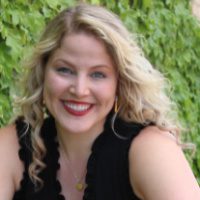
Julie Reusser works within the operations department at Feed The Hungry. The greatest joy of her work is working with our overseas partners to help facilitate their programs. Her role predominantly deals with the logistical side of getting the food to its destination and helping to handle the clearing process. She is also communicating with the partners to be sure that they do not run out of food and that each container is coming in a timely fashion. She manages their feedback and monitoring and evaluating how the feeding programs are being managed. Connect with Julie on LinkedIn.
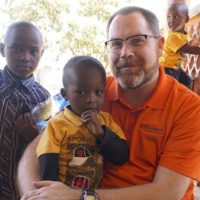
Roger Walterhouse has been a pastor for 30 years serving in adult and youth ministries. In 2017, after many years of leading short term mission trips for the churches he served, Feed the Hungry hired him to oversee the ministry programs. Currently they are feeding over 380,000 children in 23 countries. Connect with Roger on LinkedIn.
